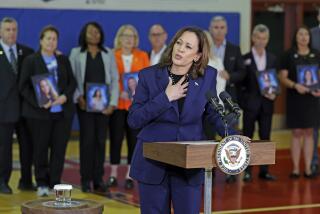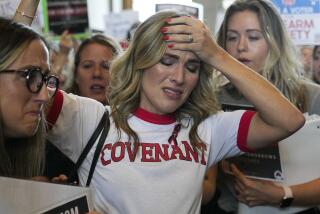Trayvon Martinâs mother calls for fixes to âstand your groundâ laws
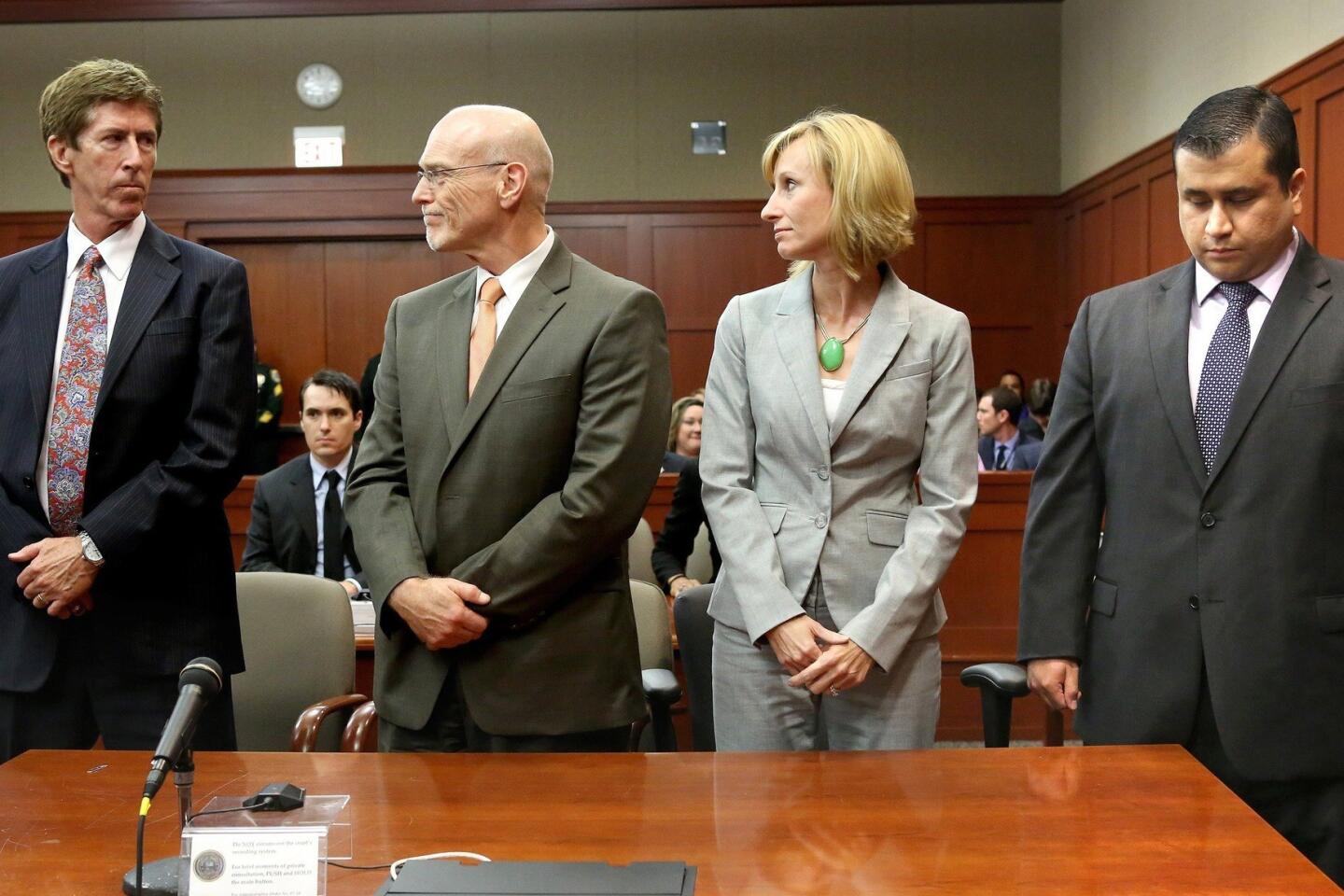

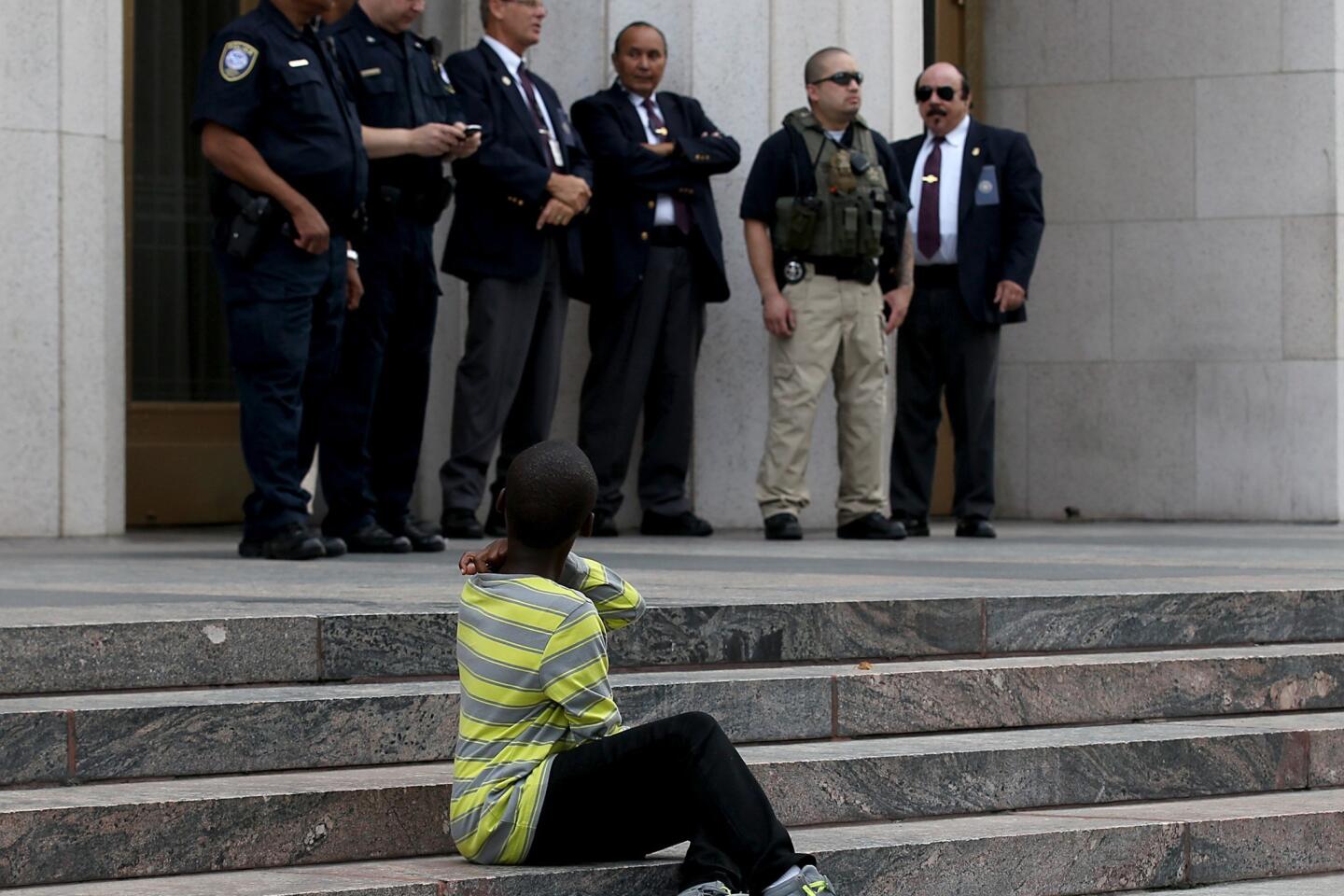
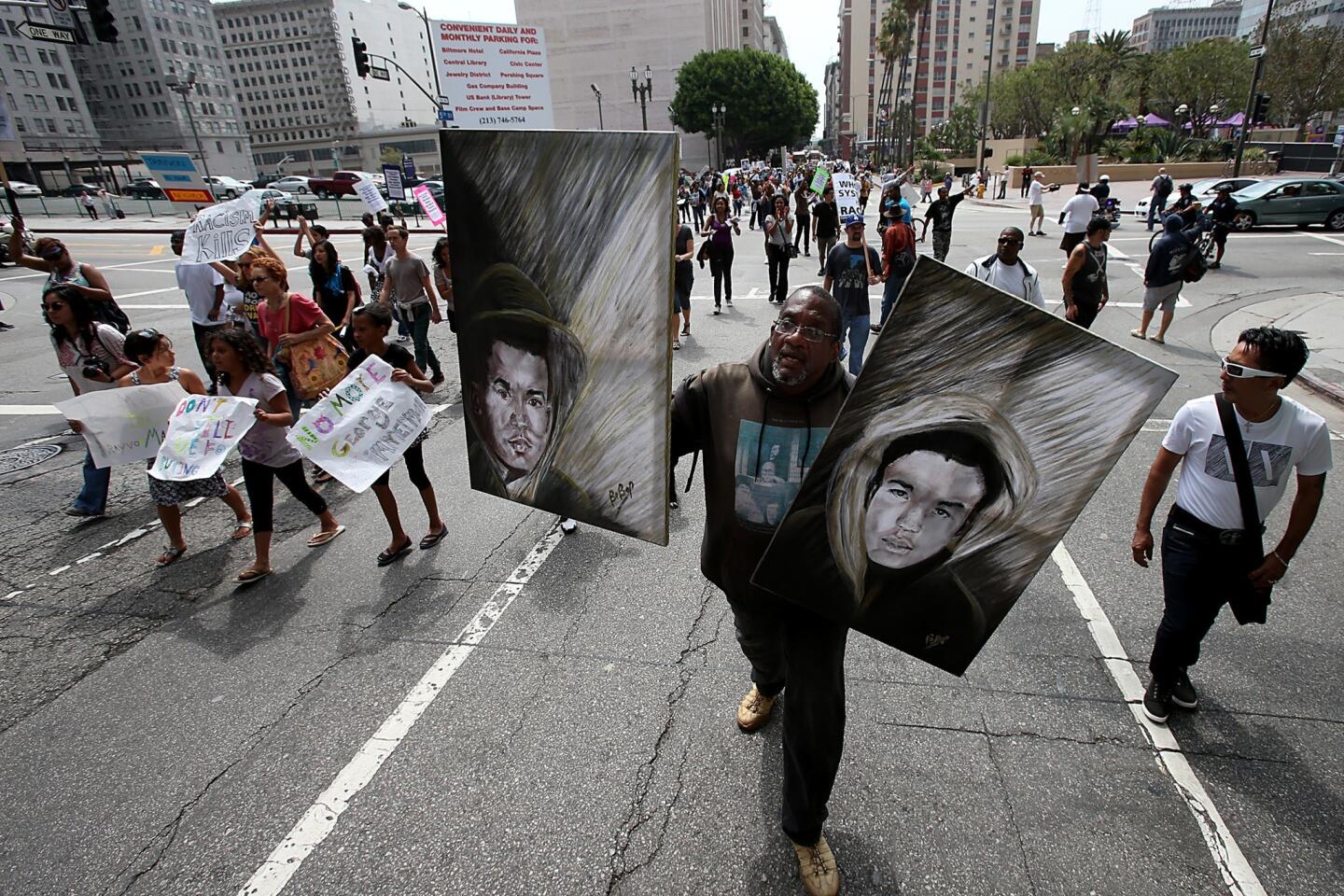
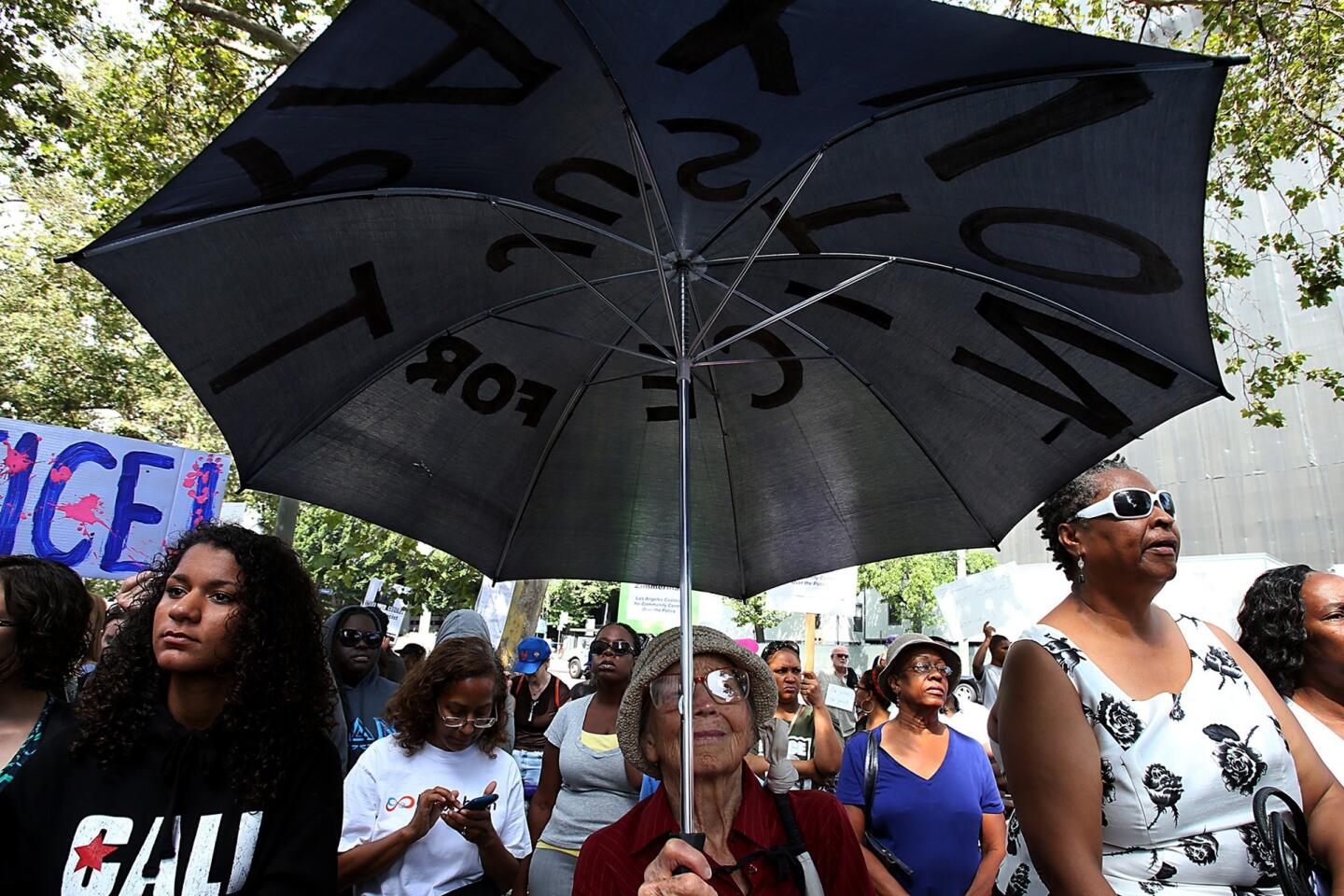

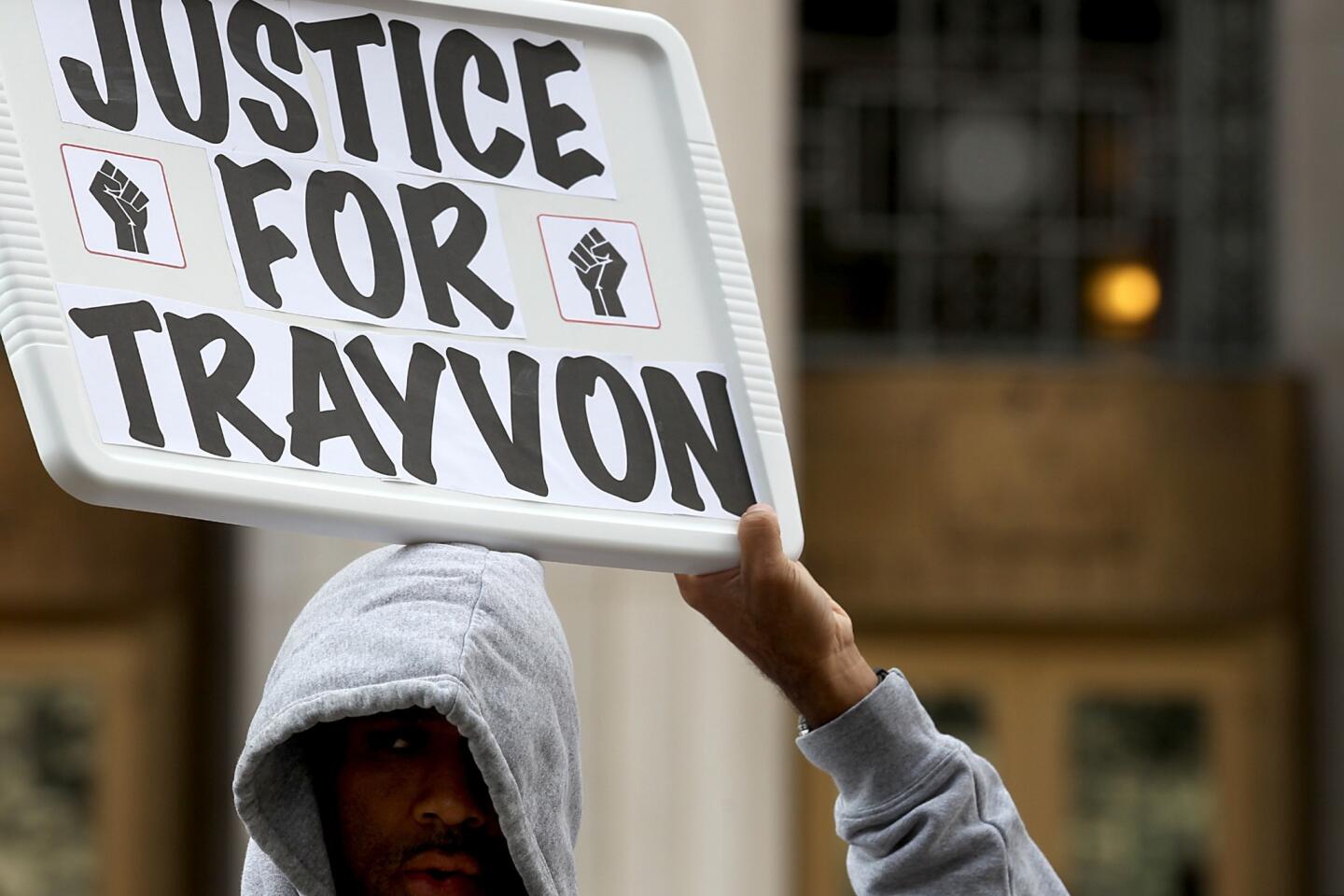
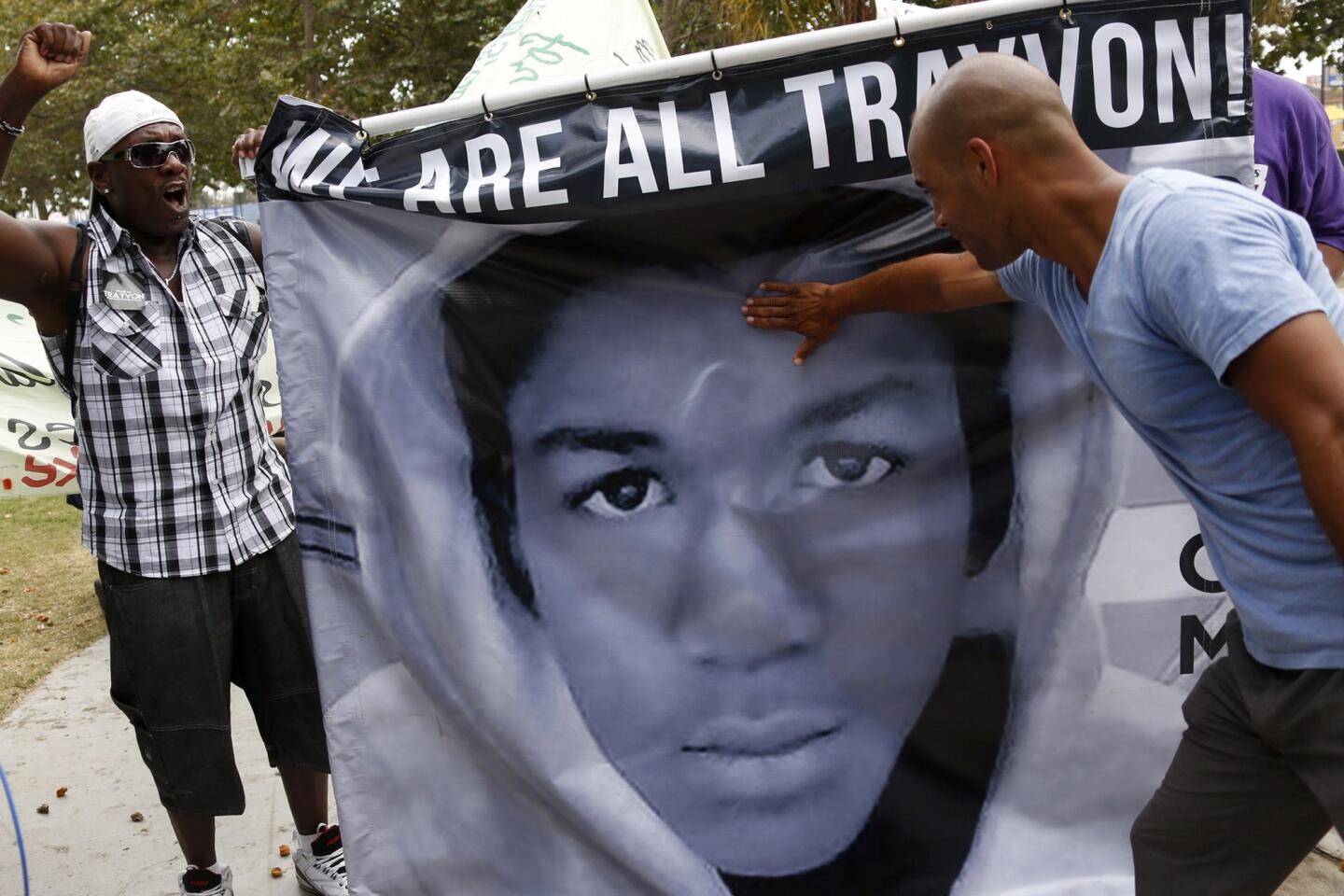
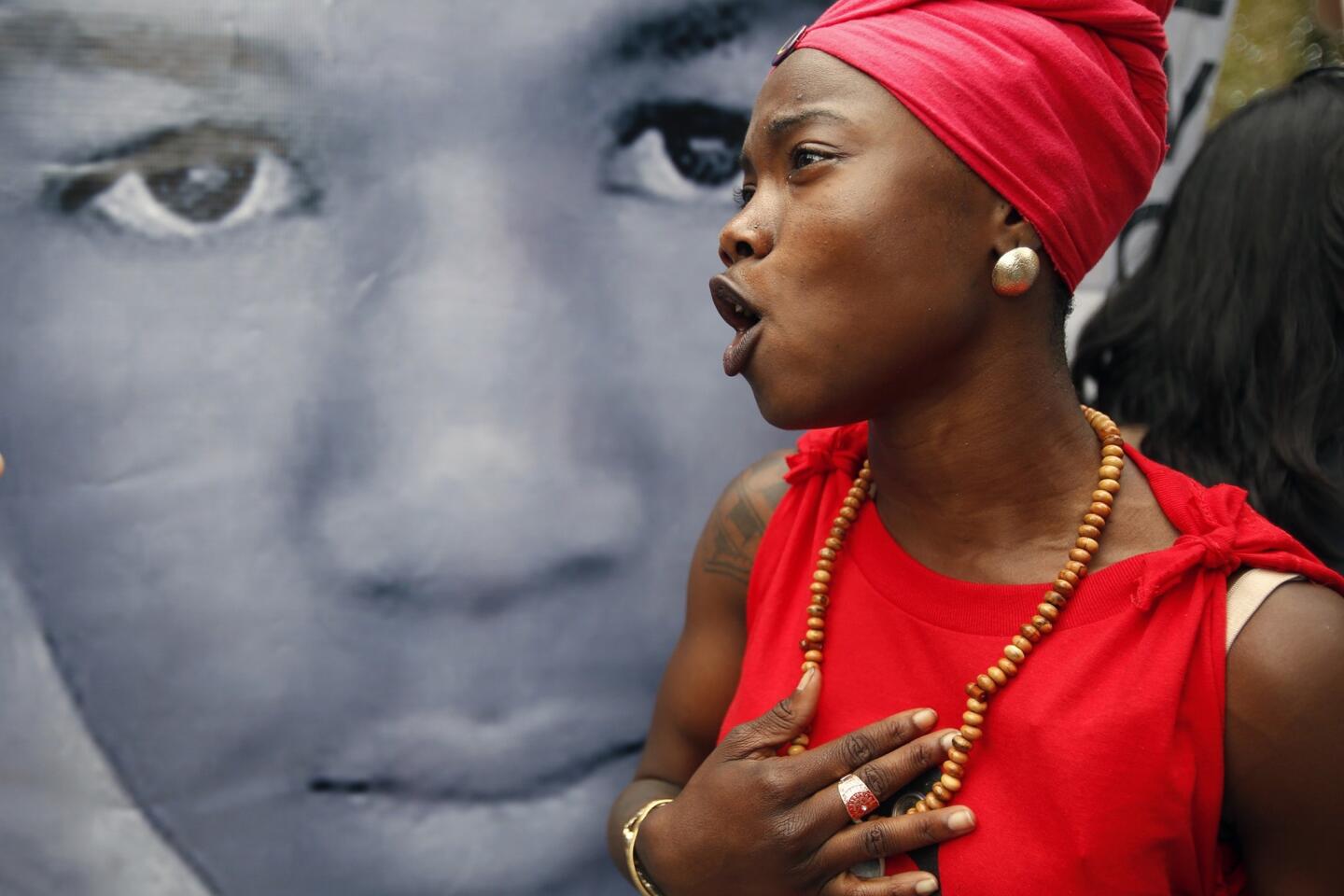
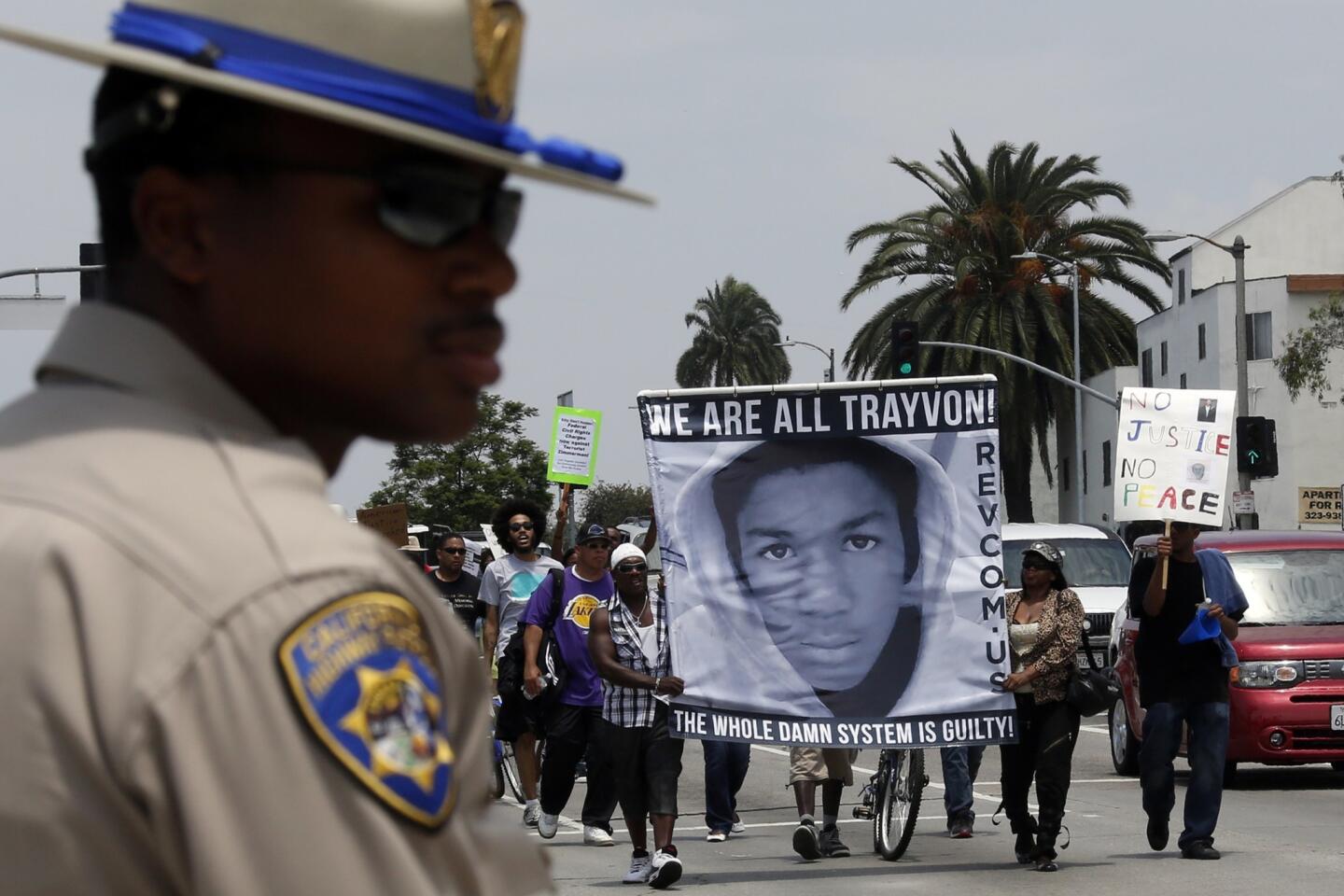
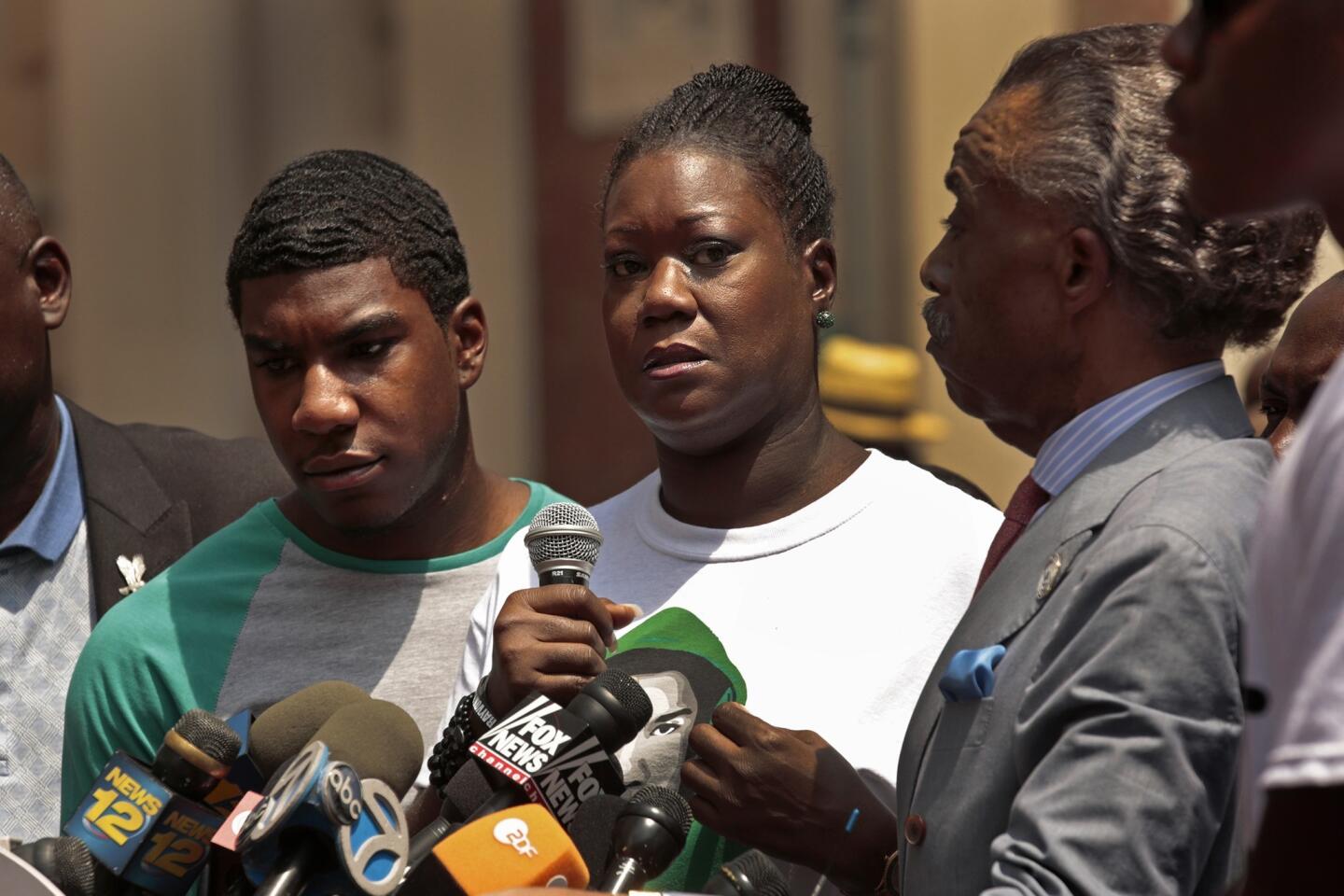
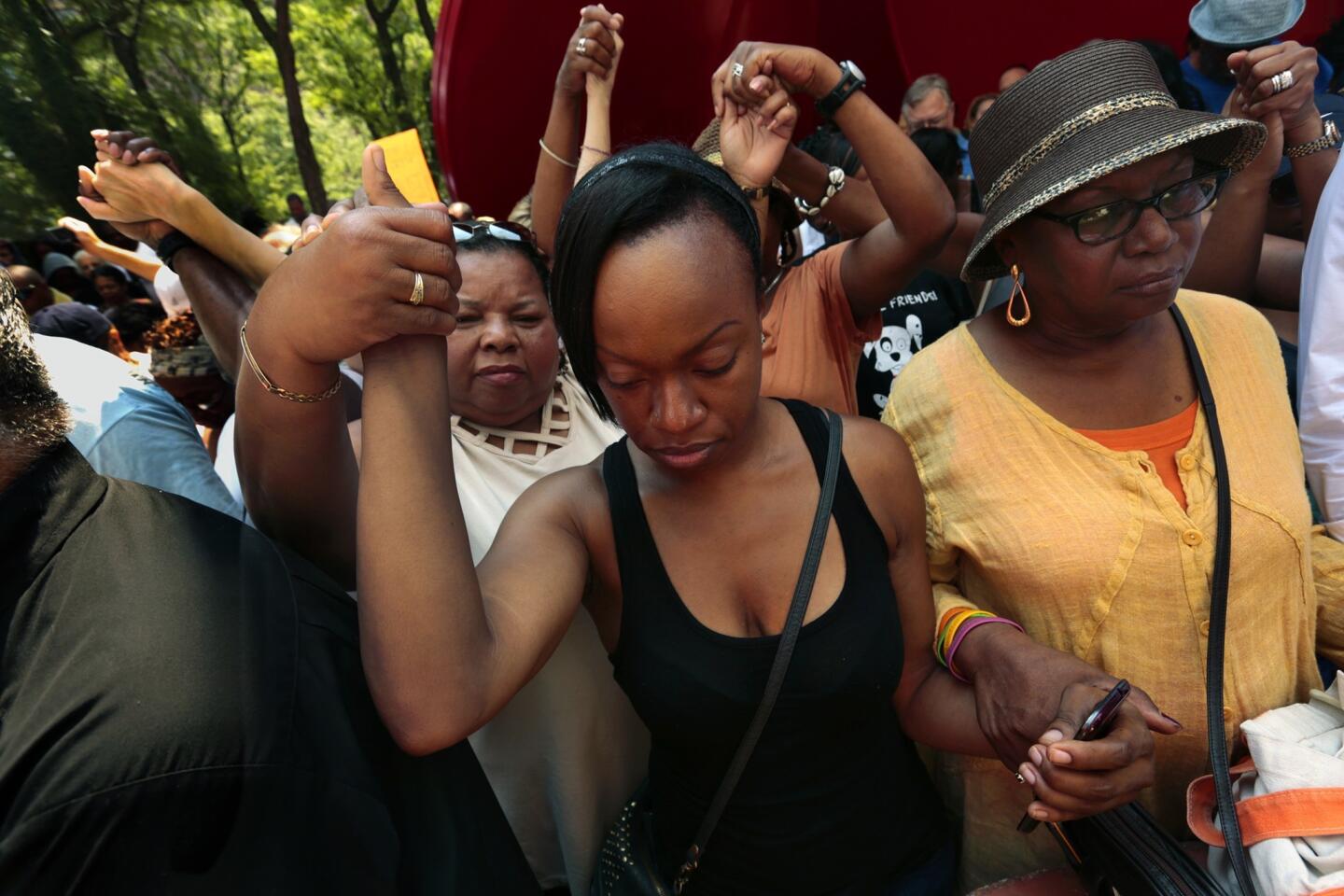
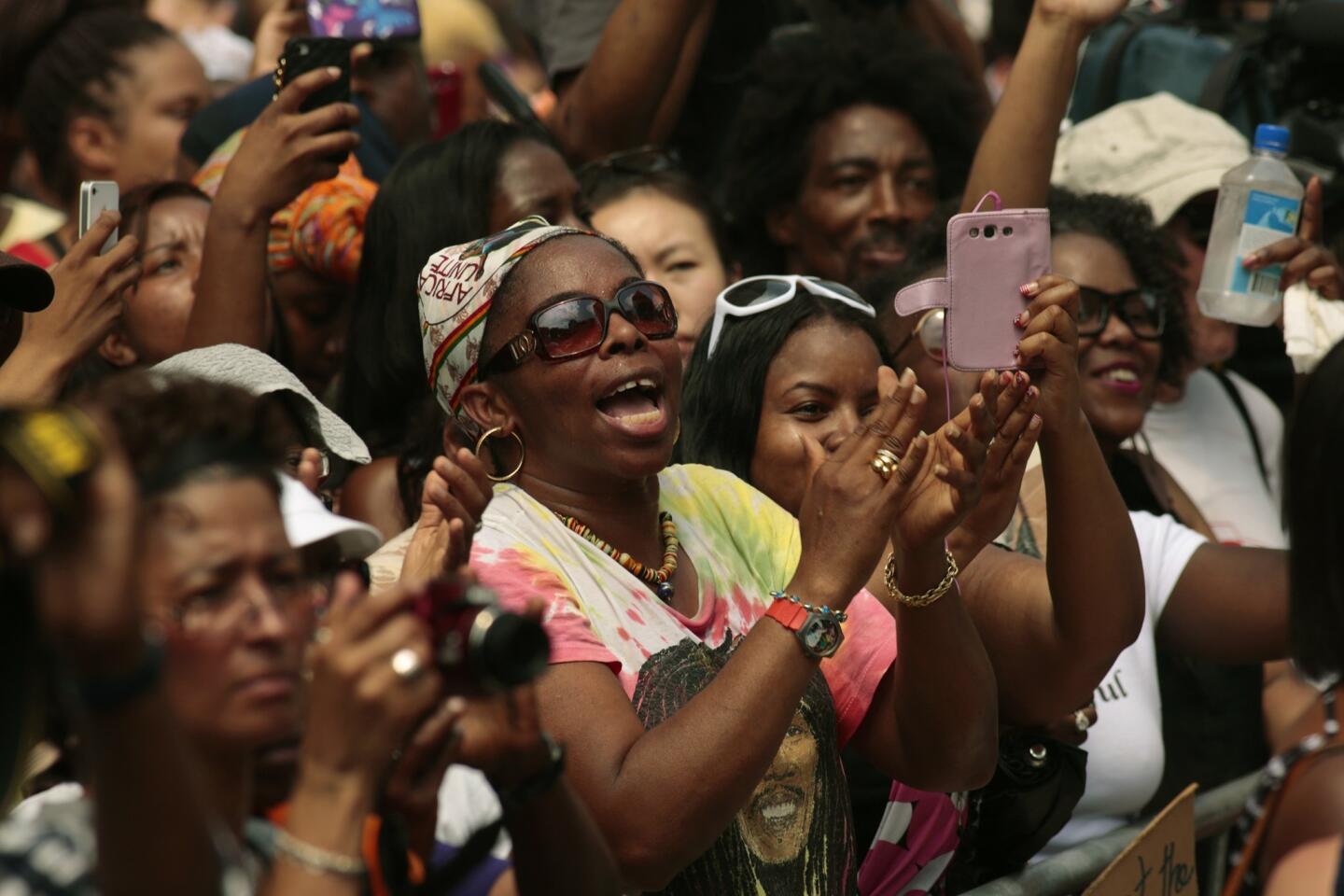

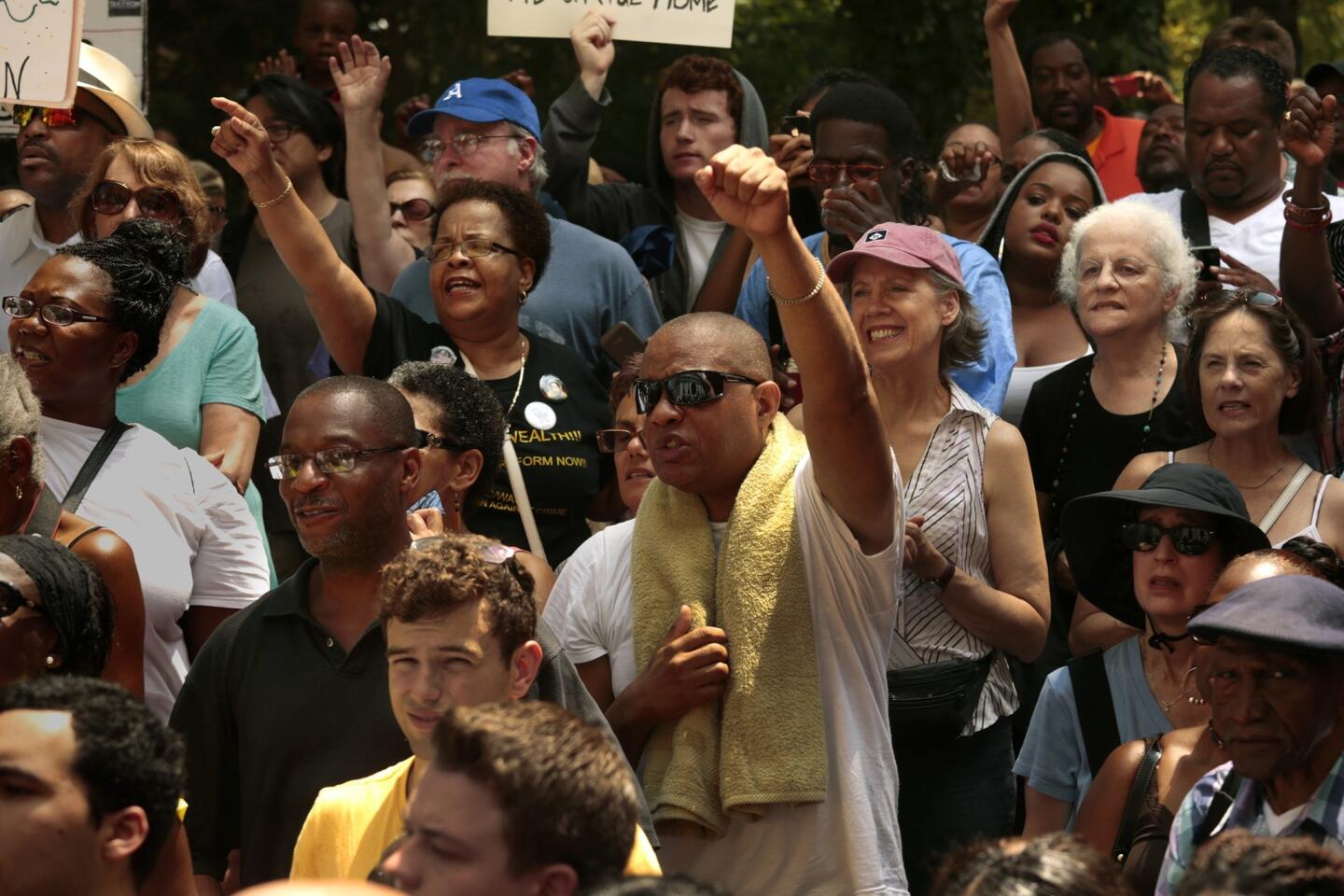

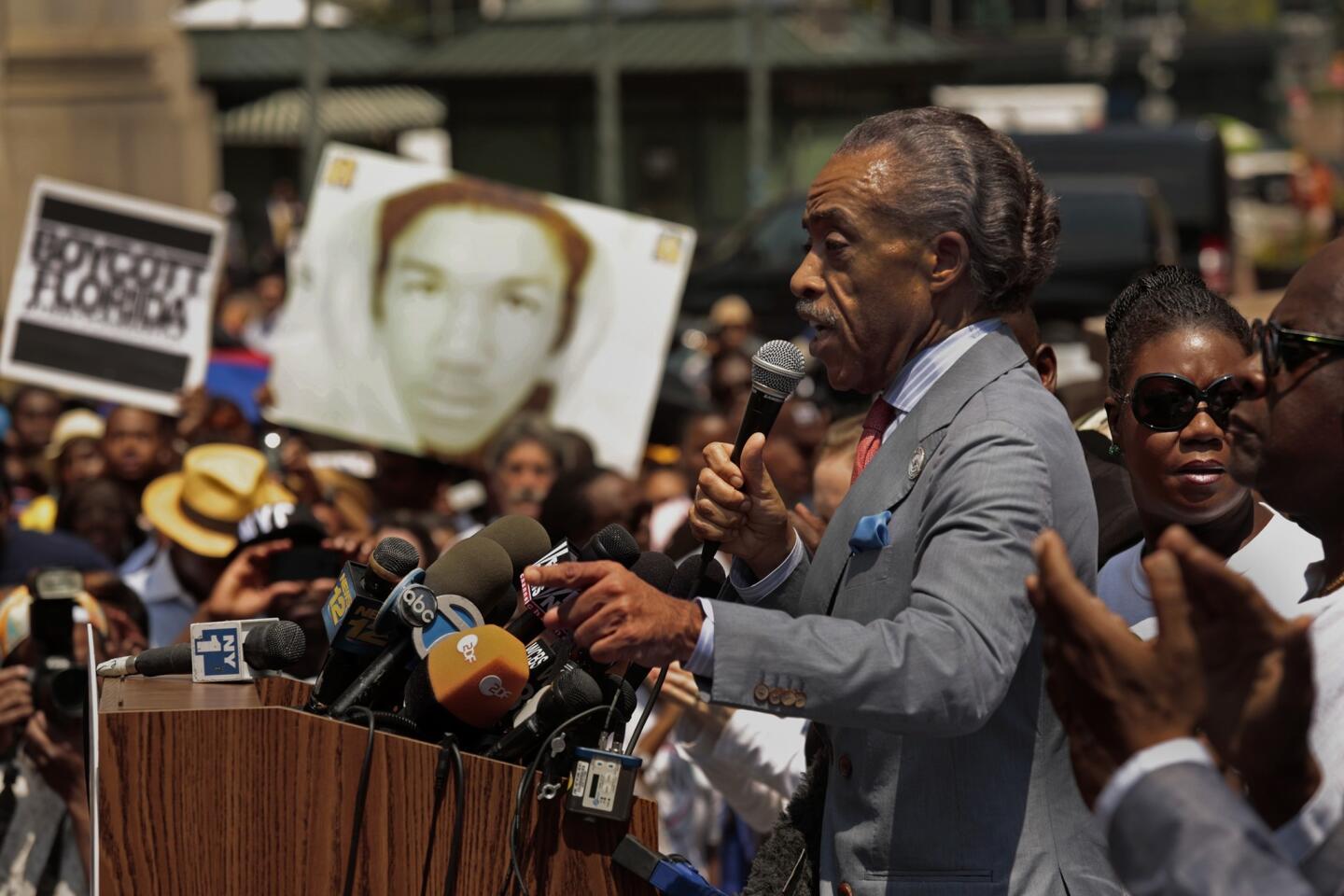
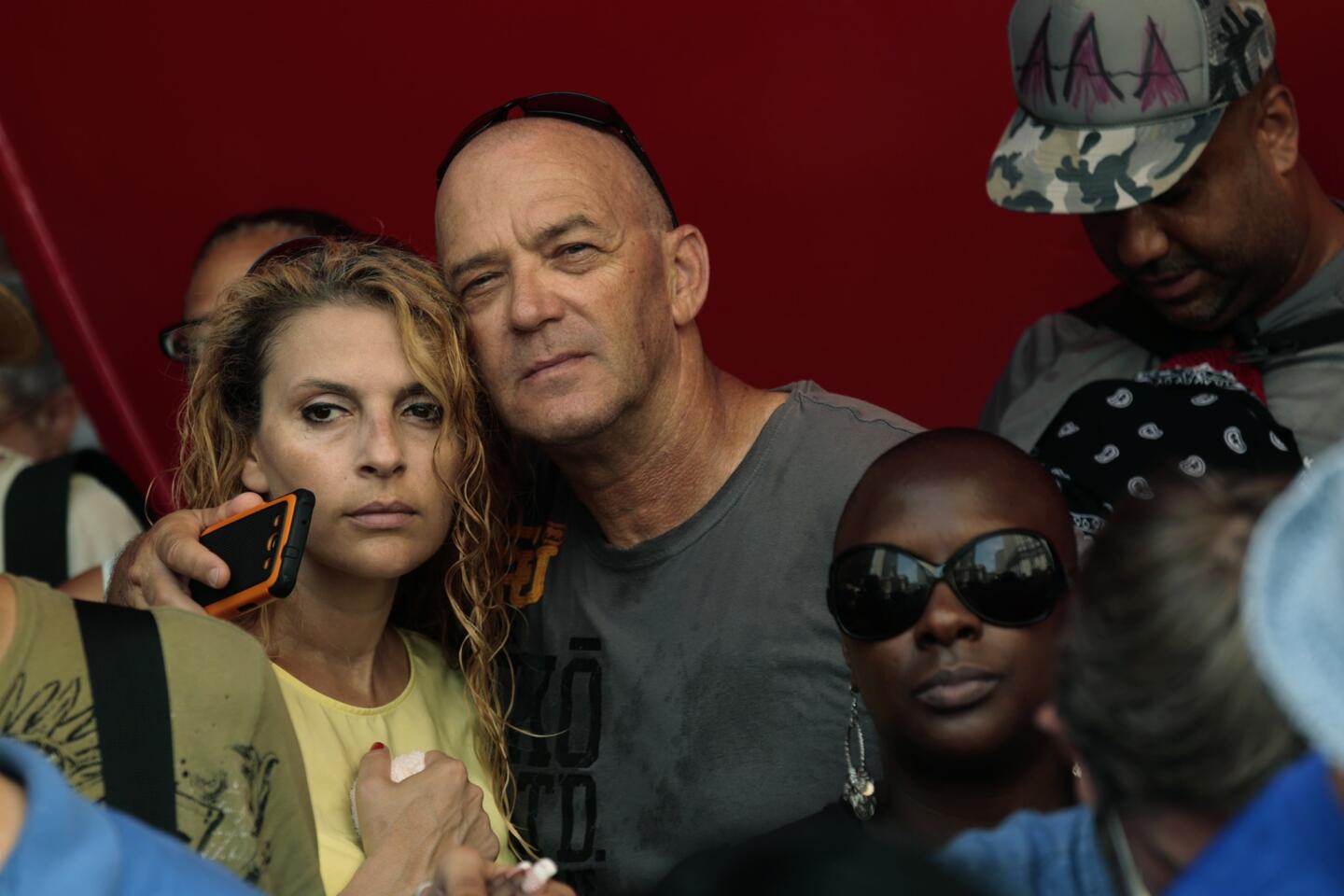
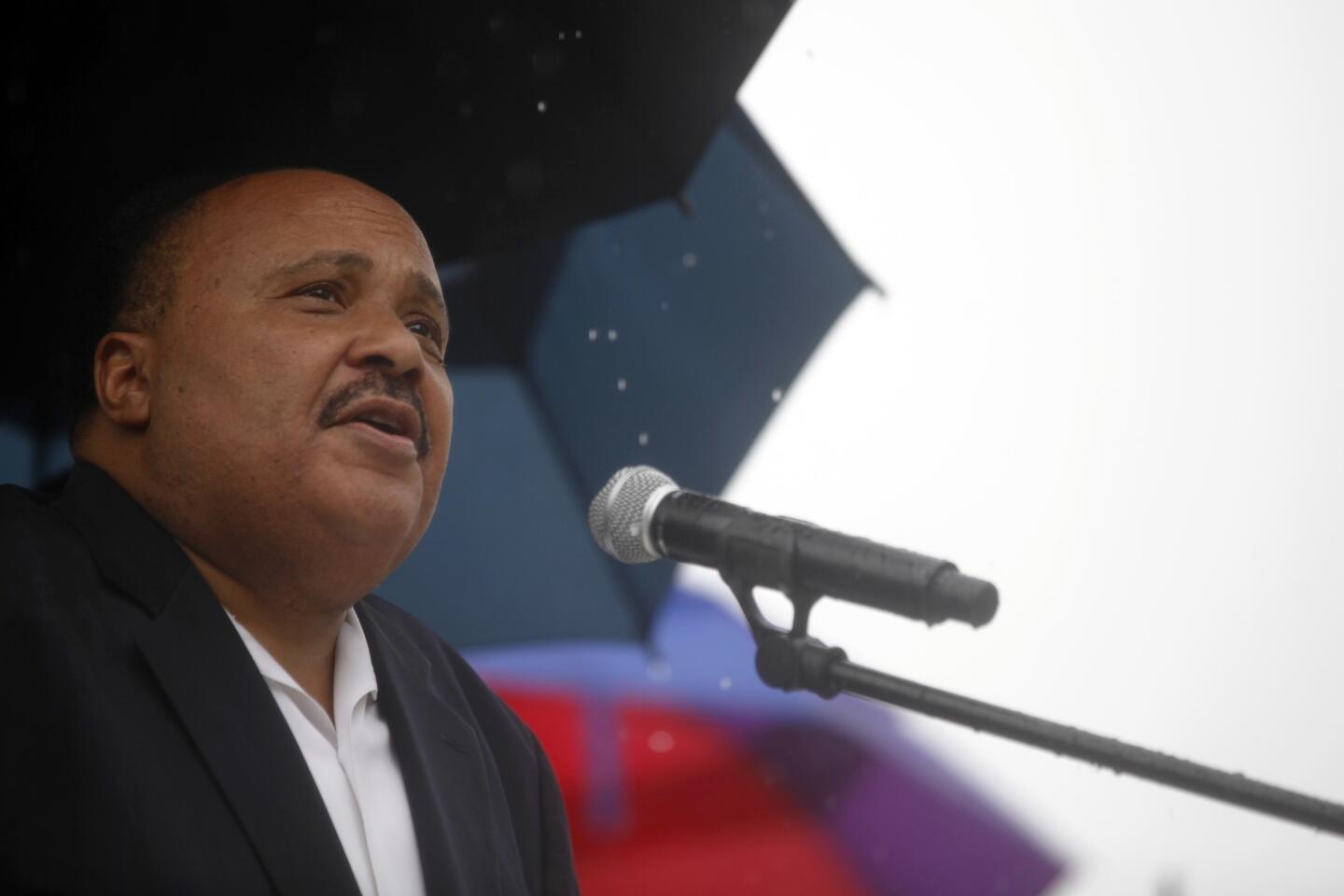
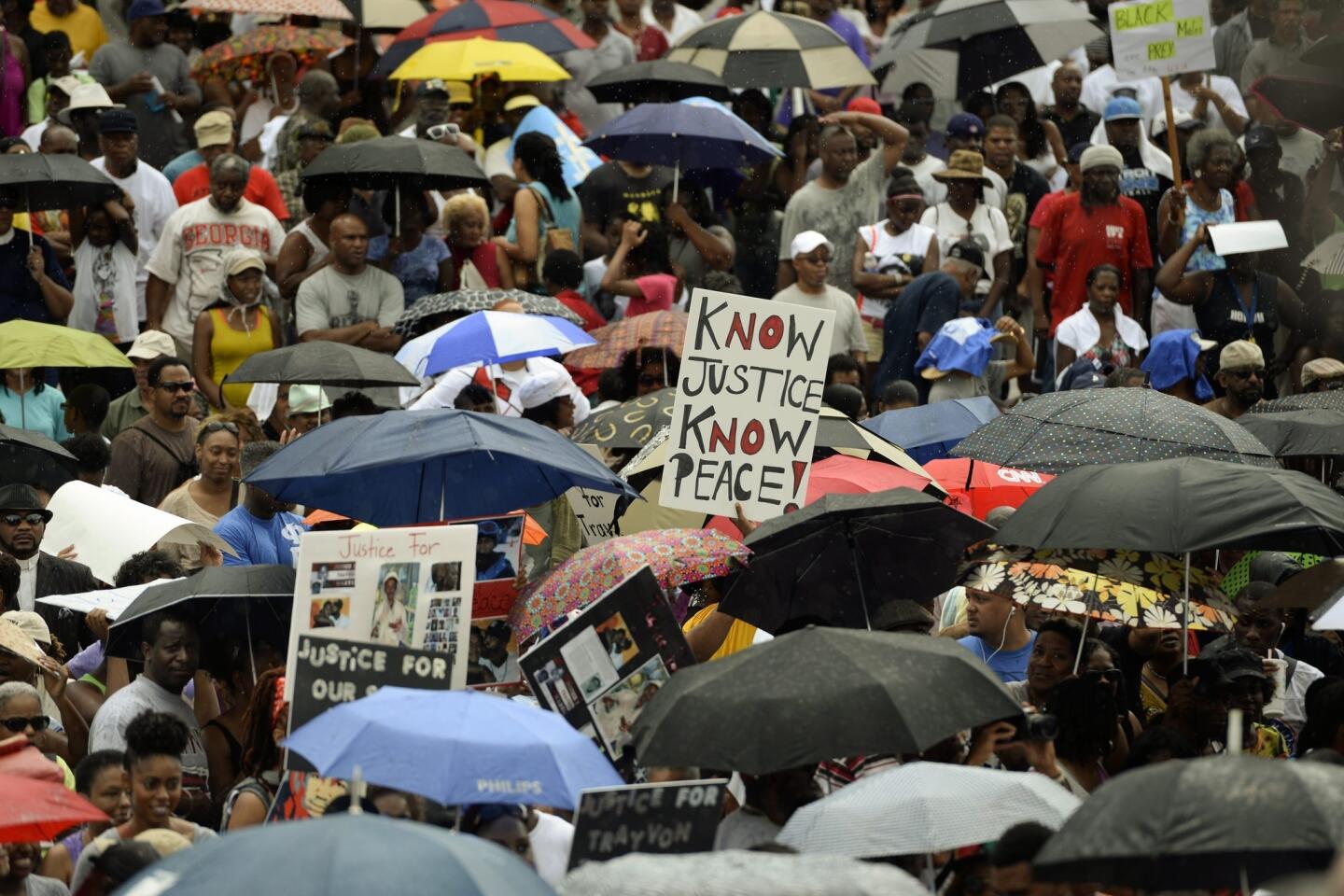
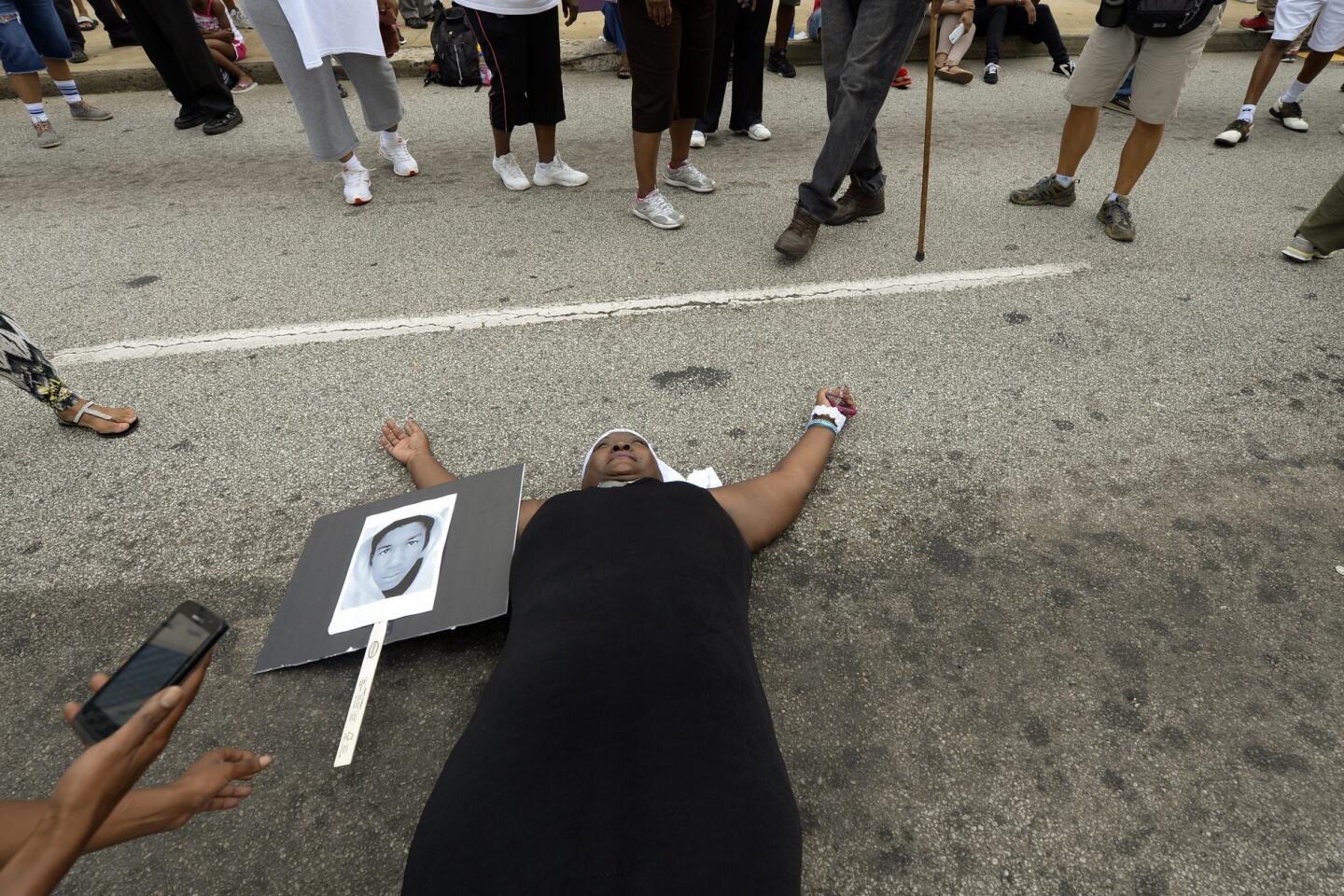
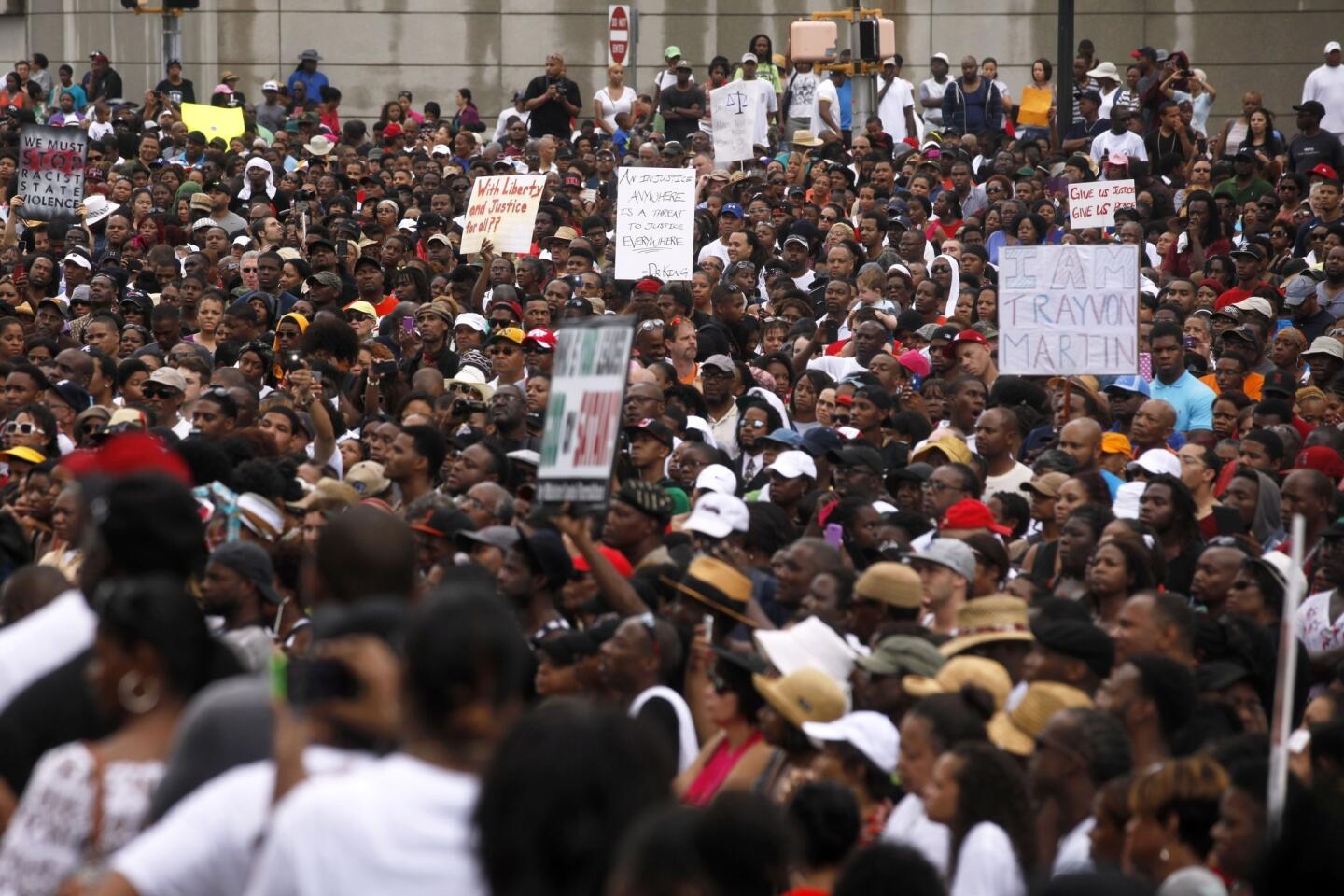
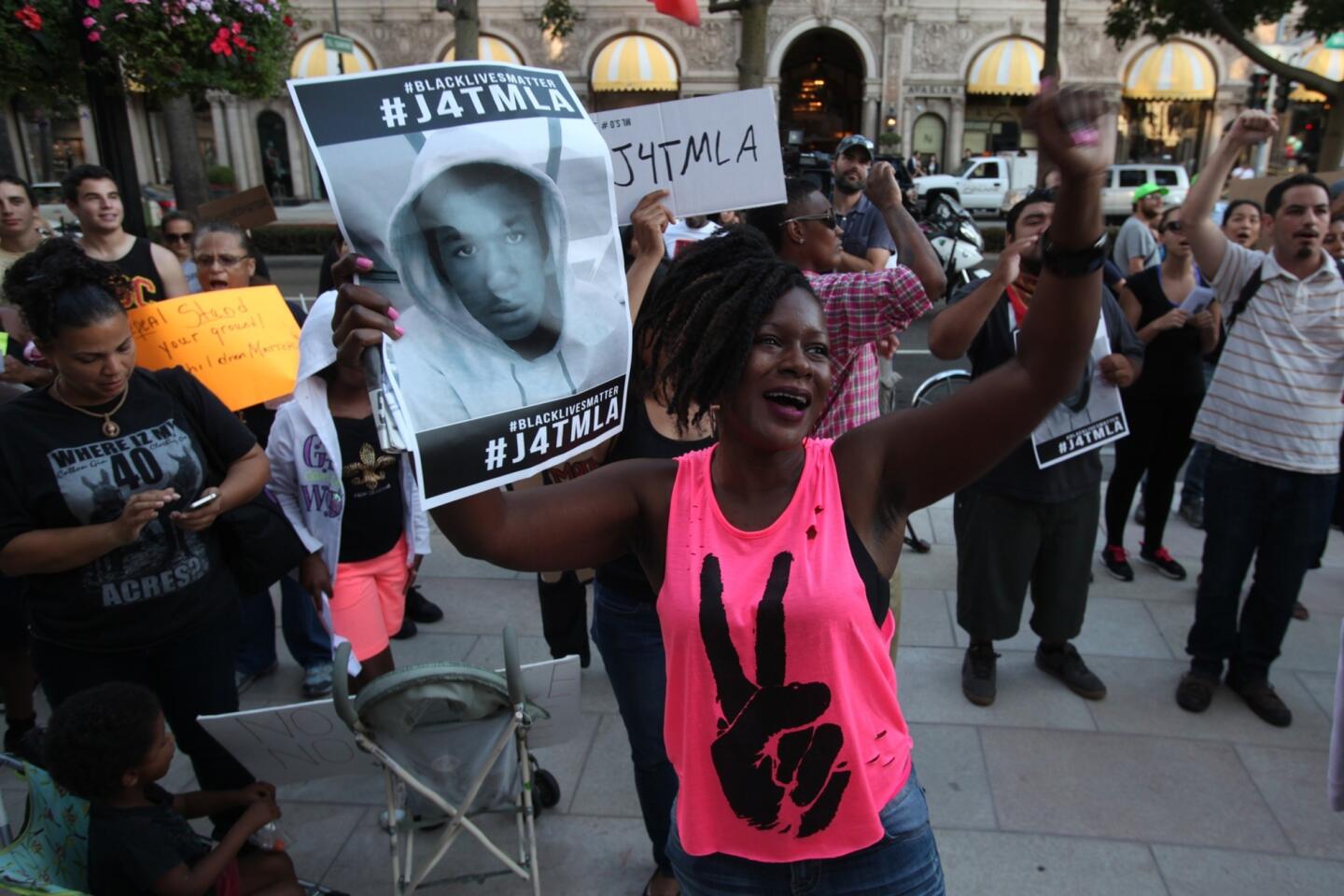
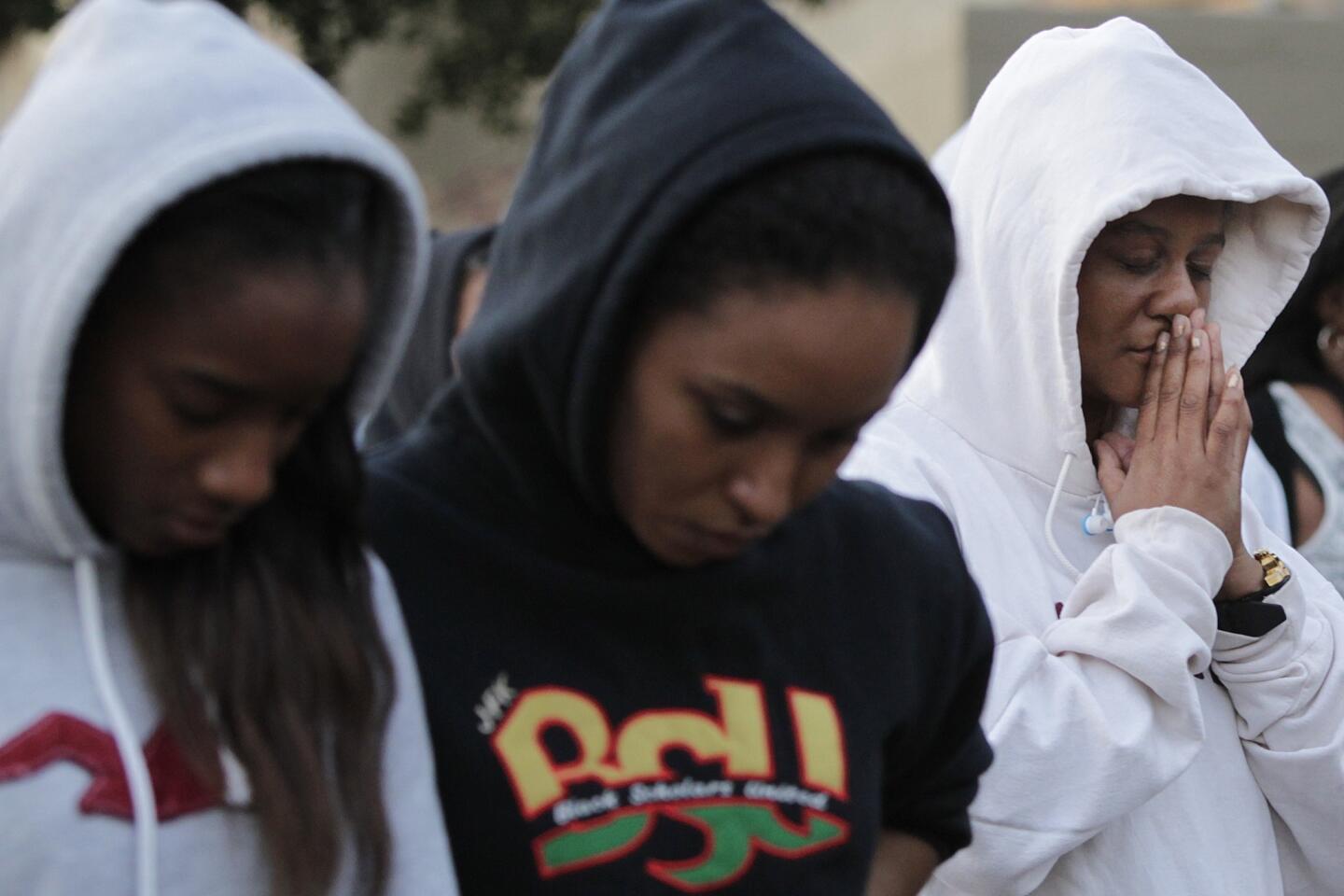
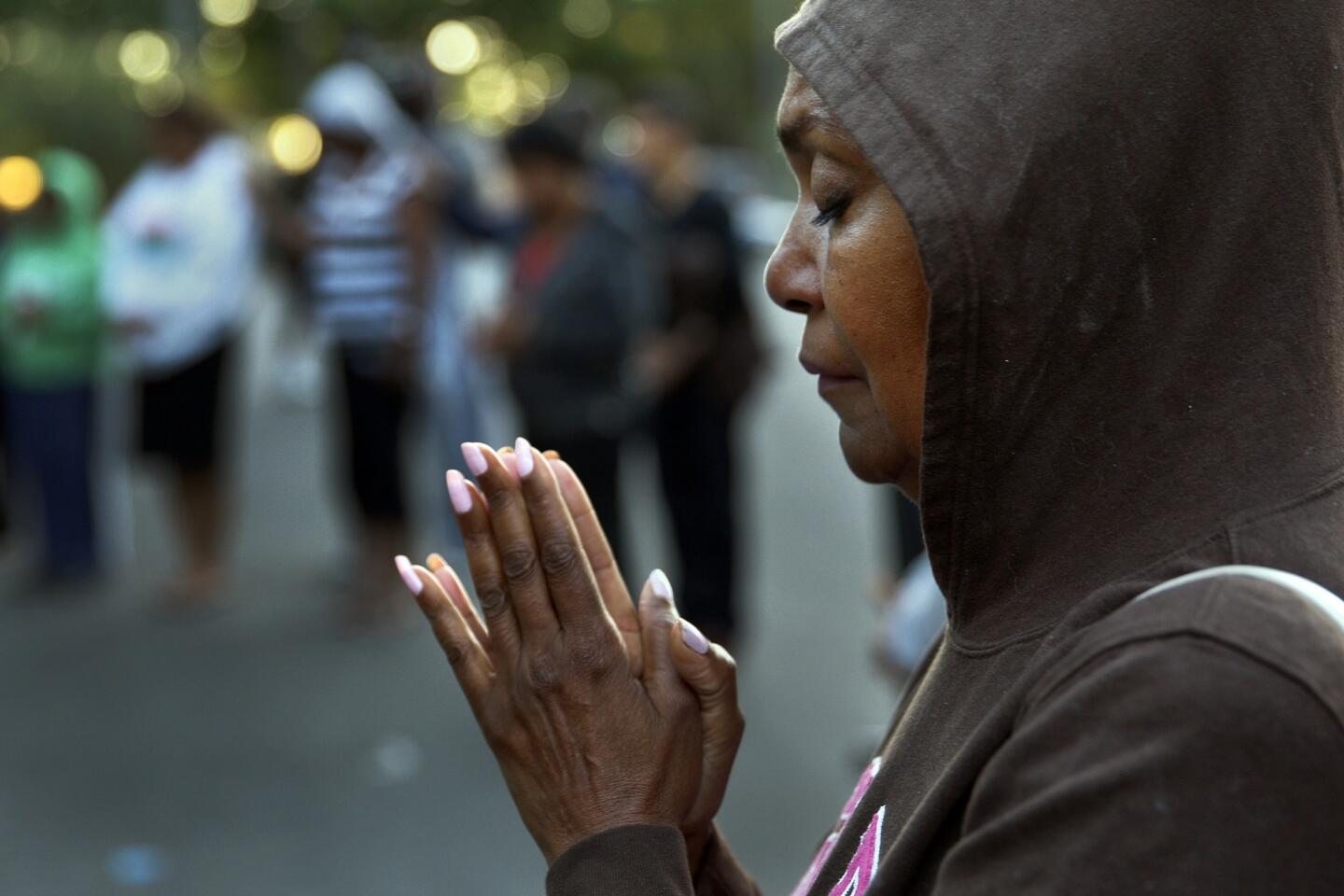
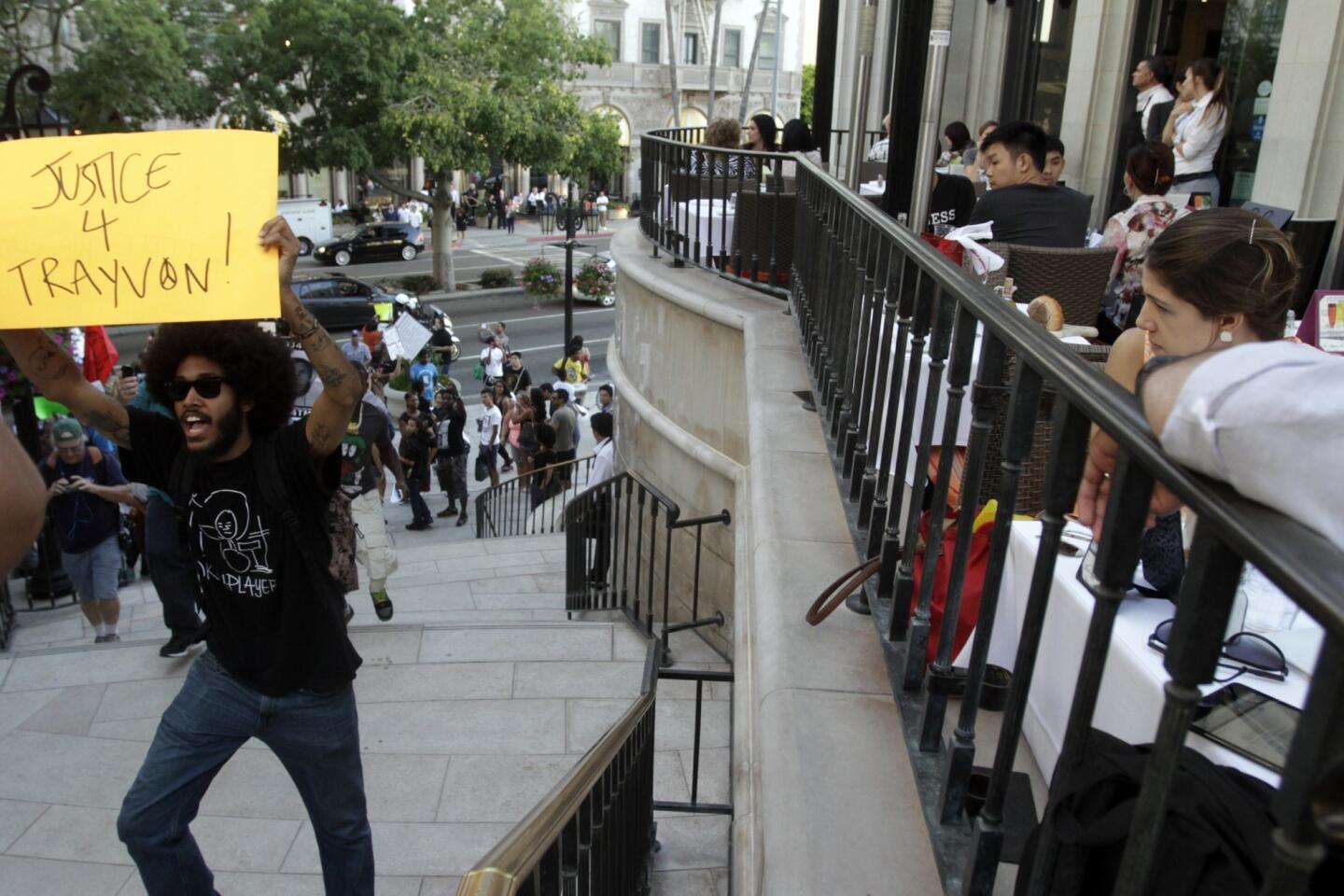

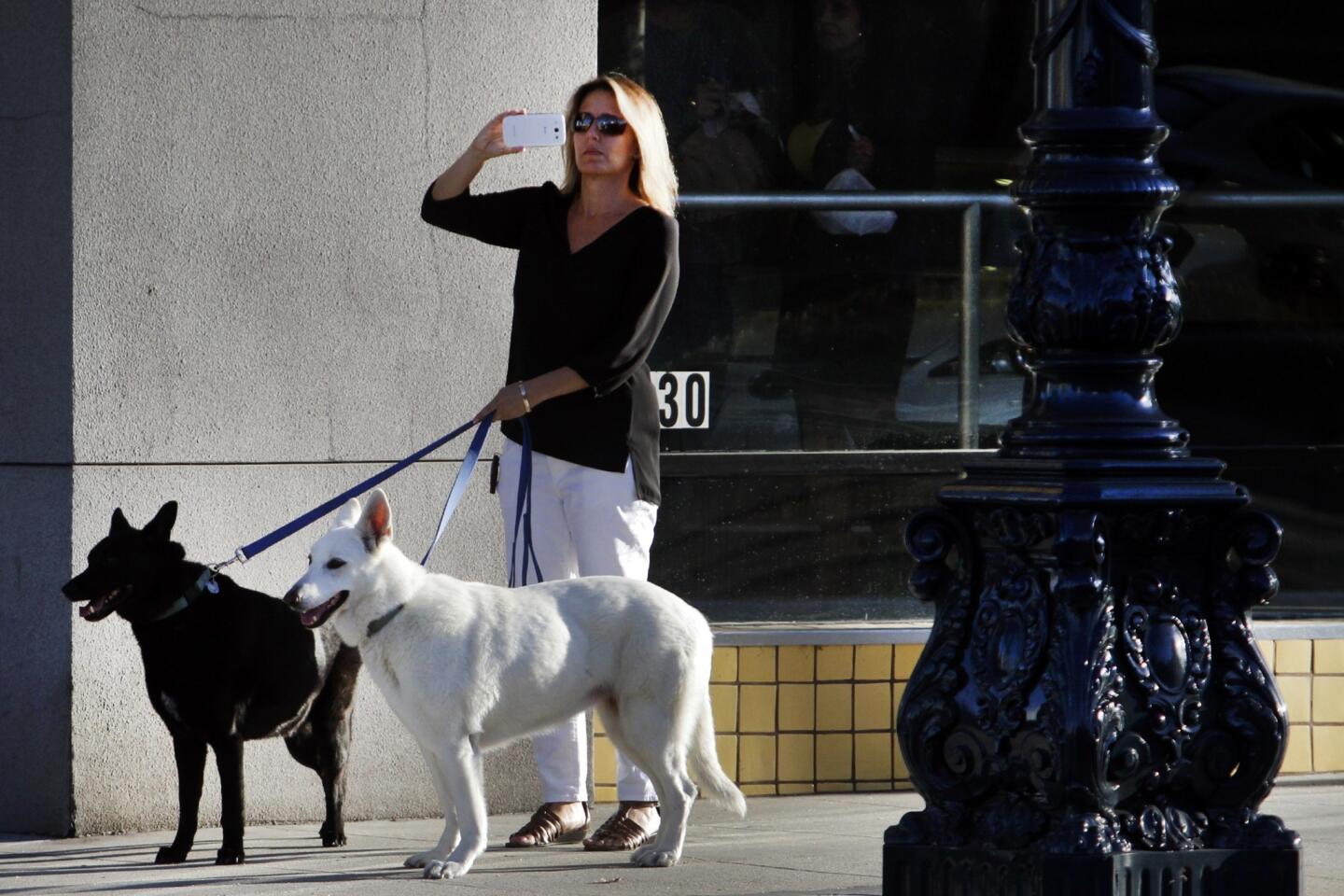
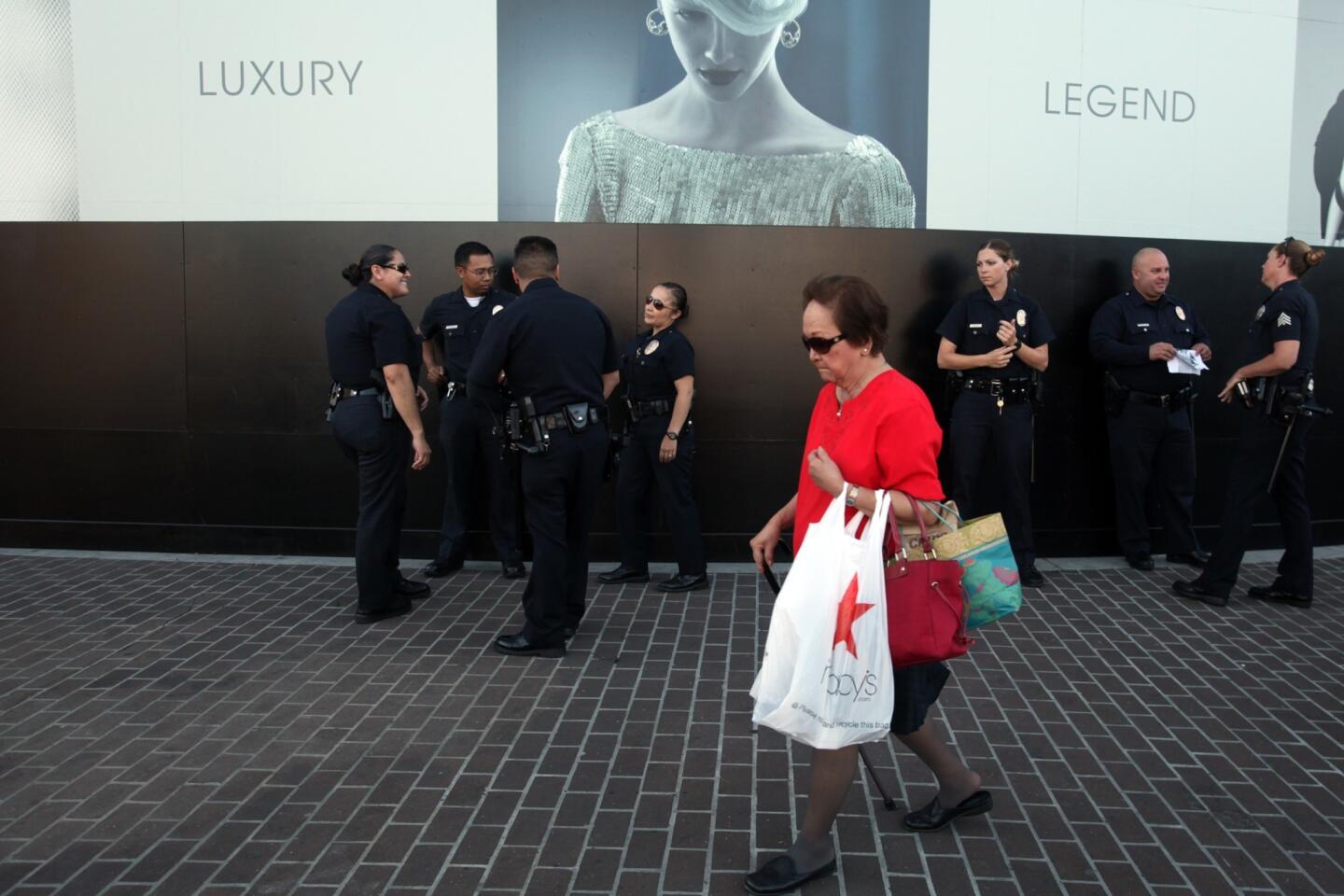
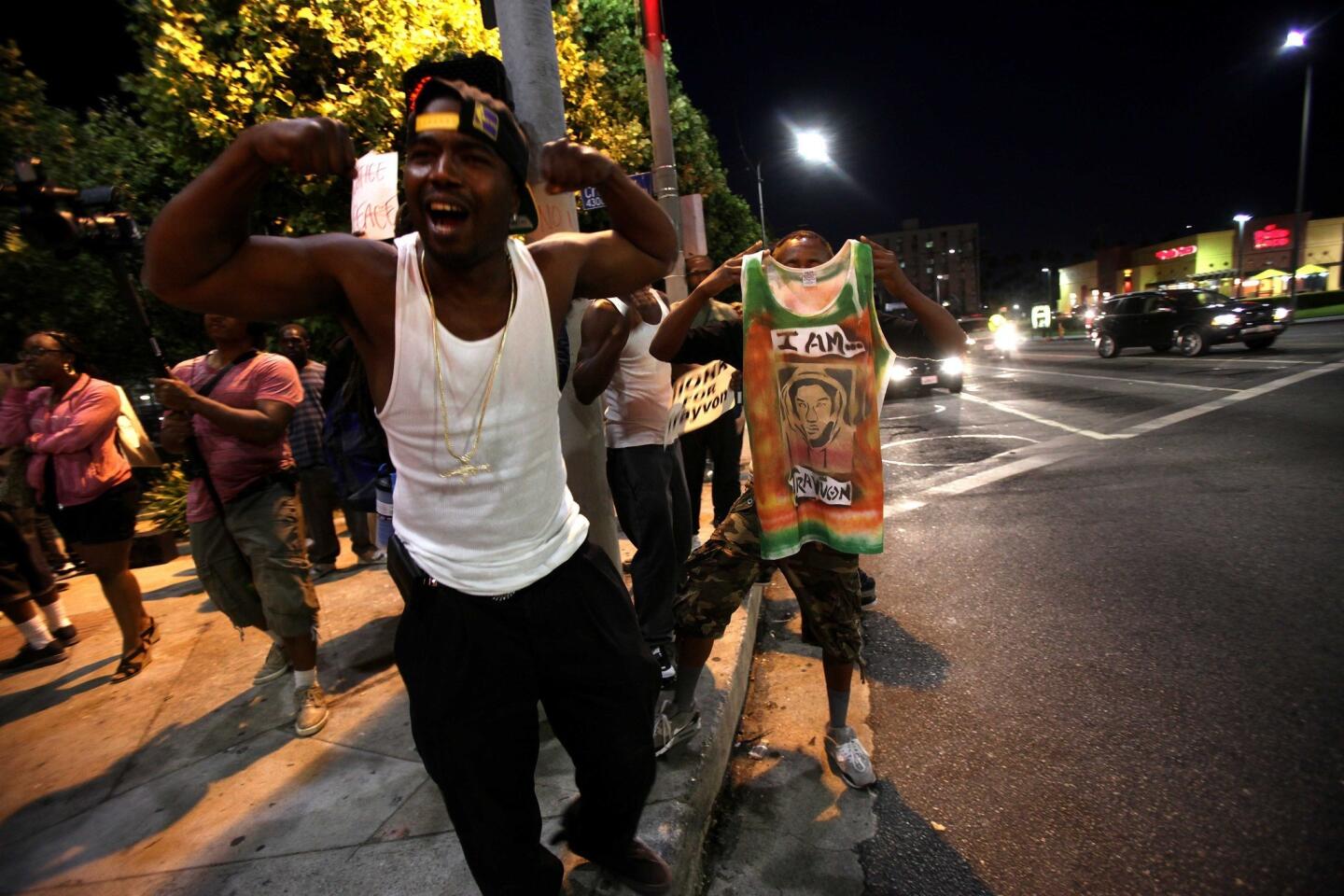
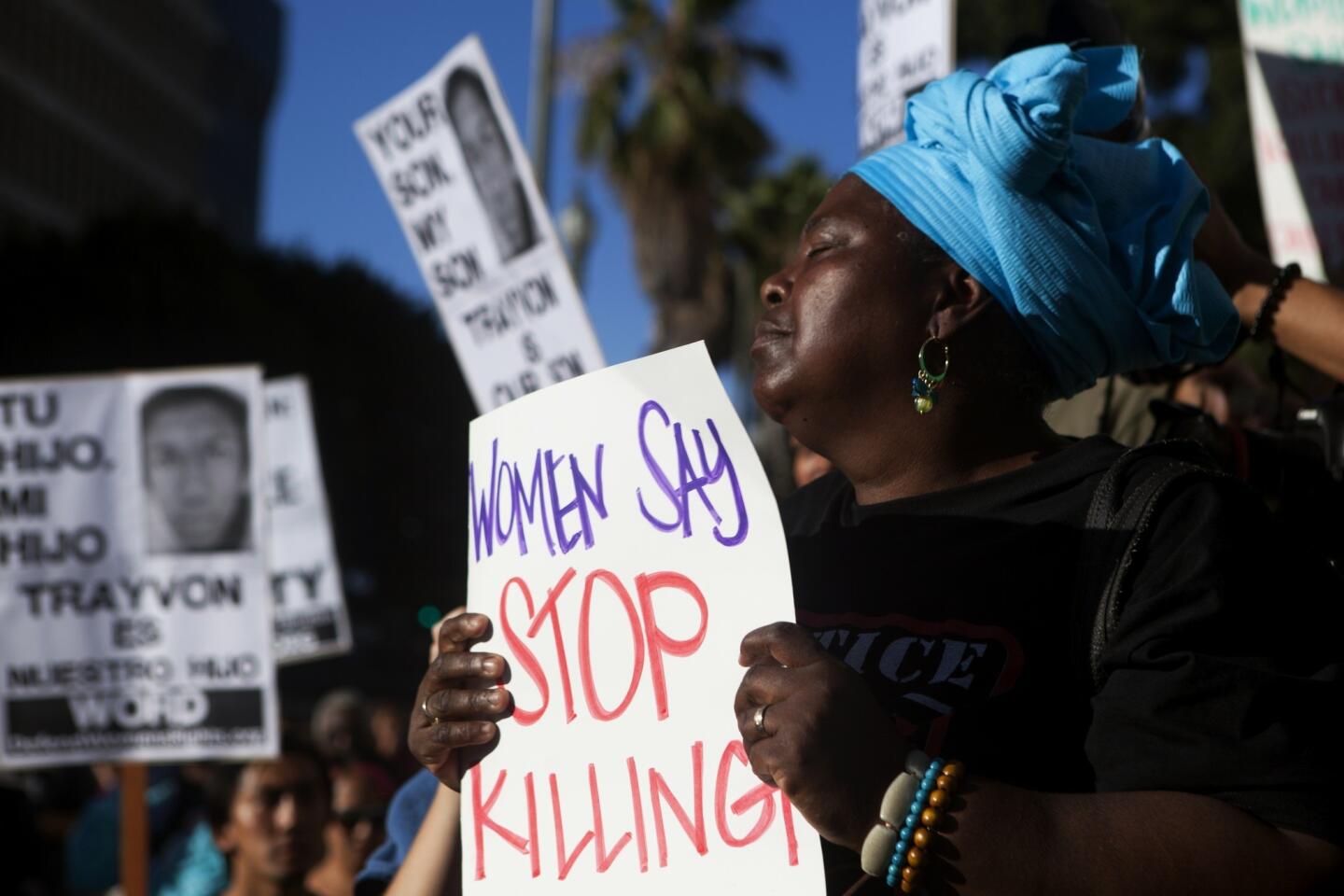
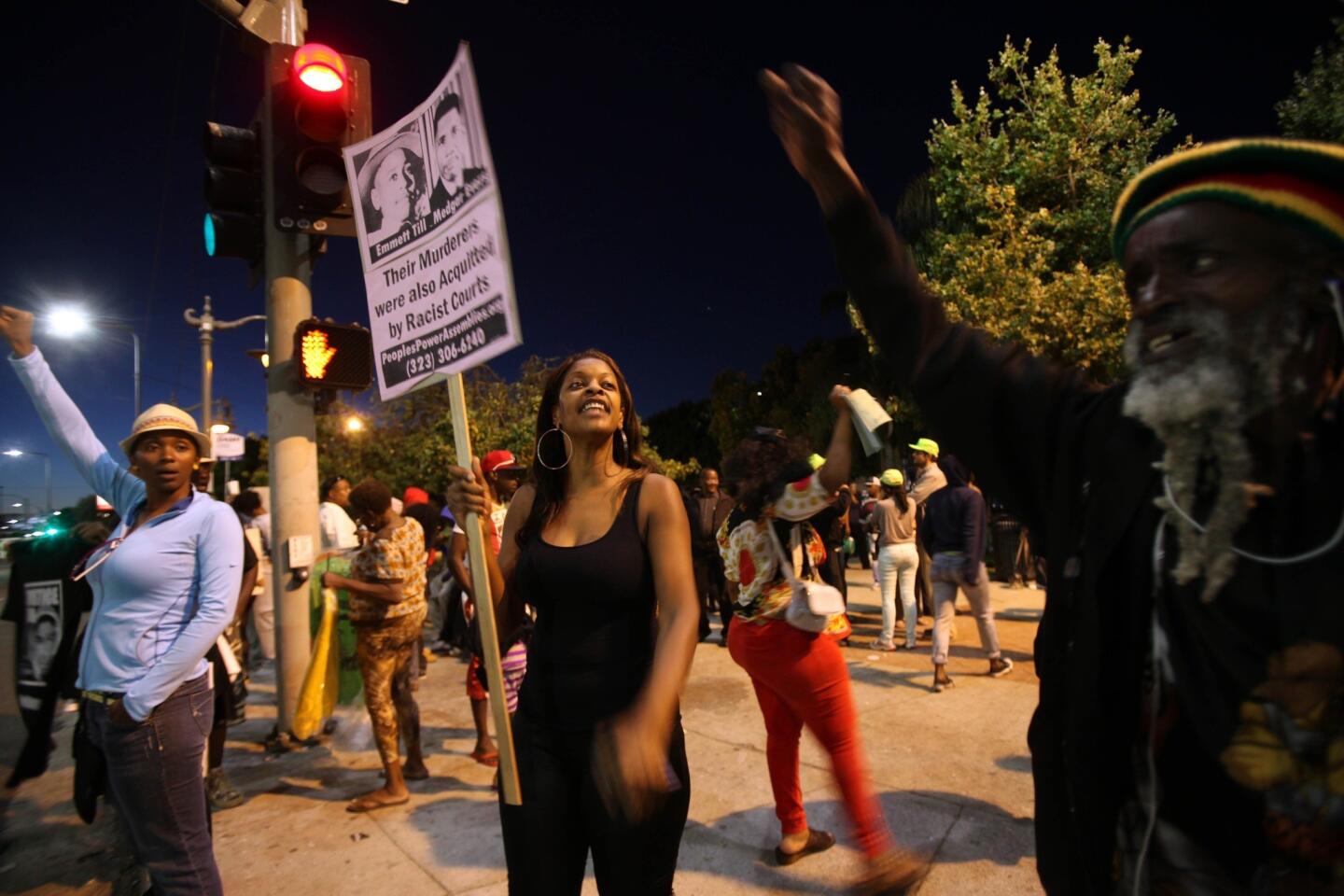
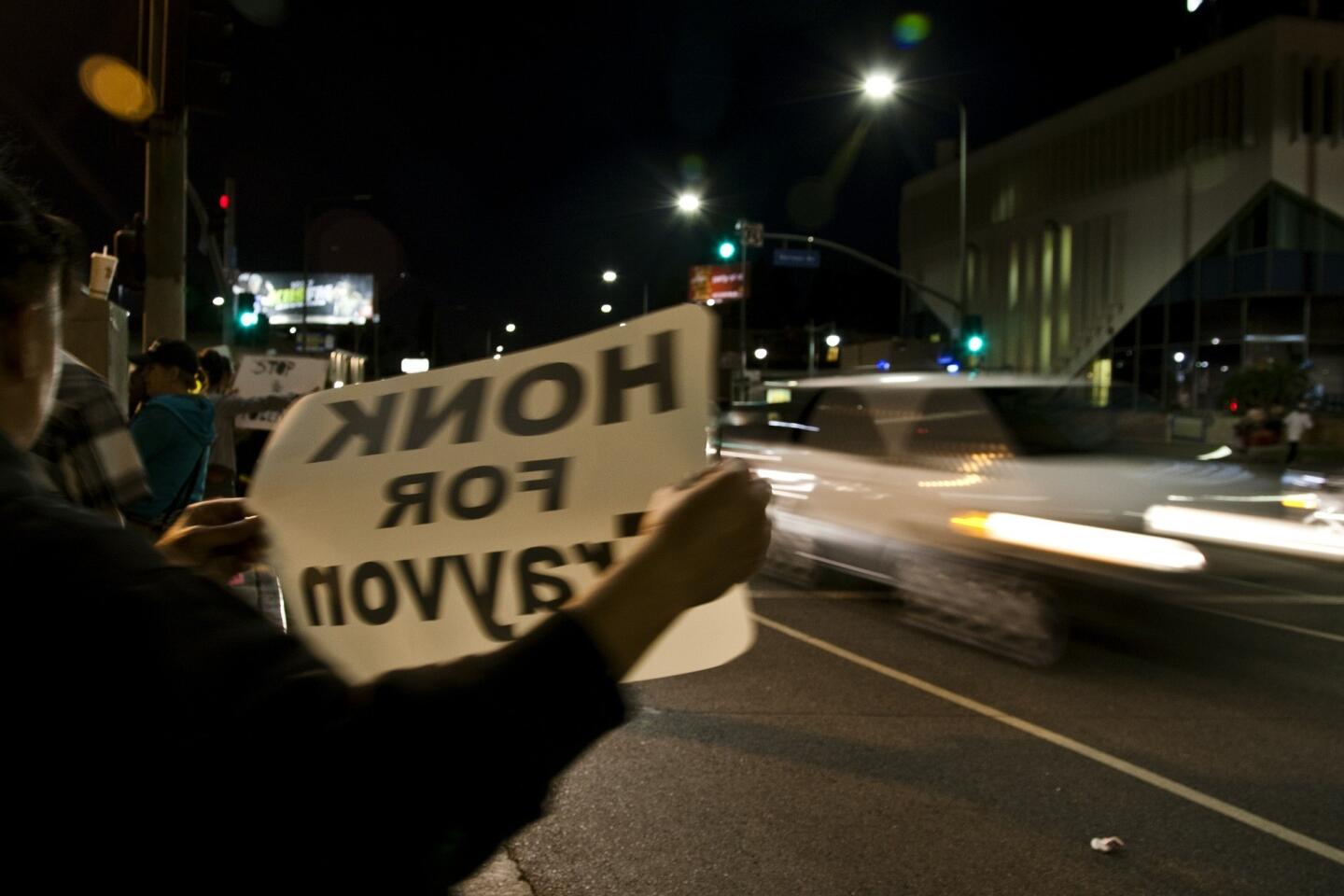
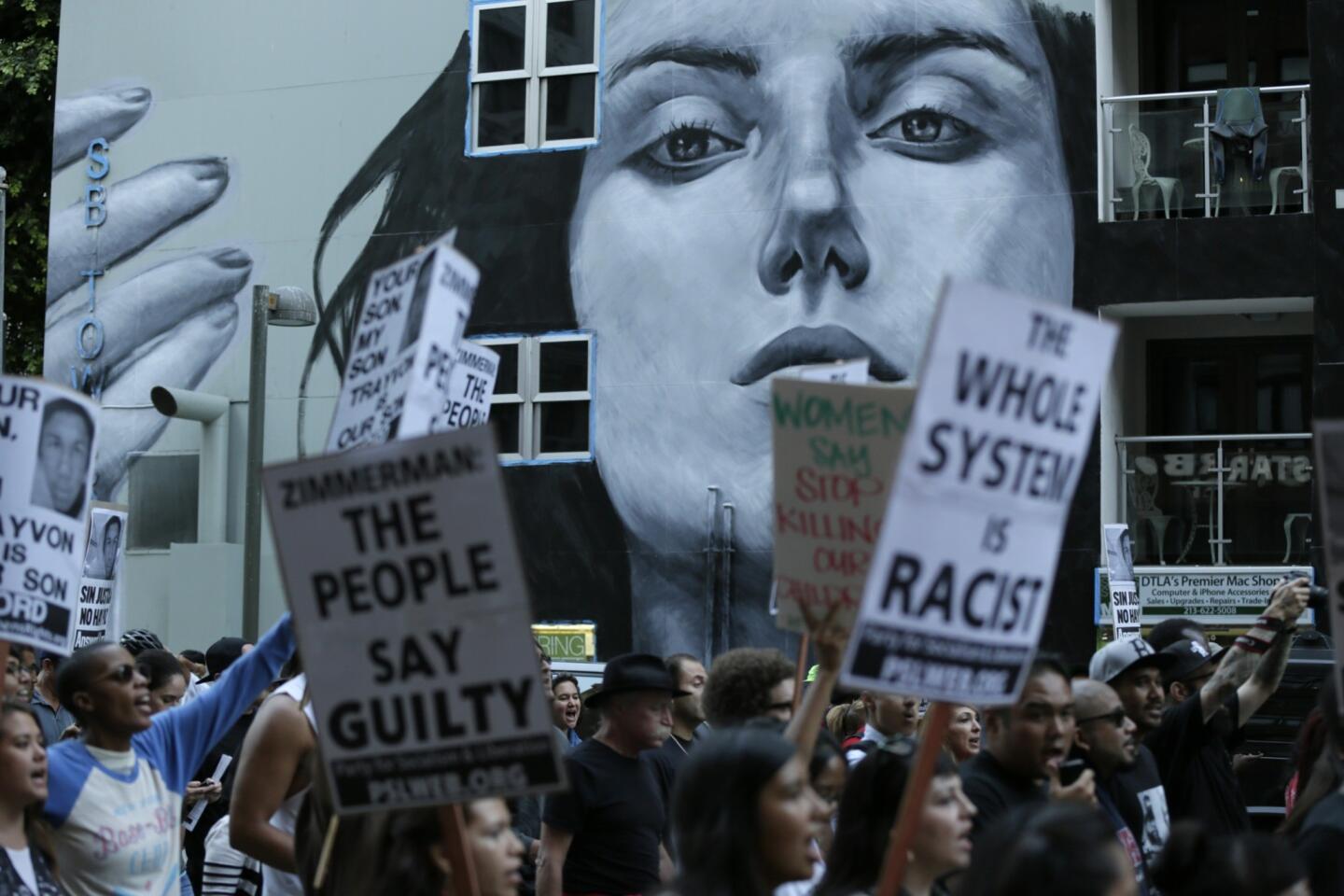
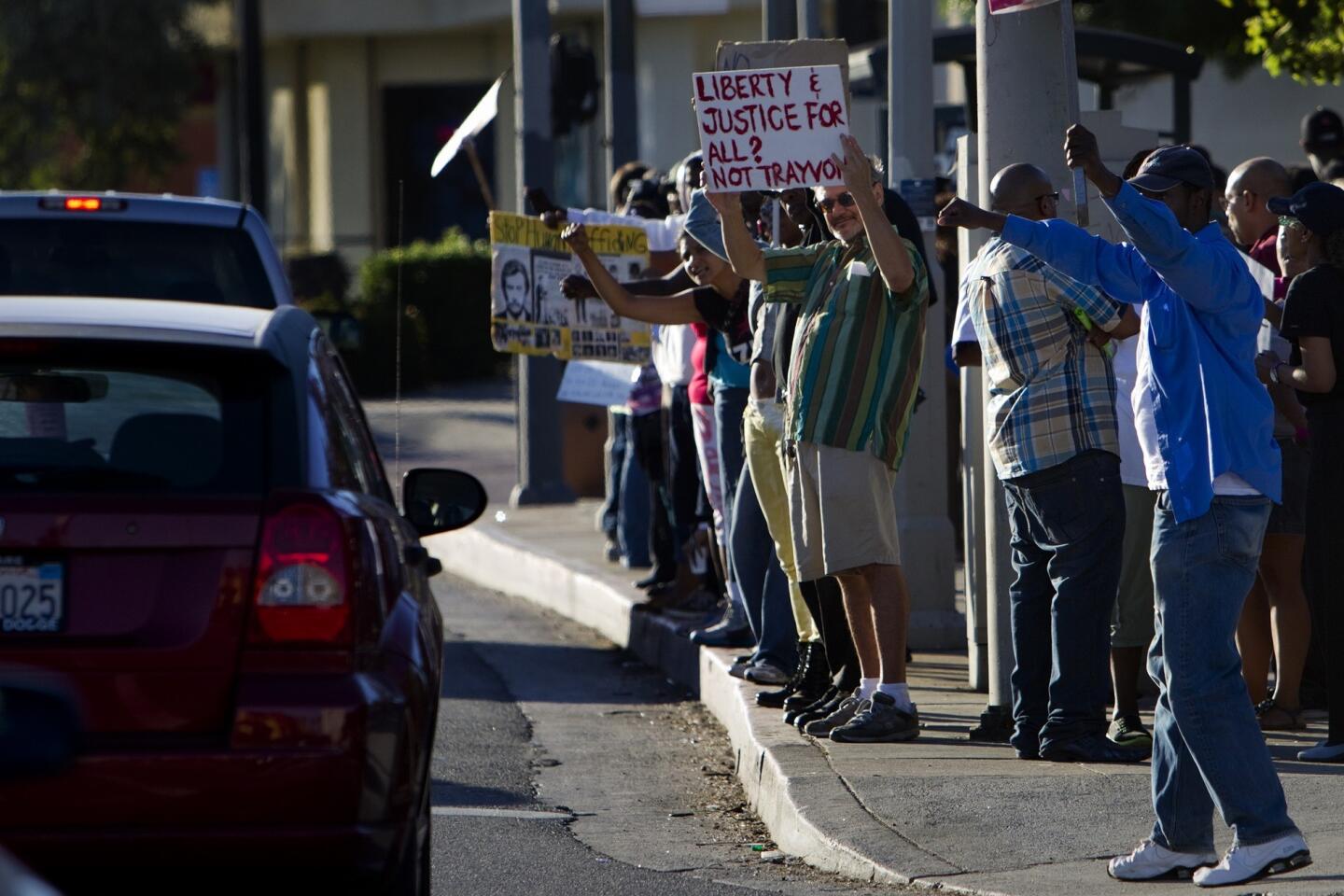
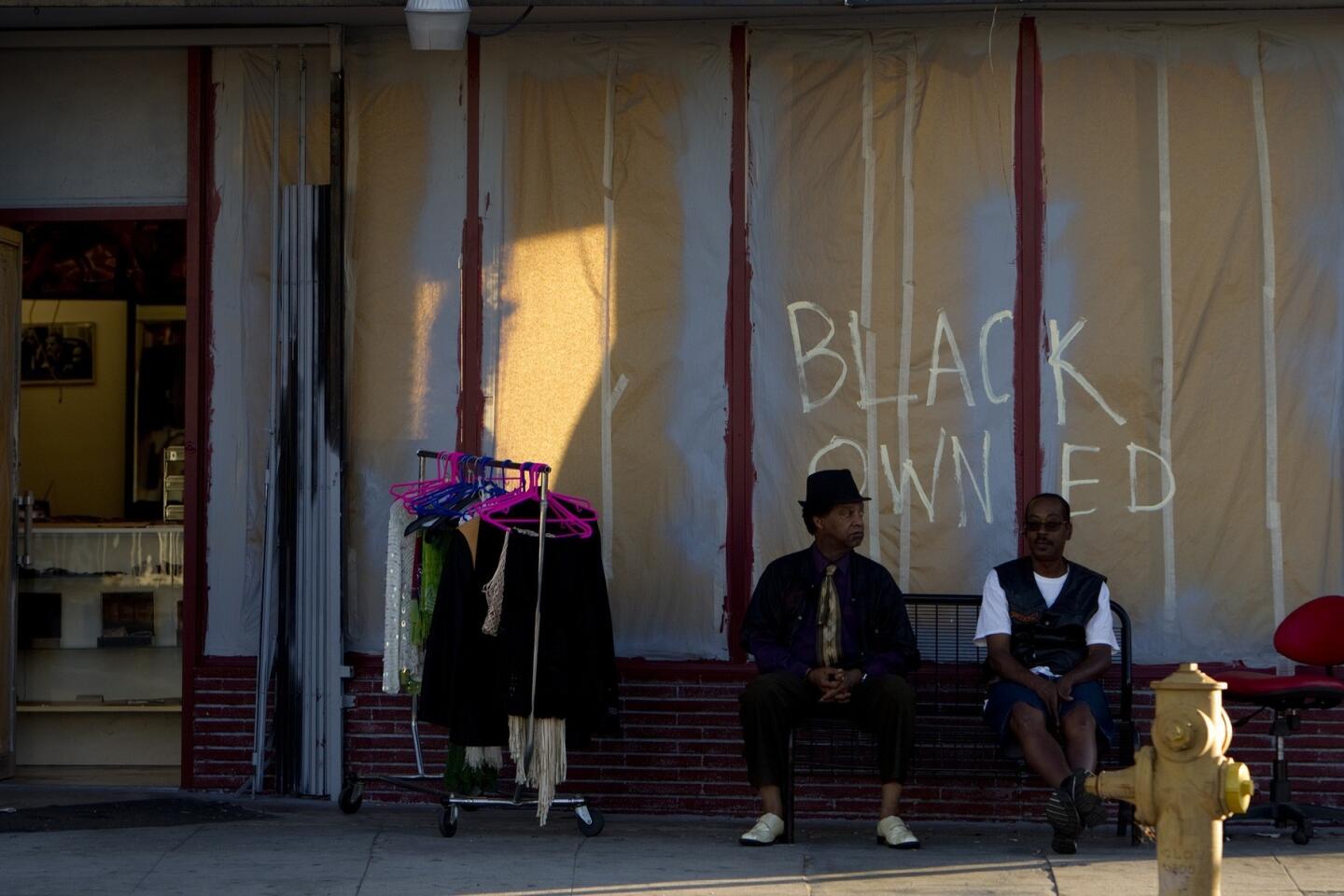
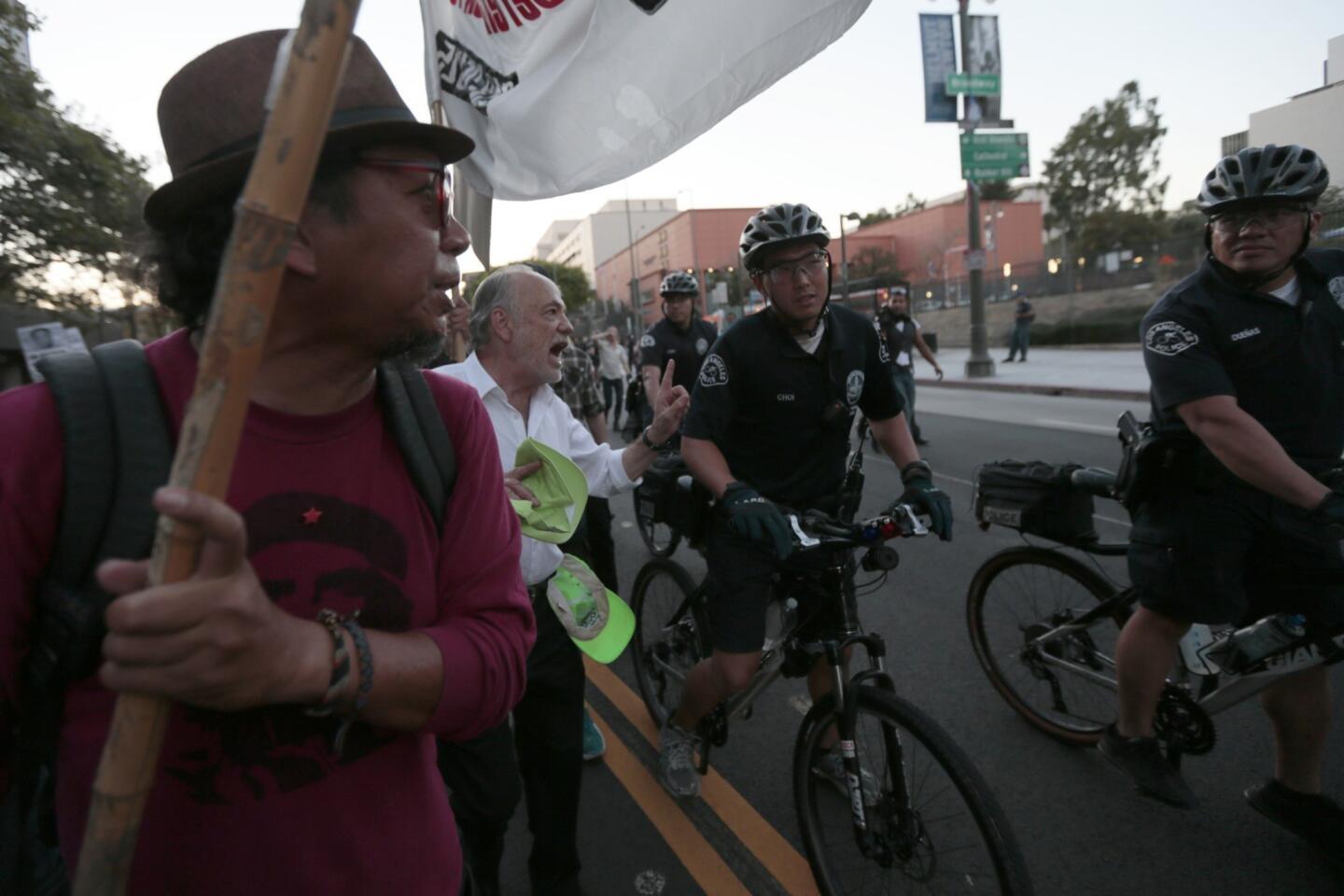
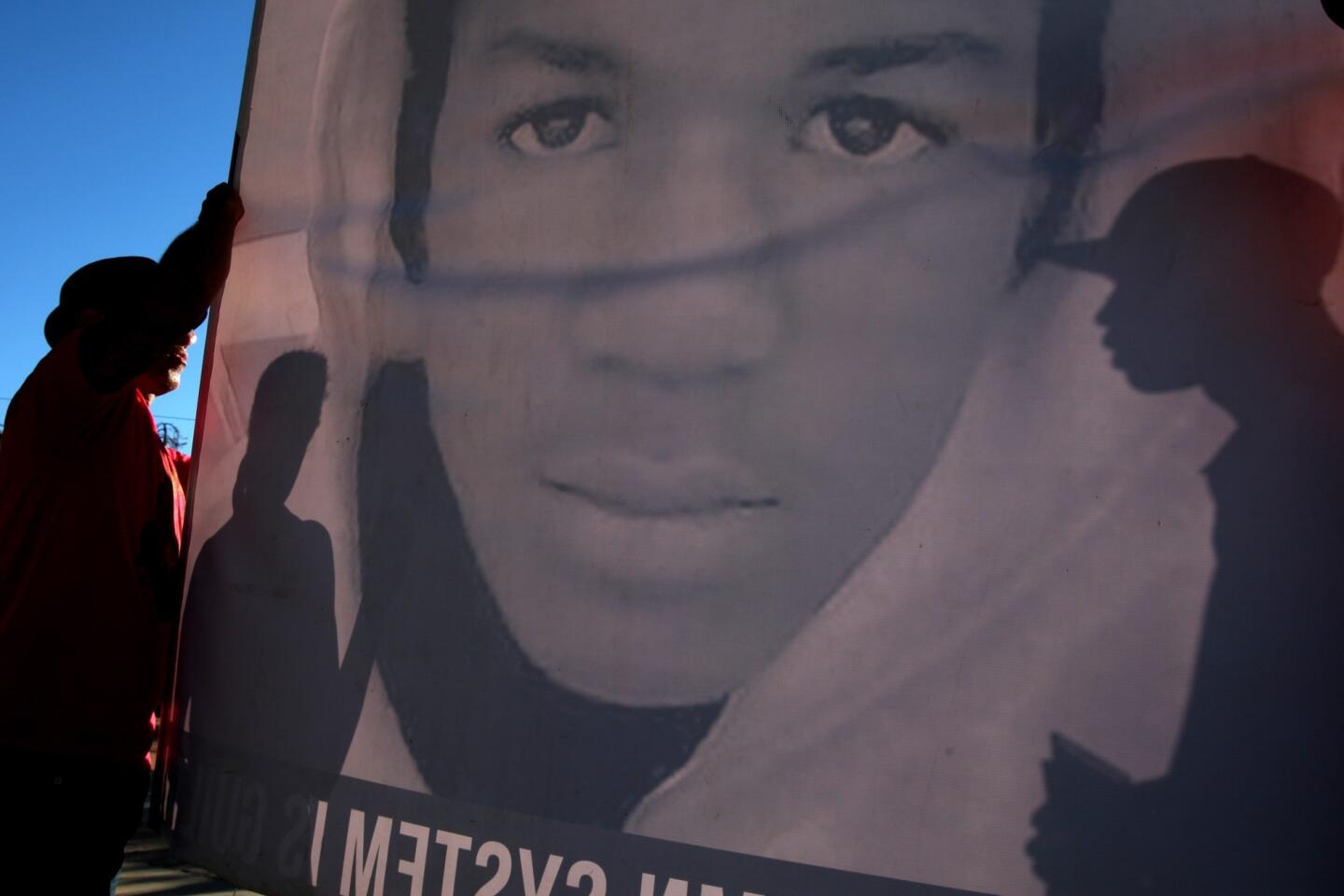
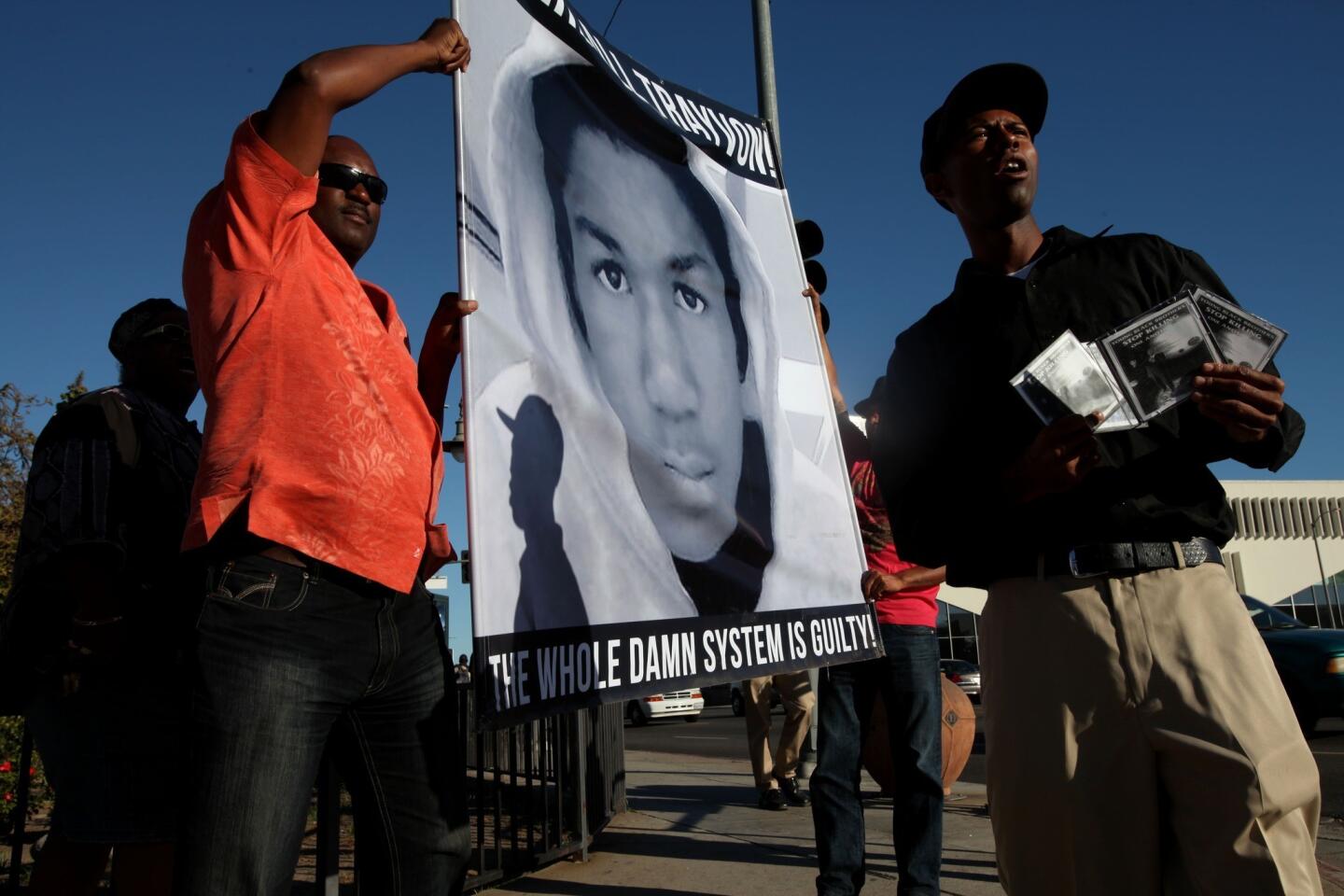
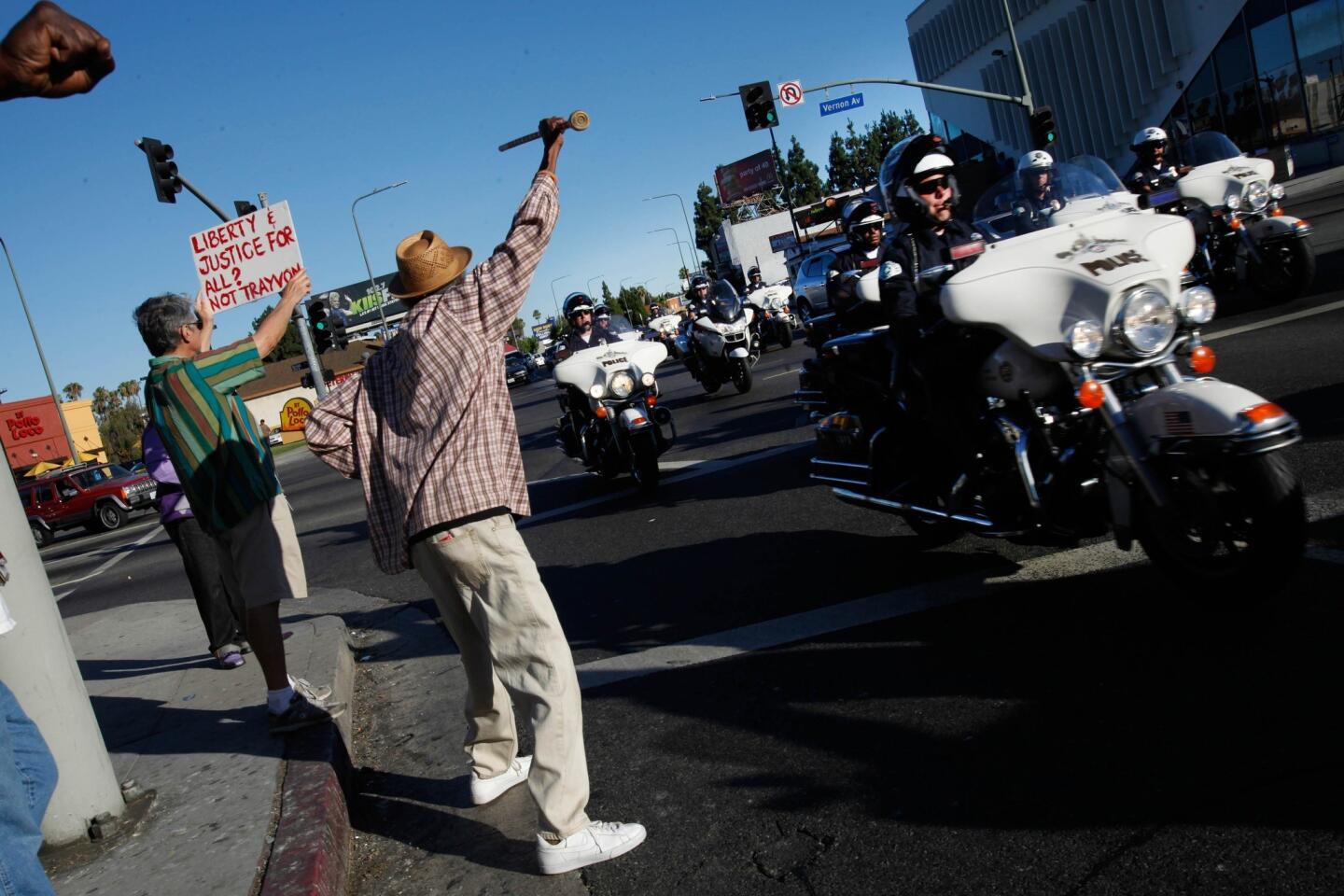
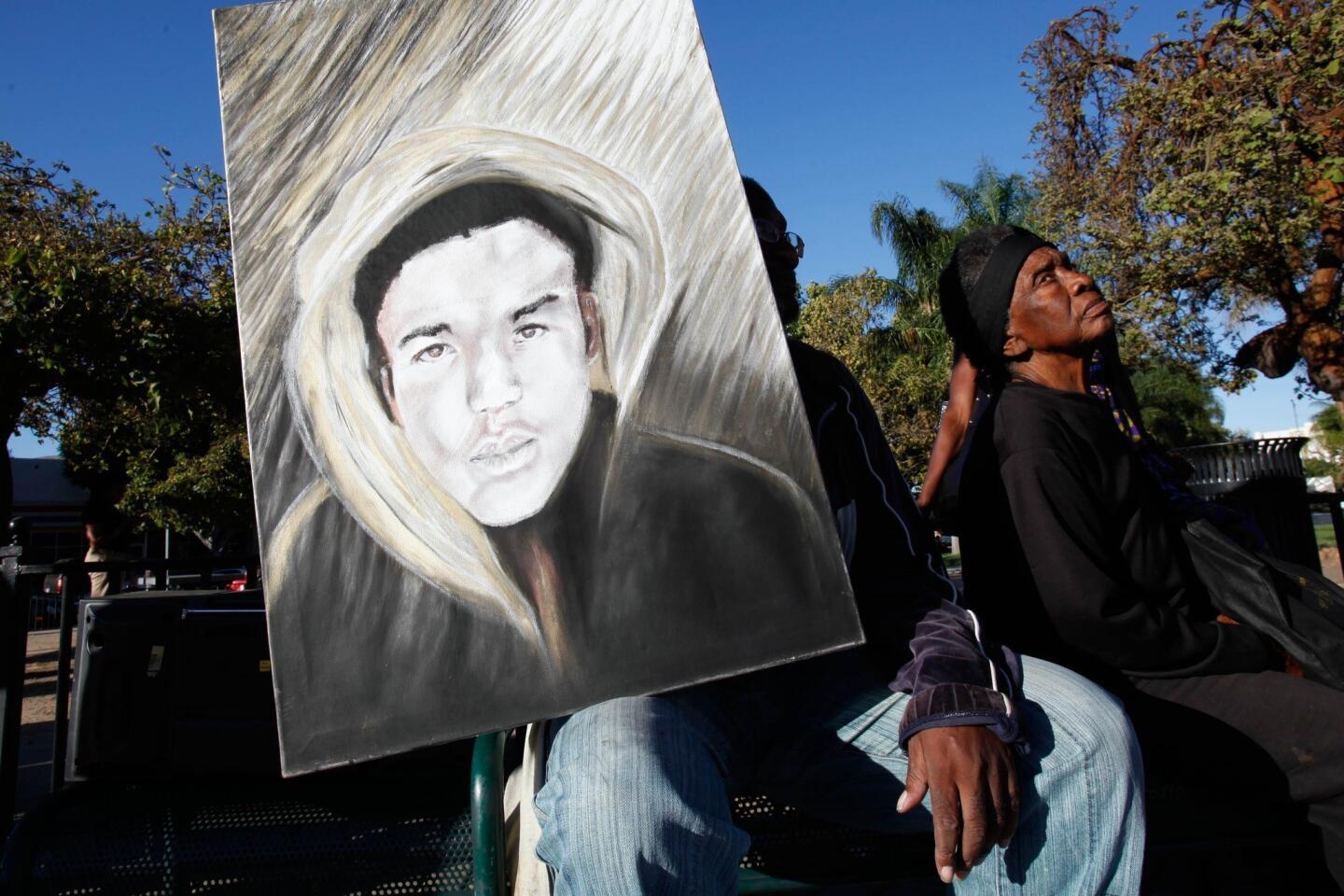
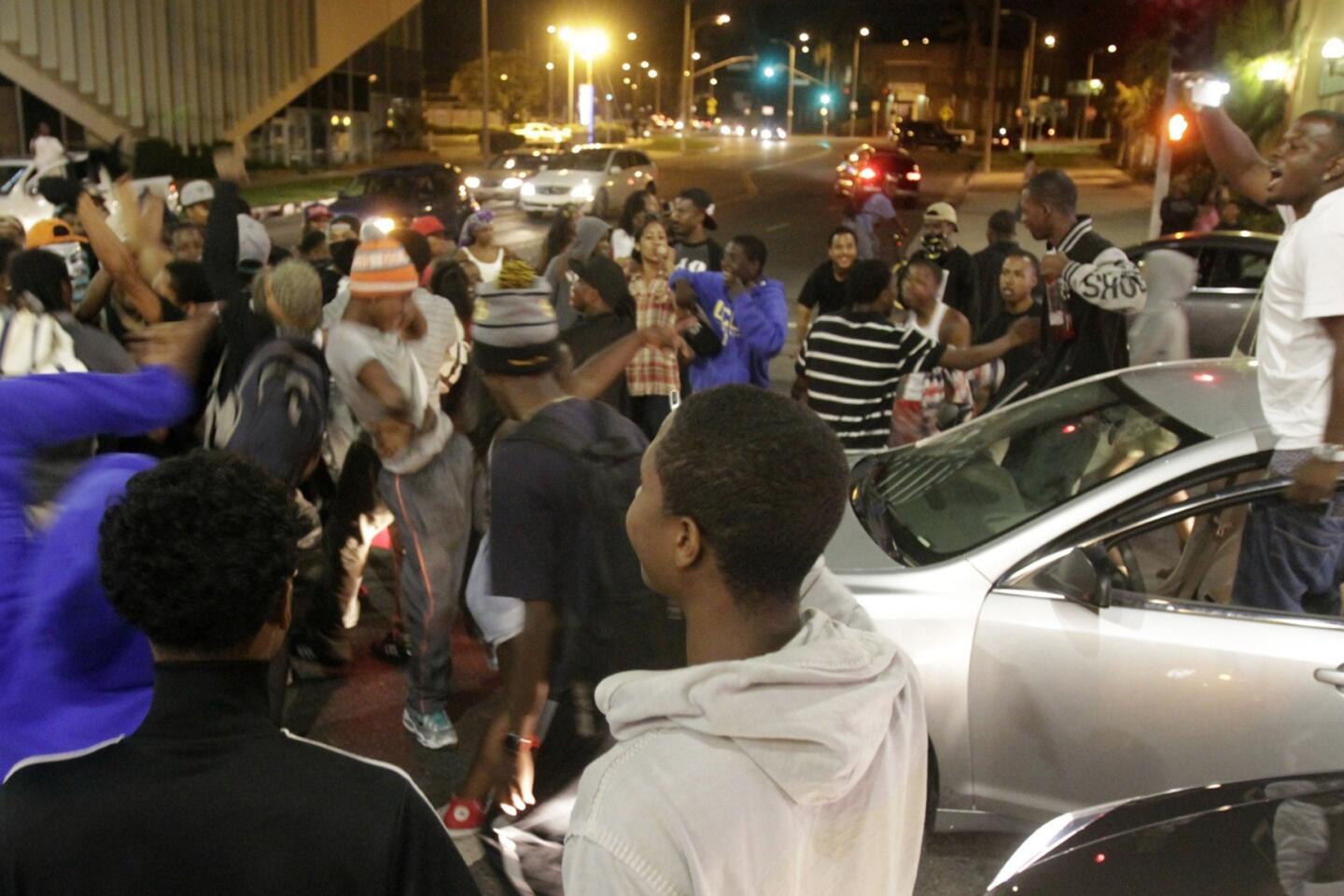
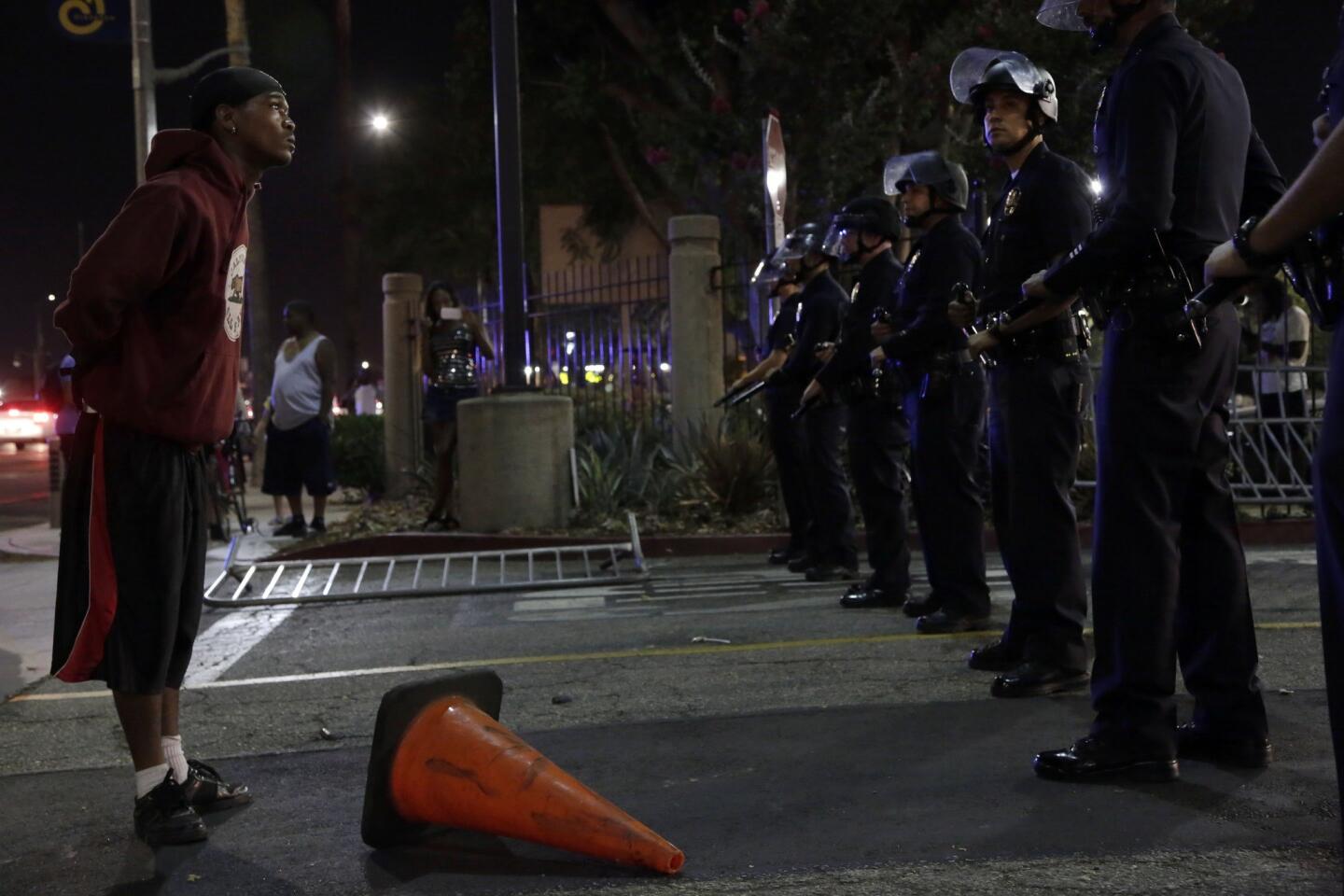
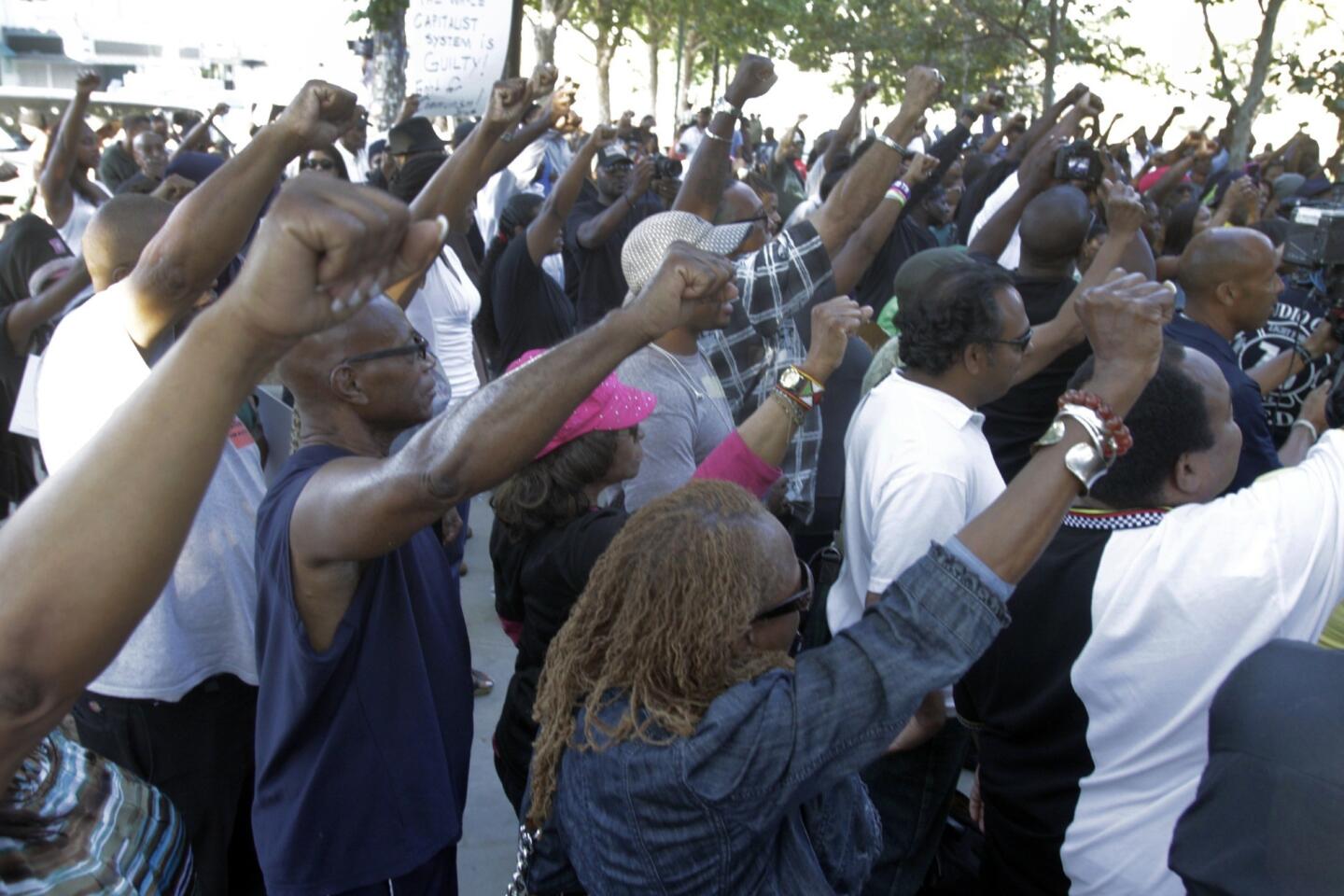
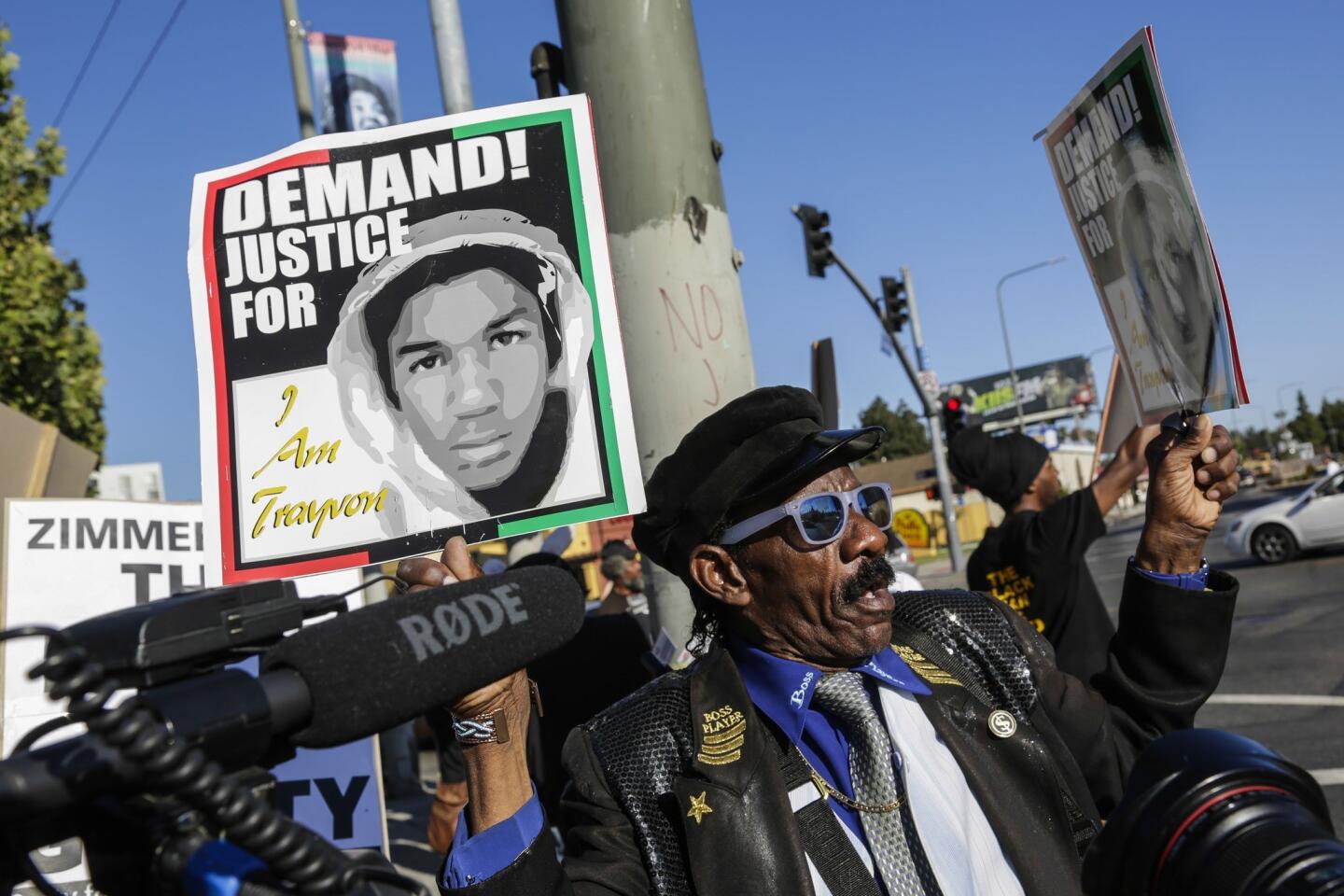
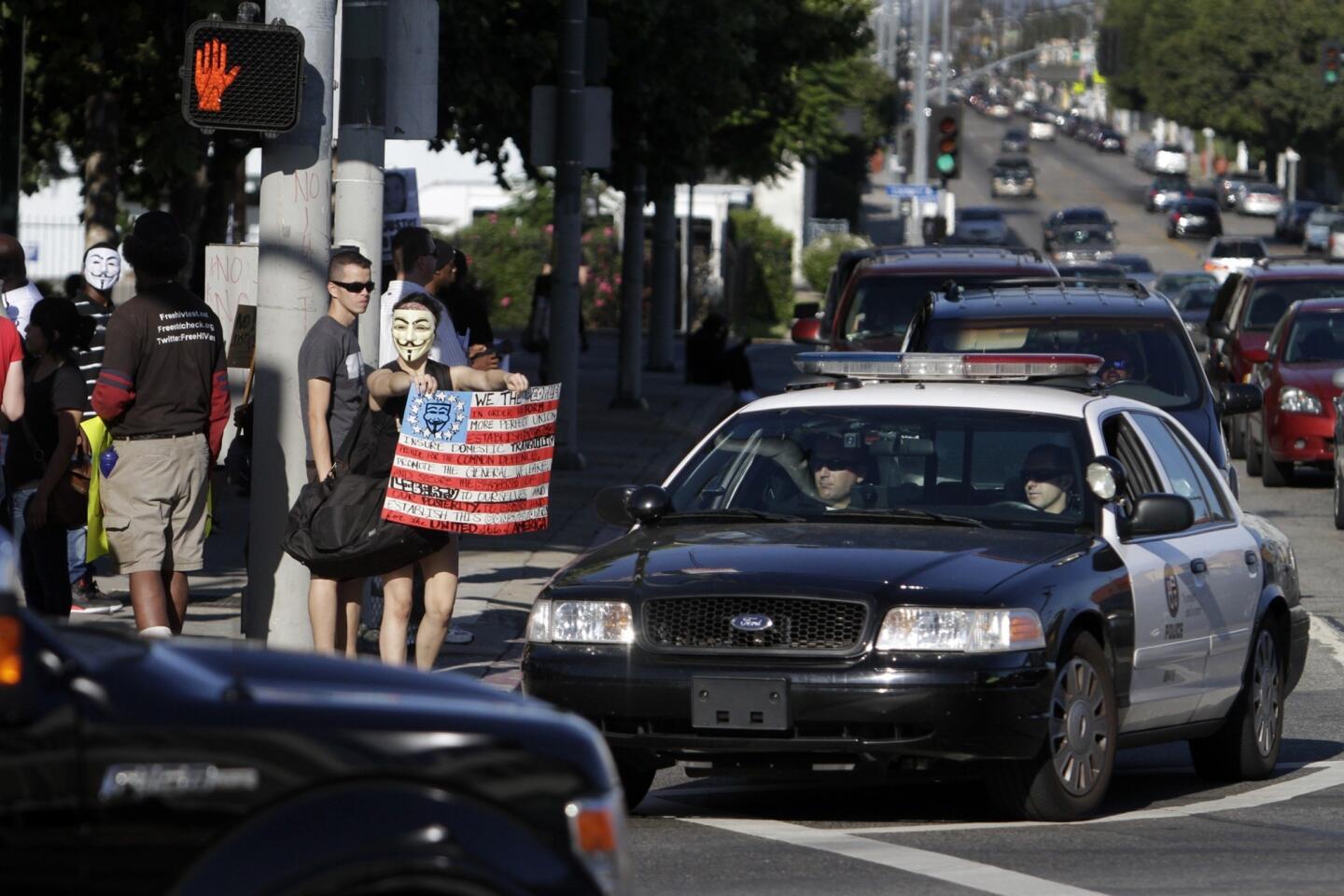
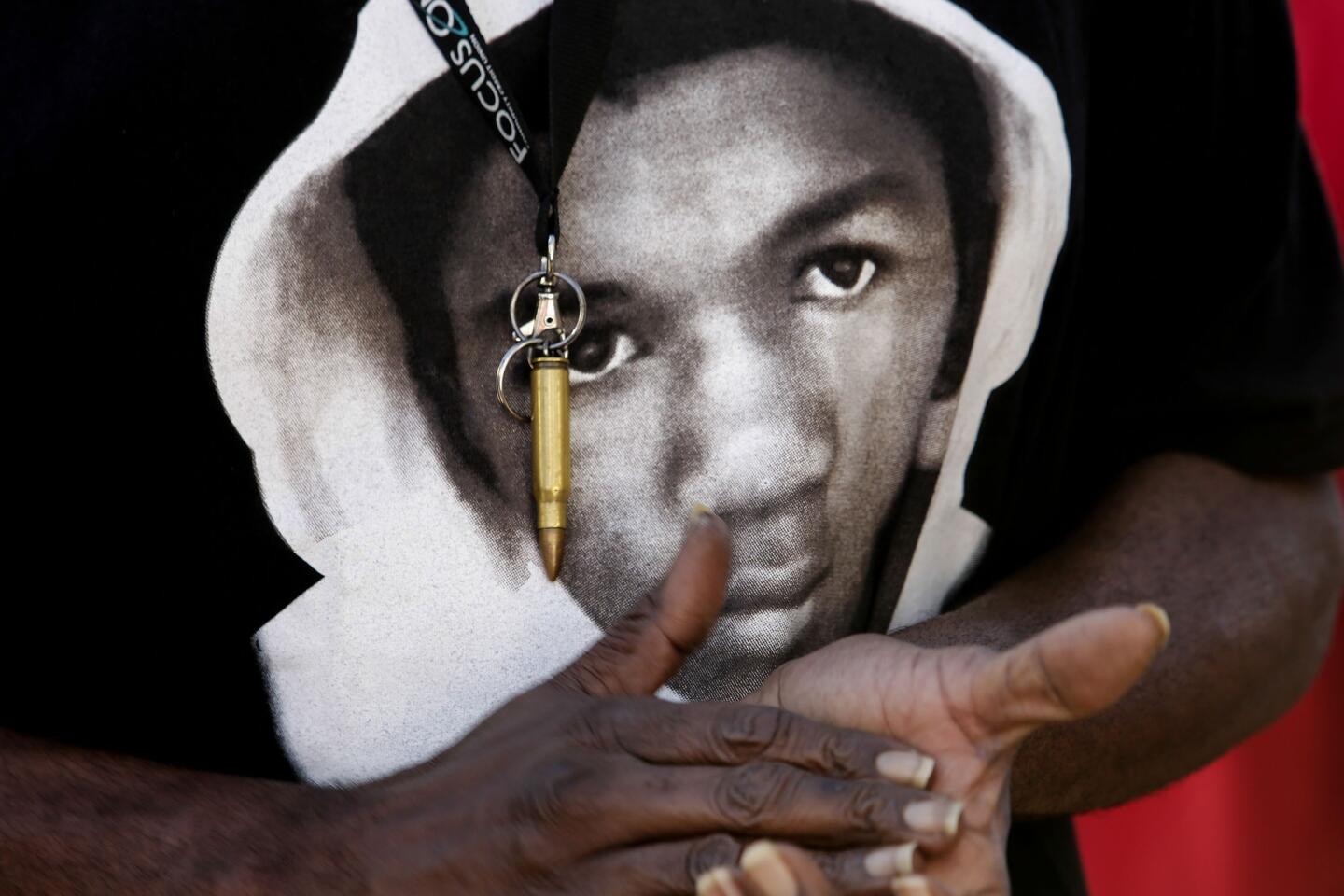
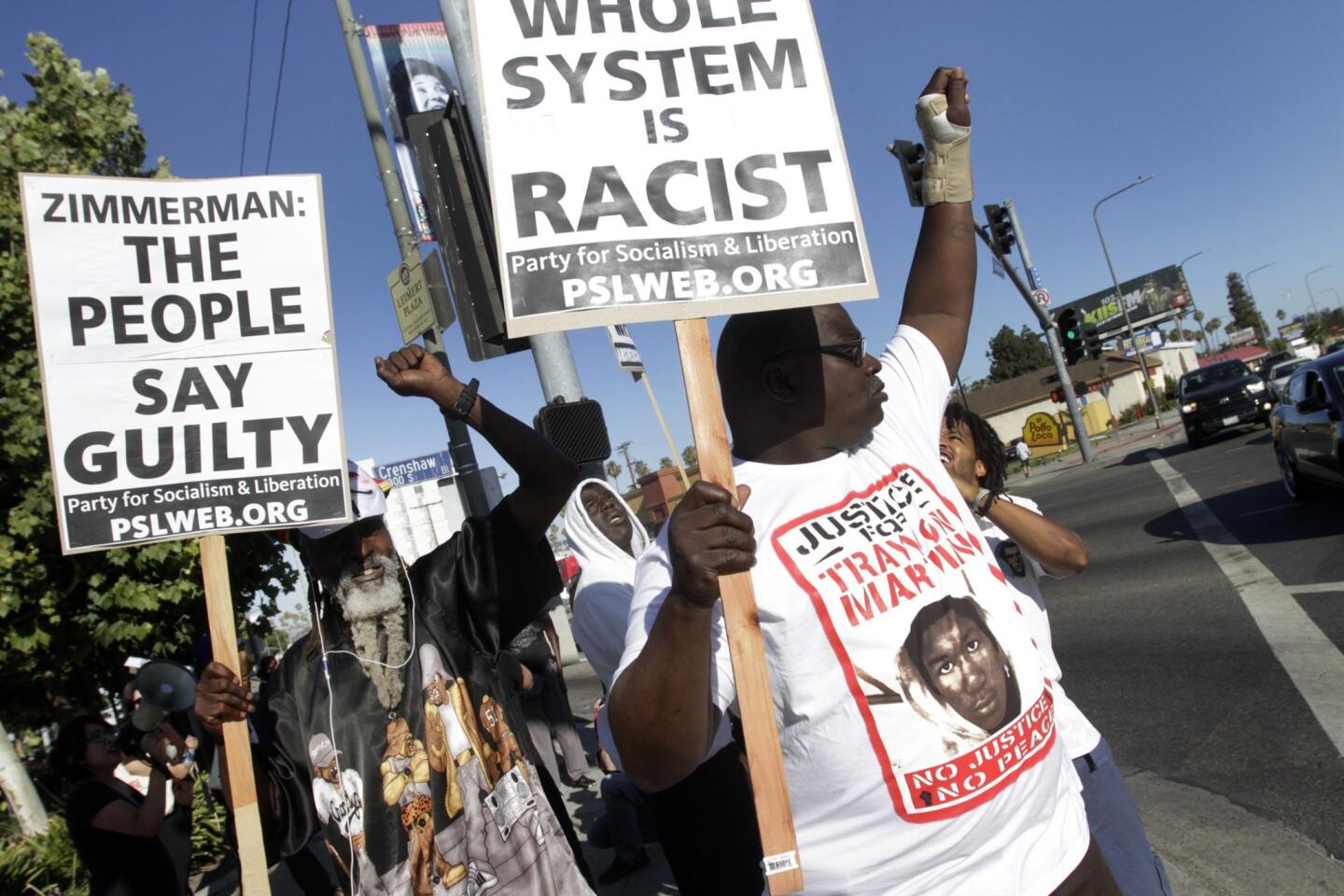
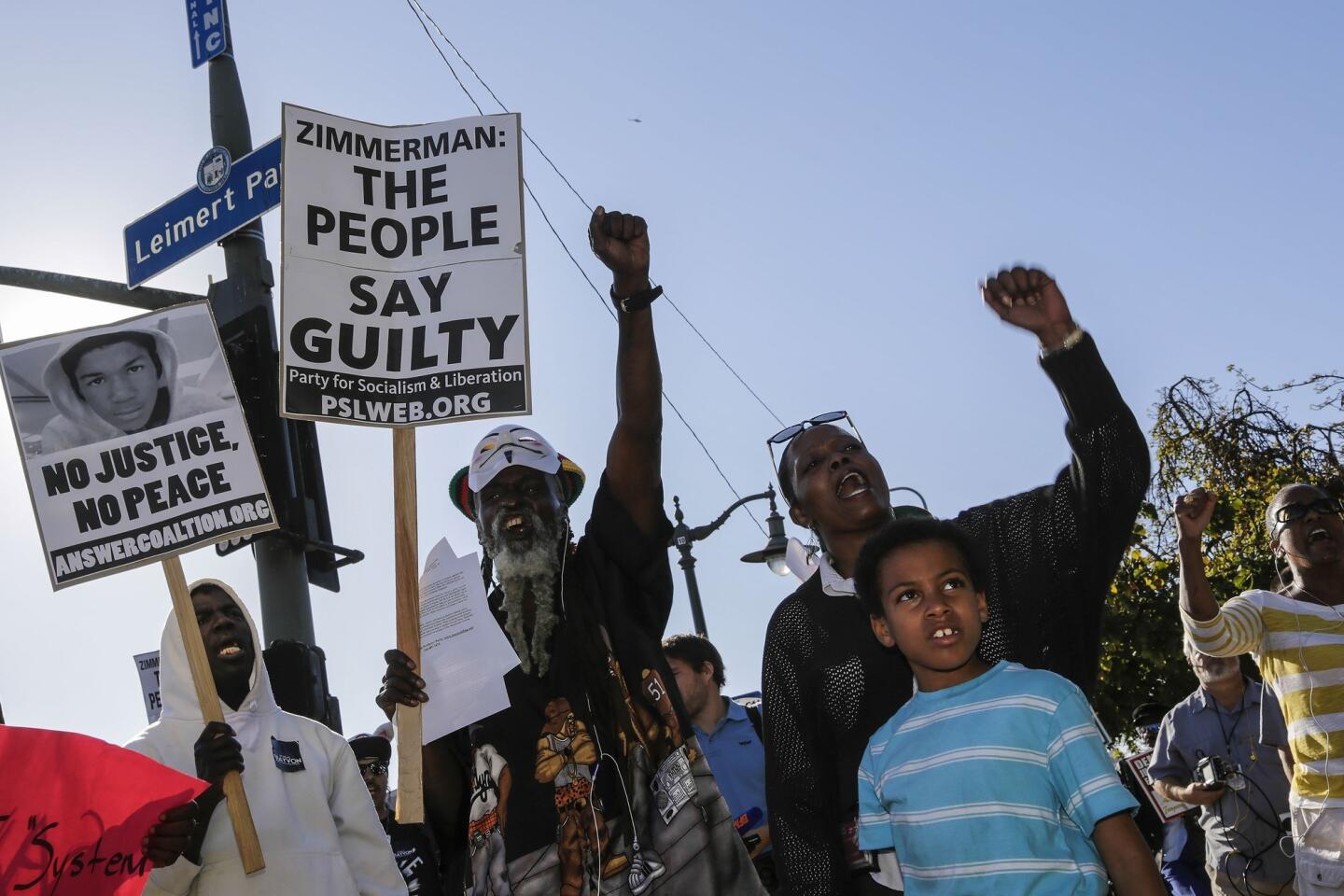
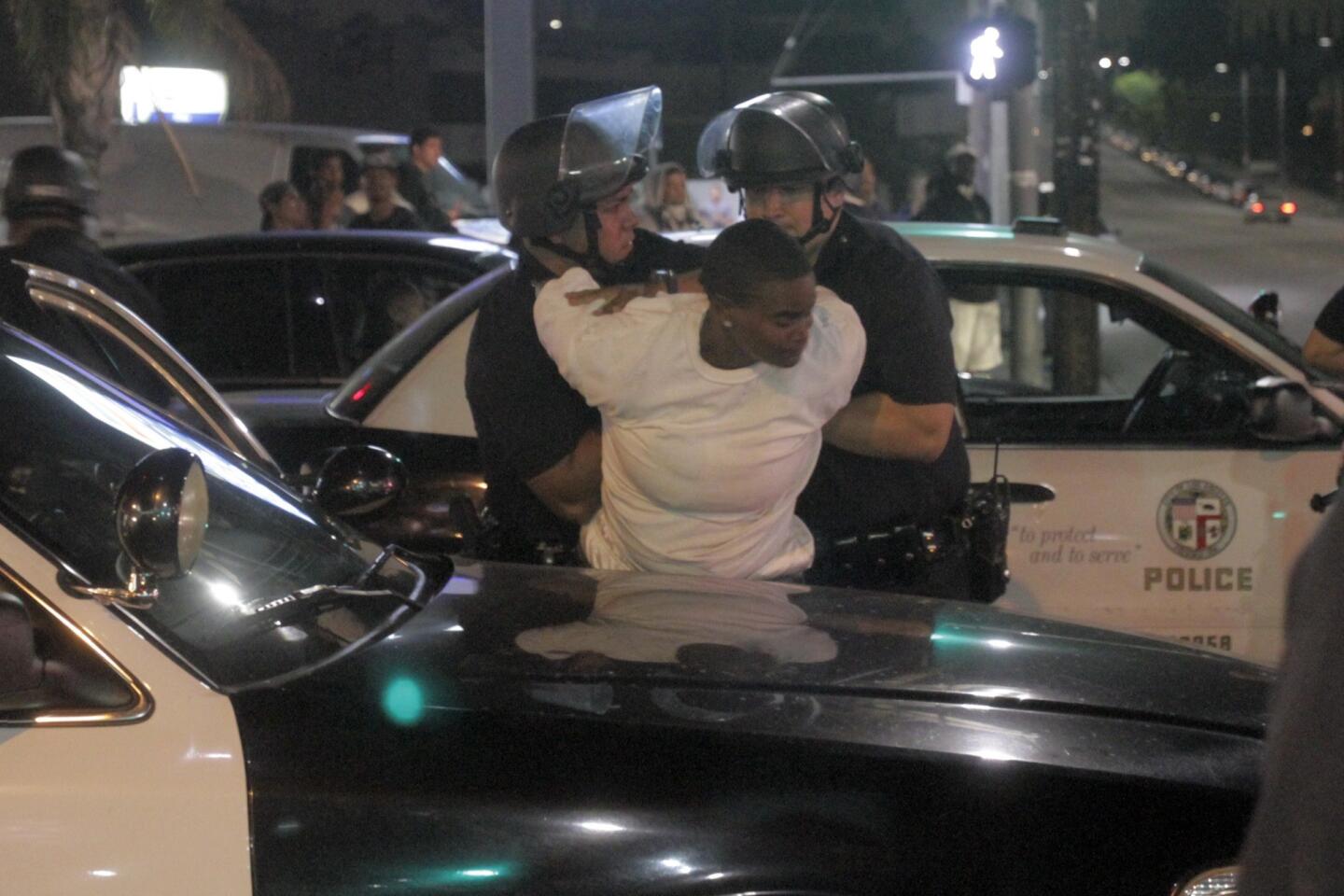
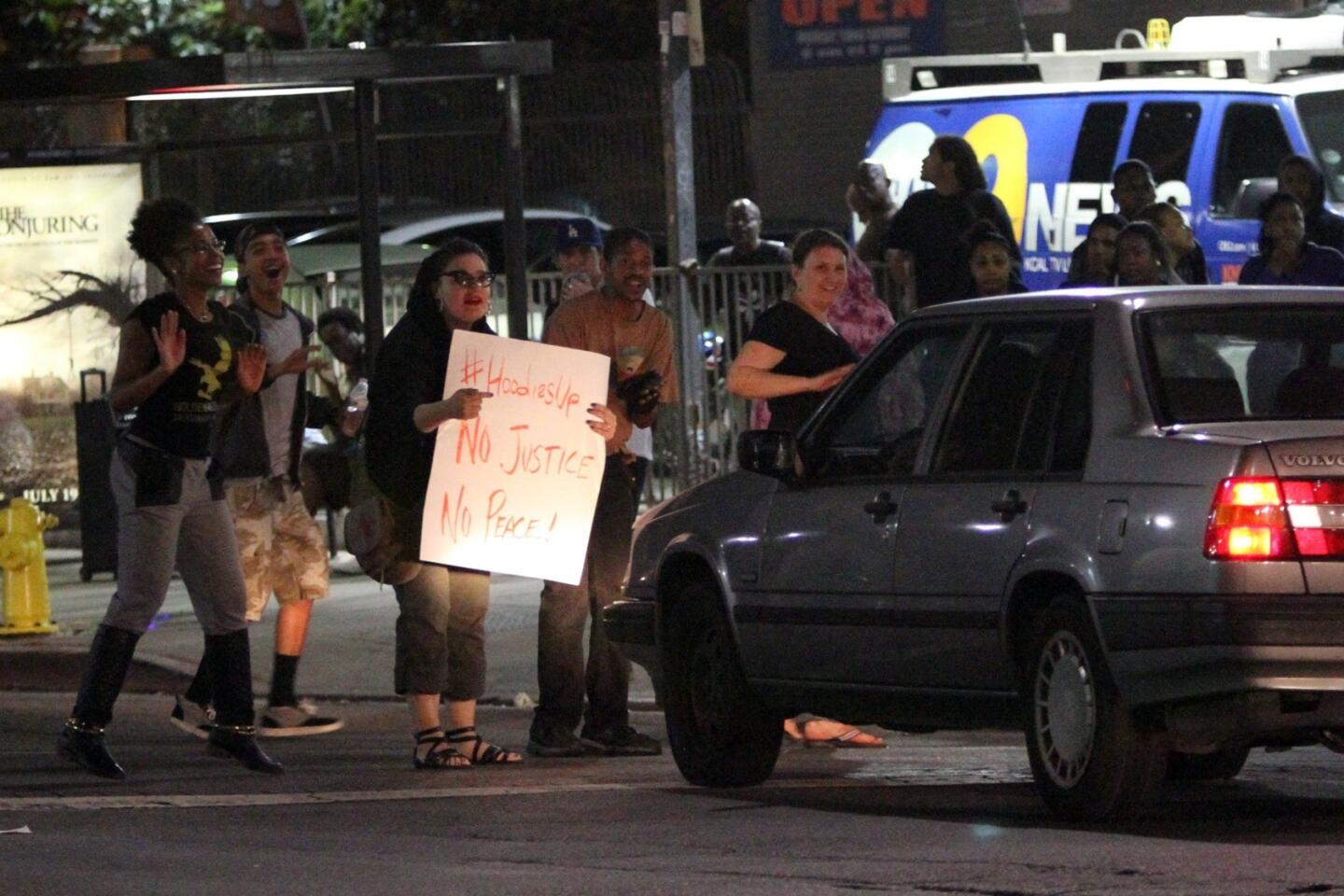
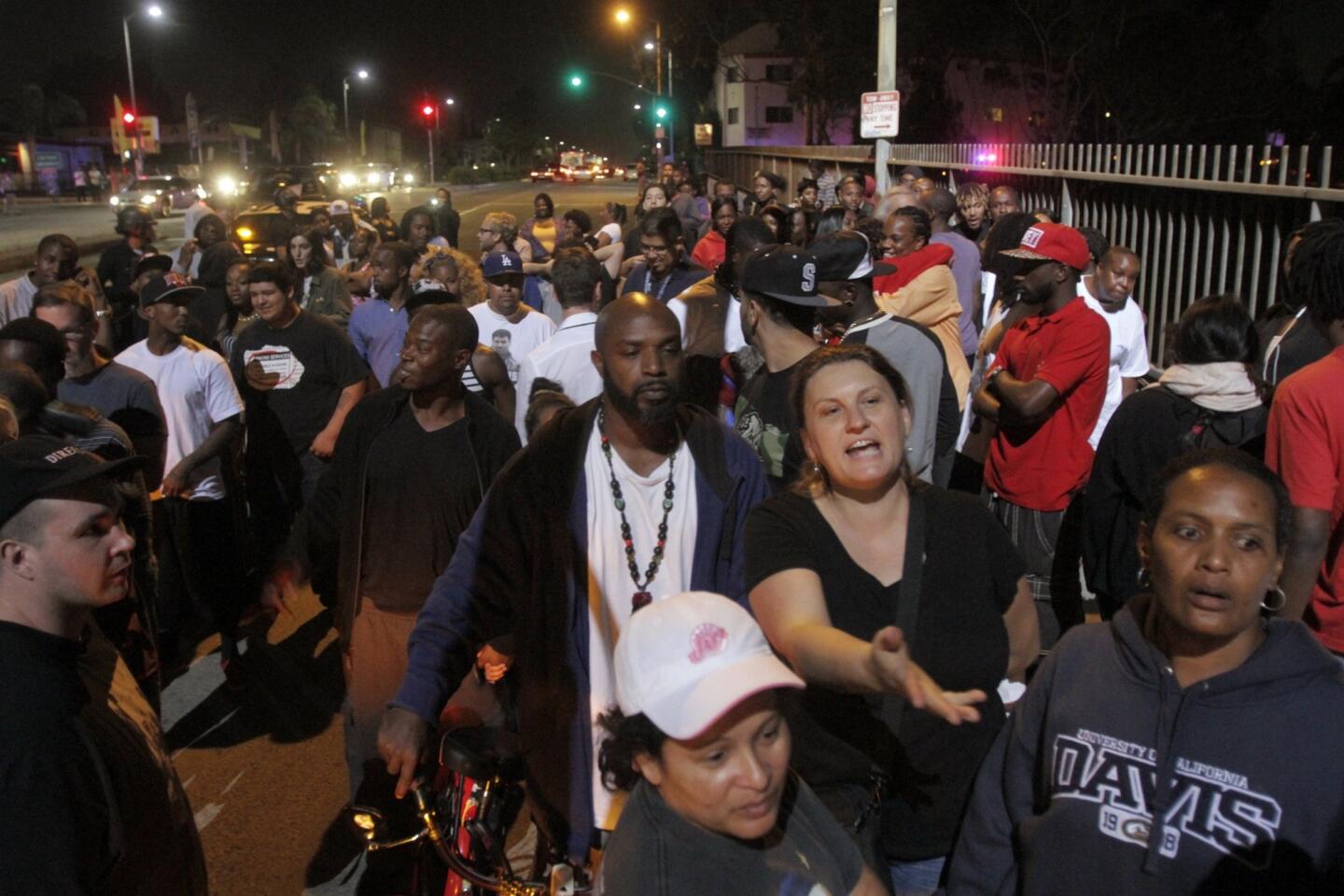
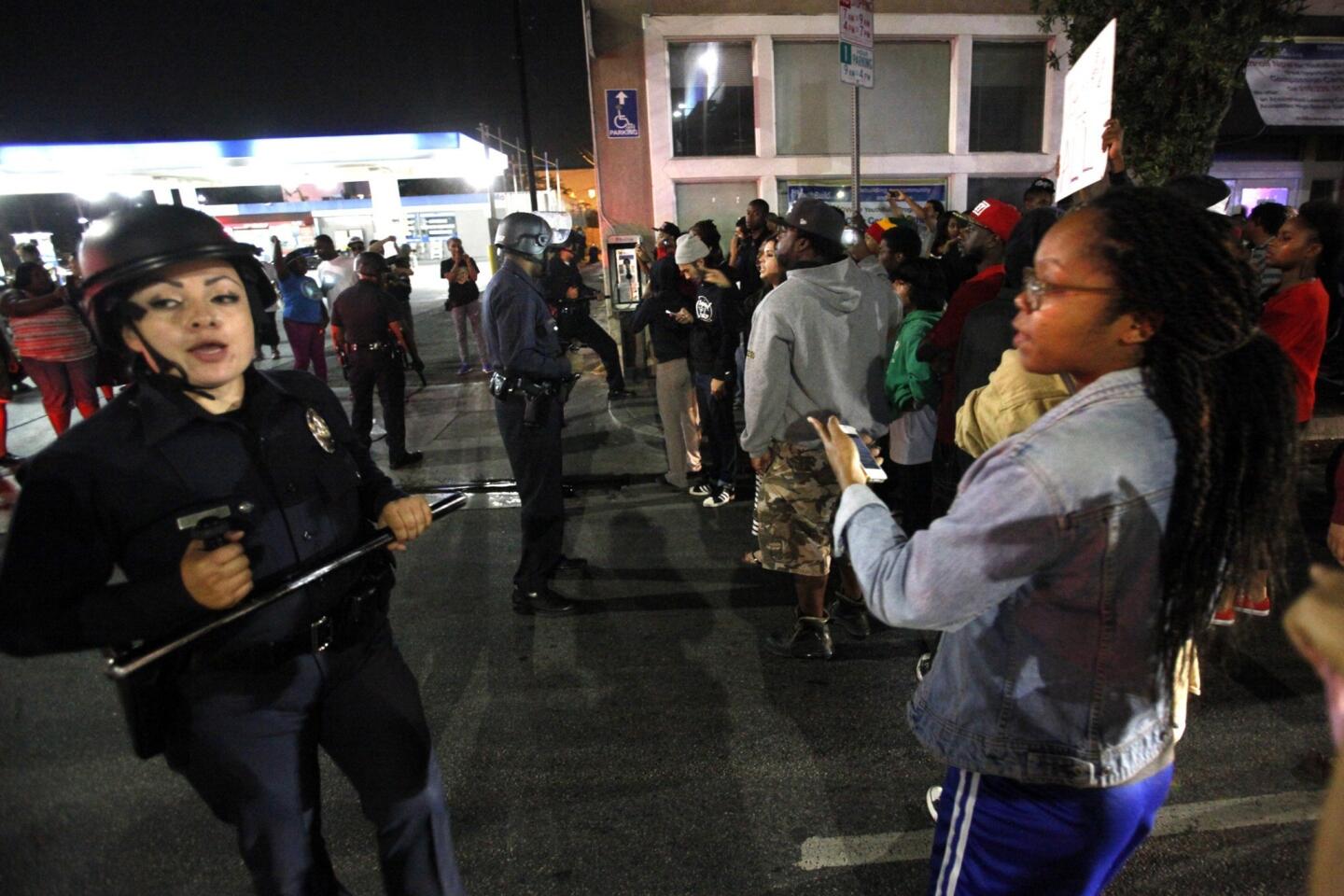
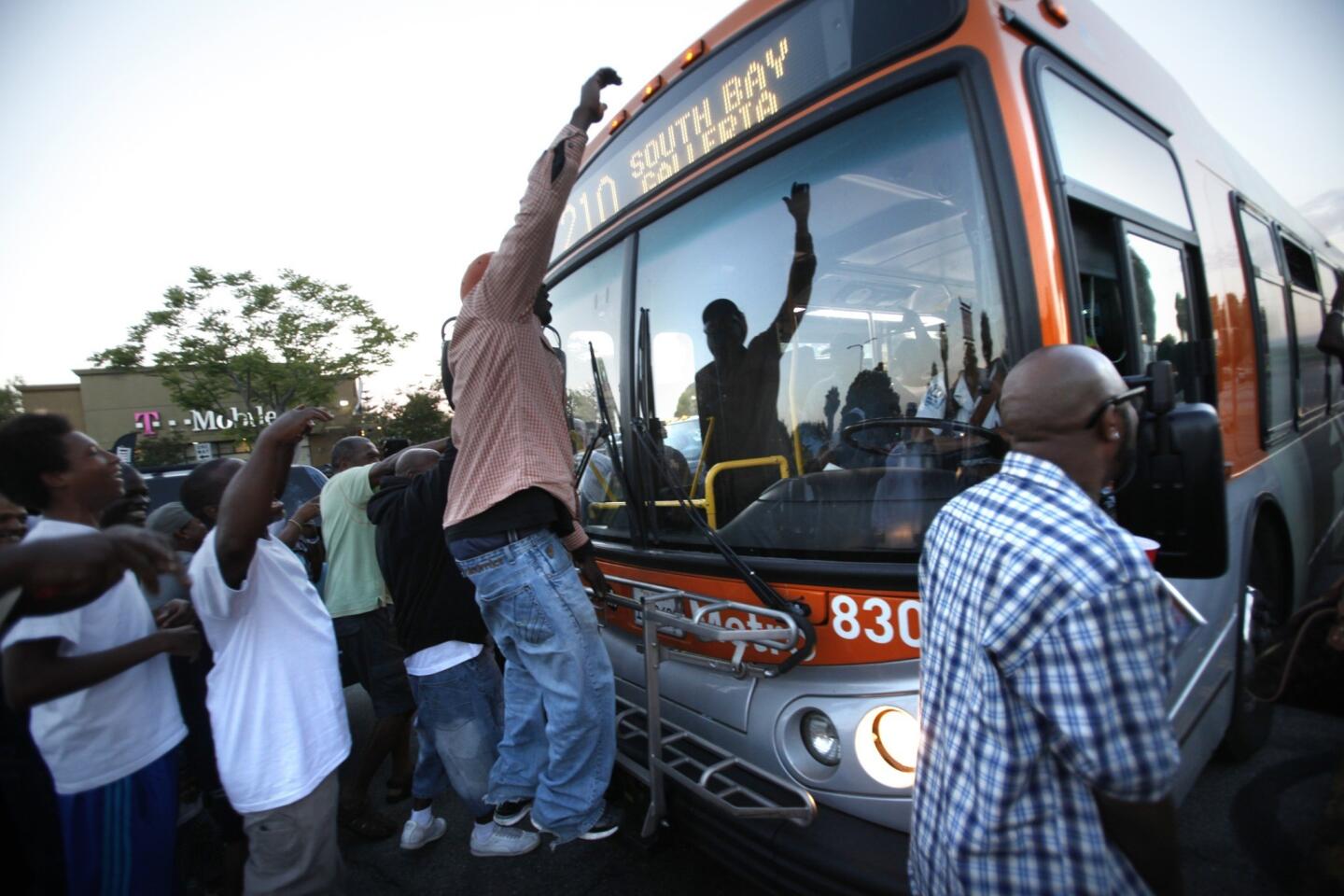
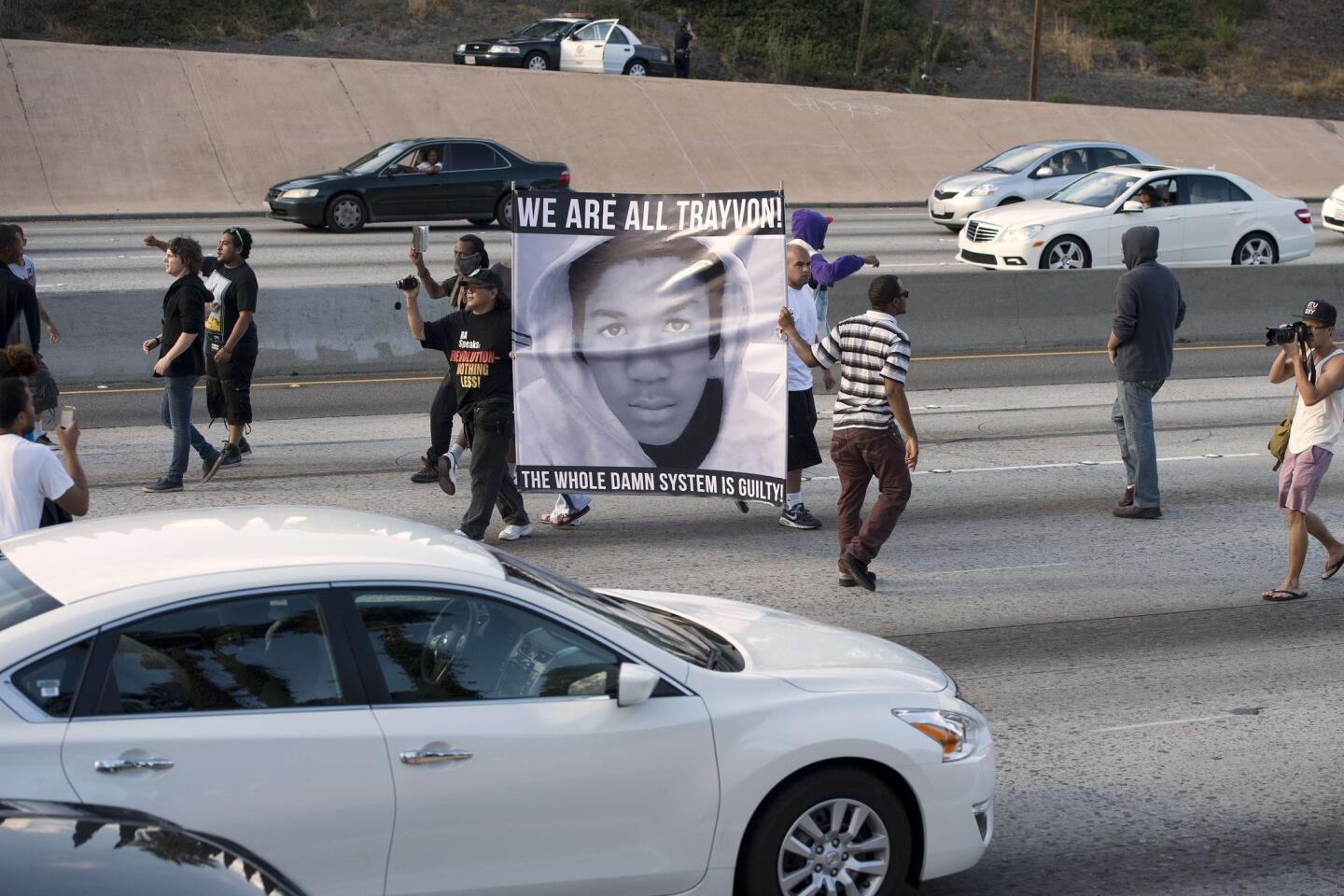
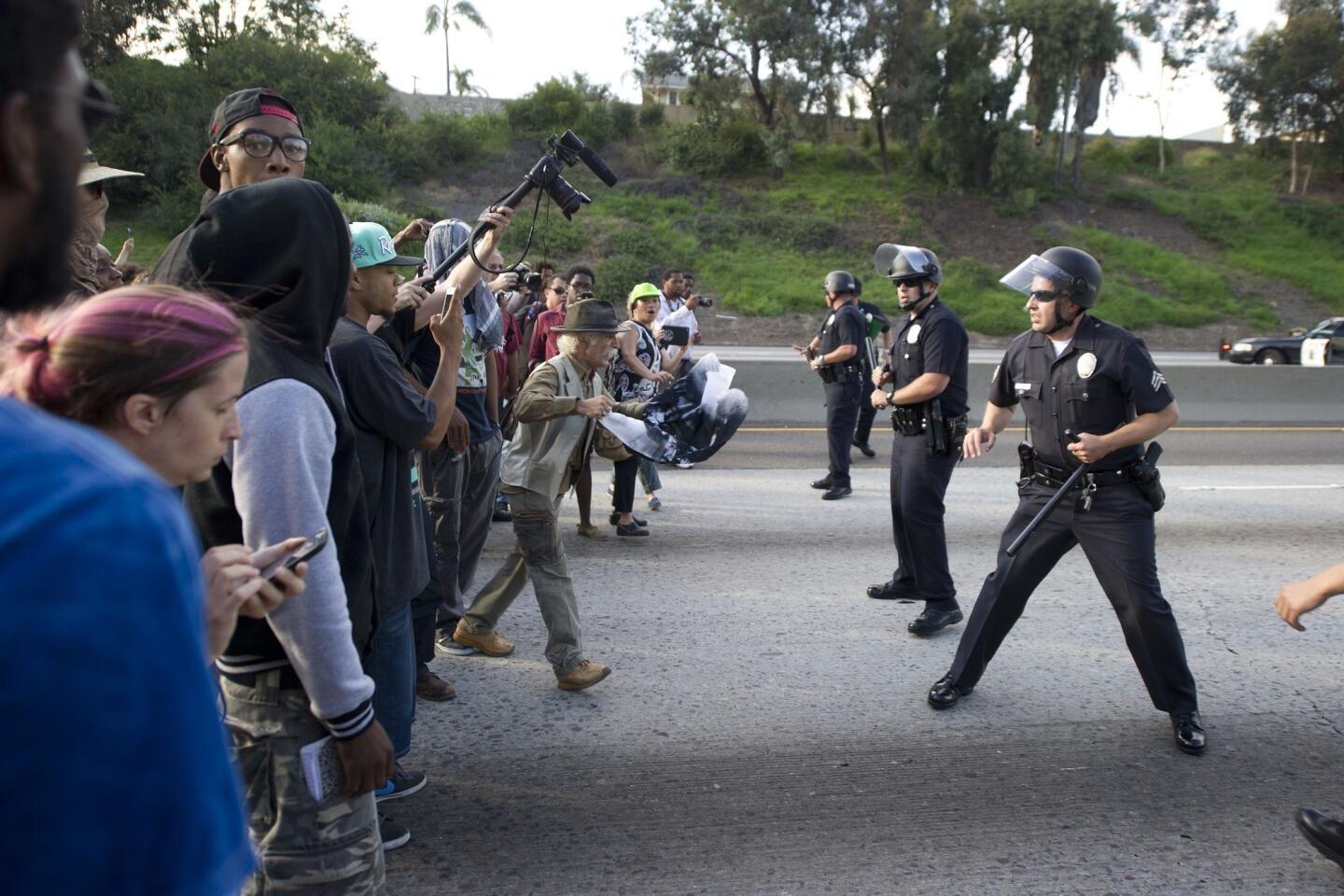
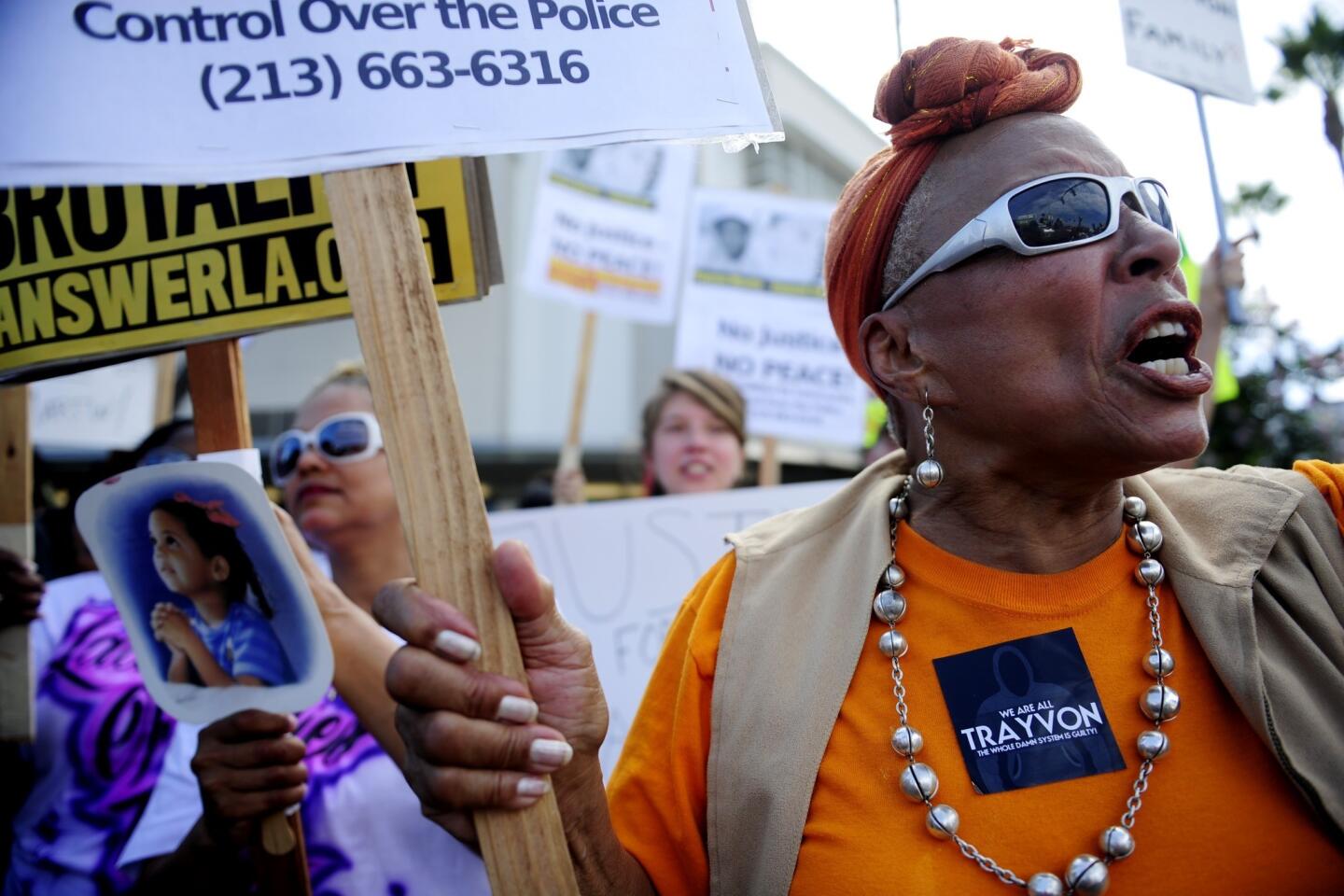
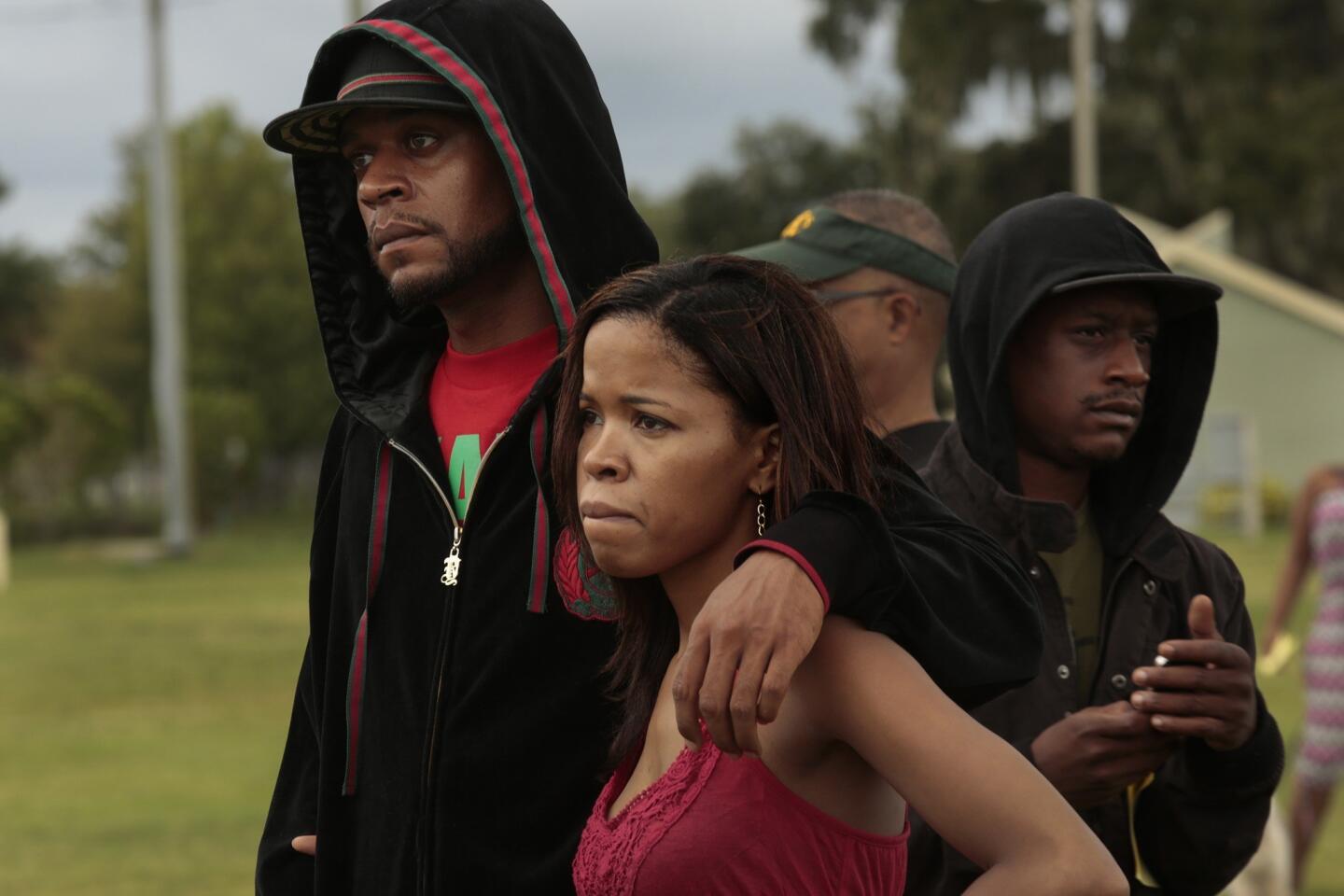
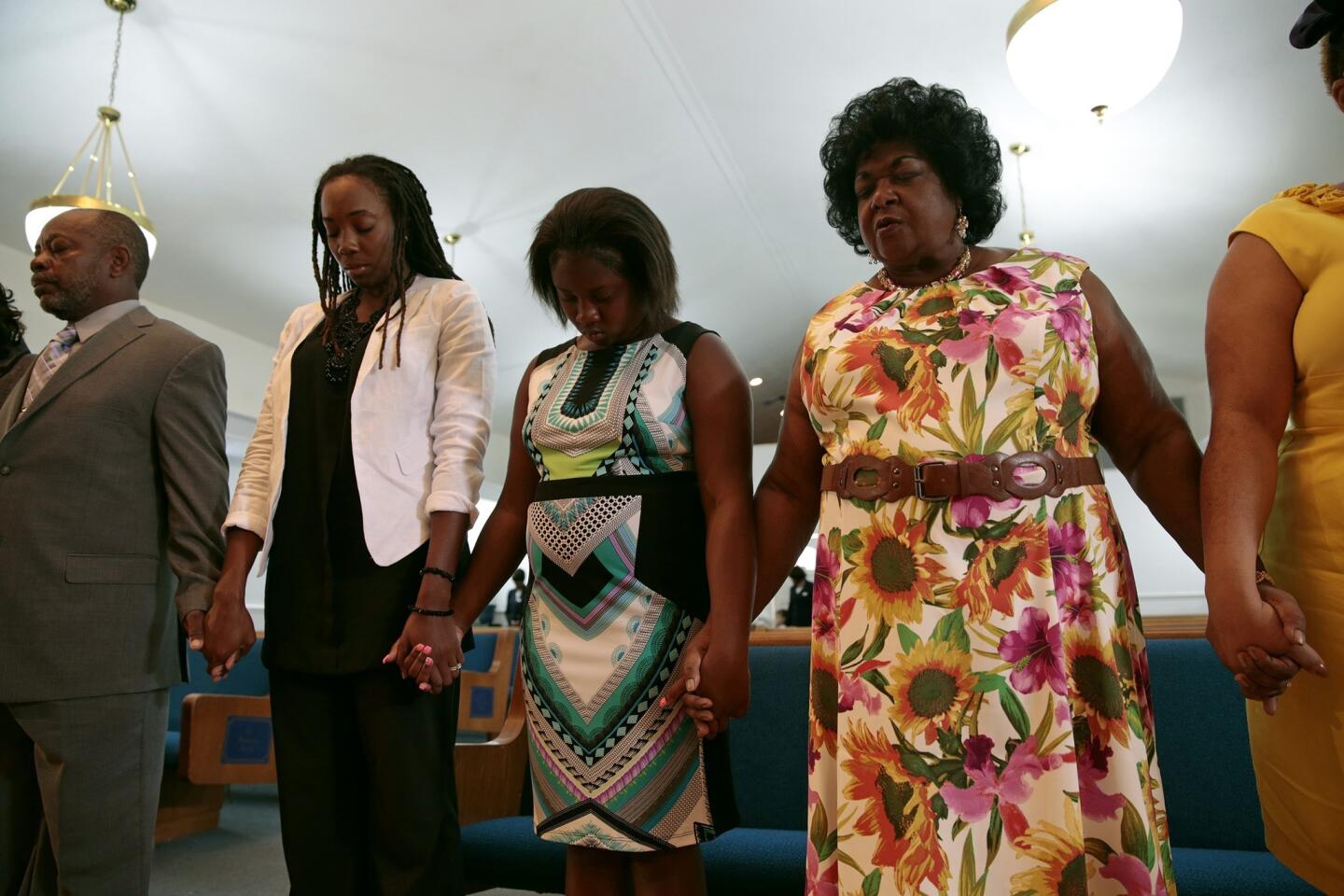
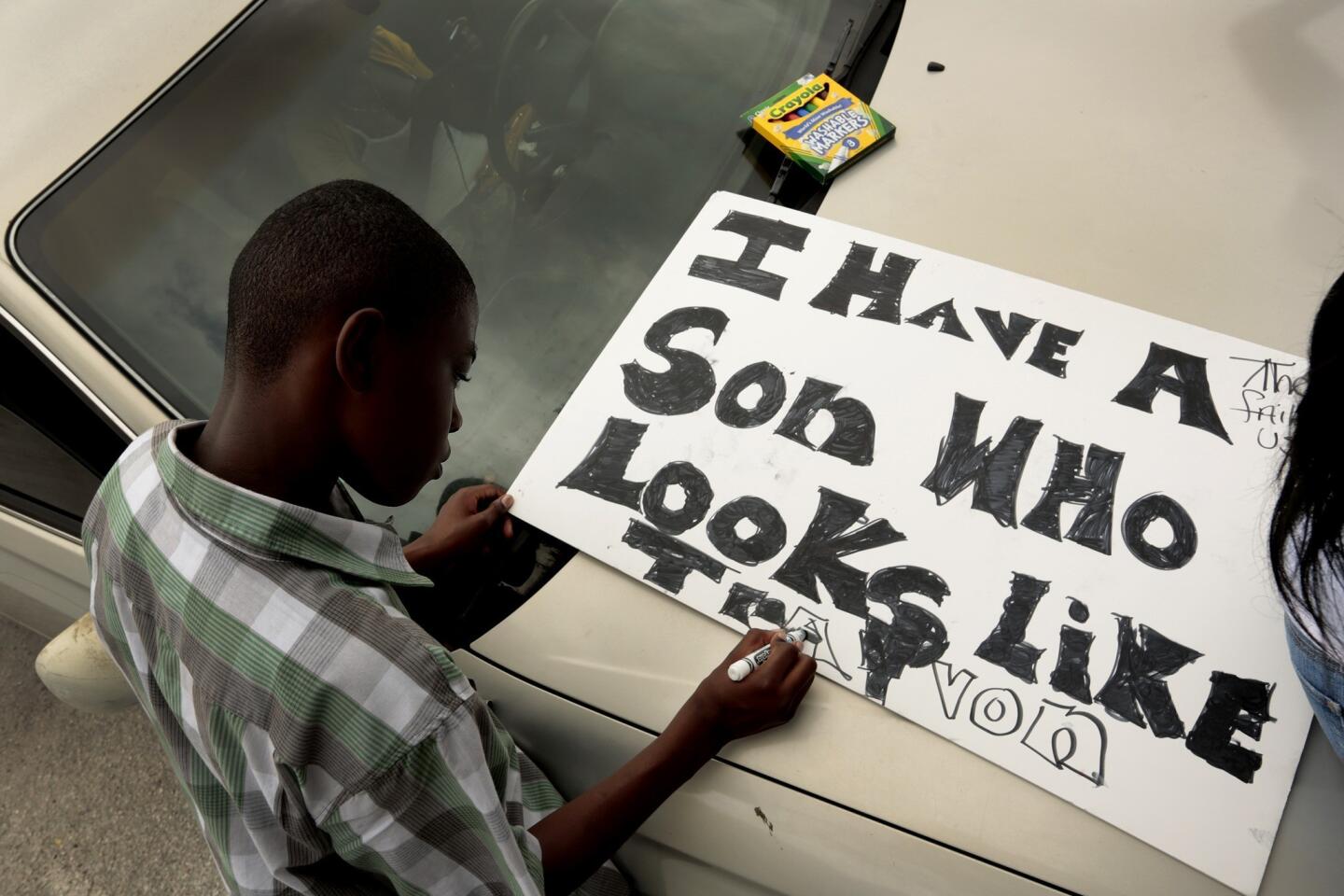
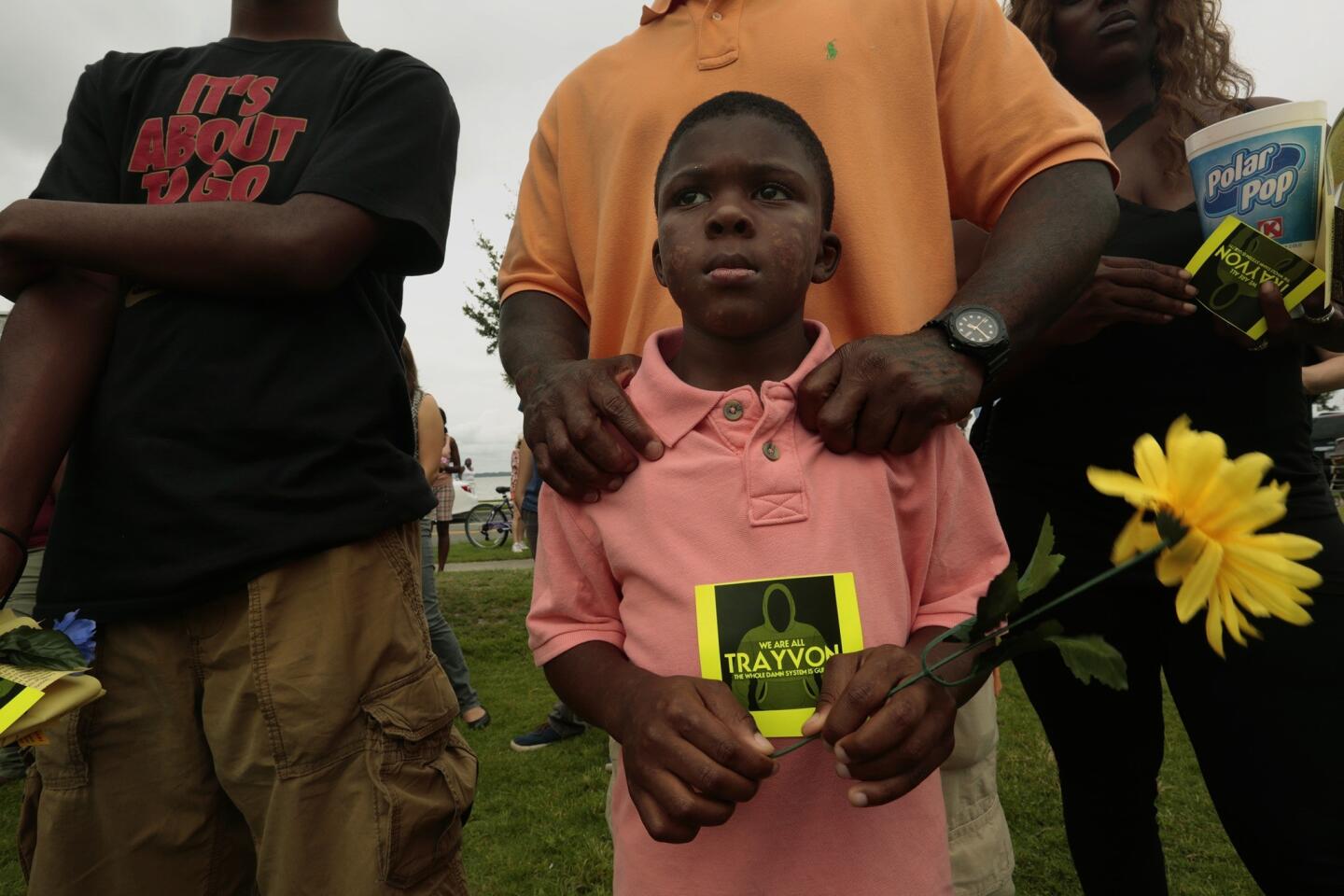
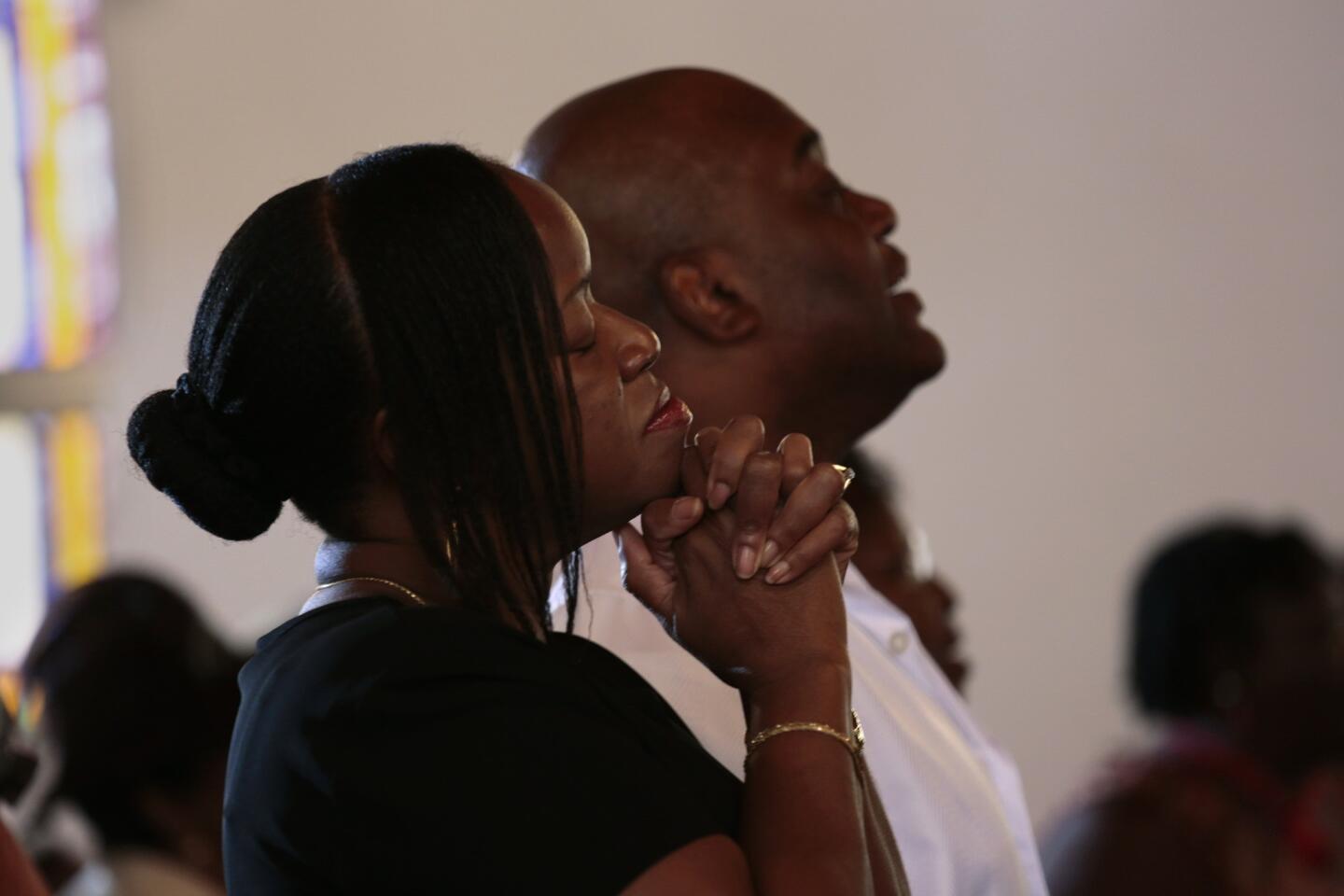
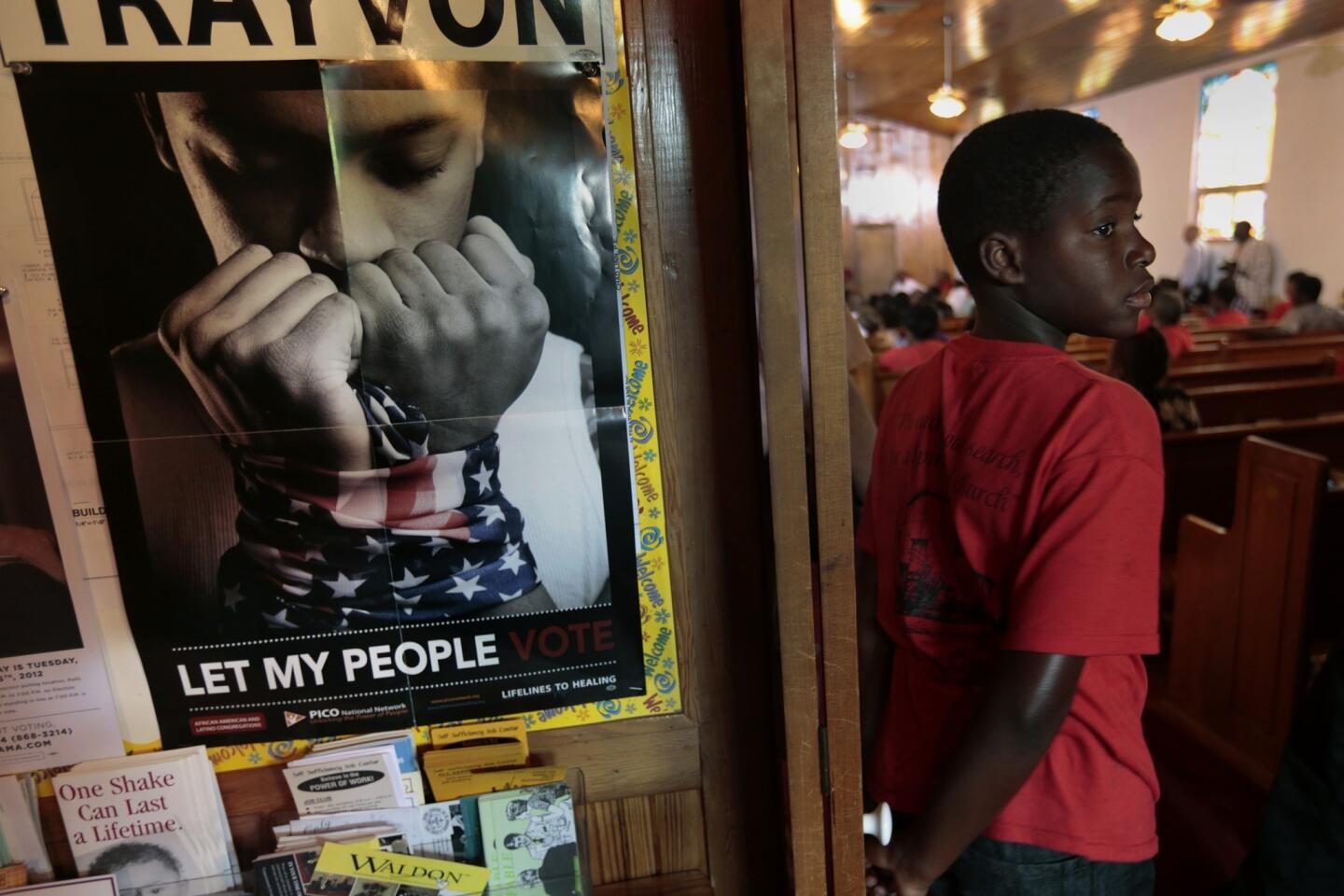
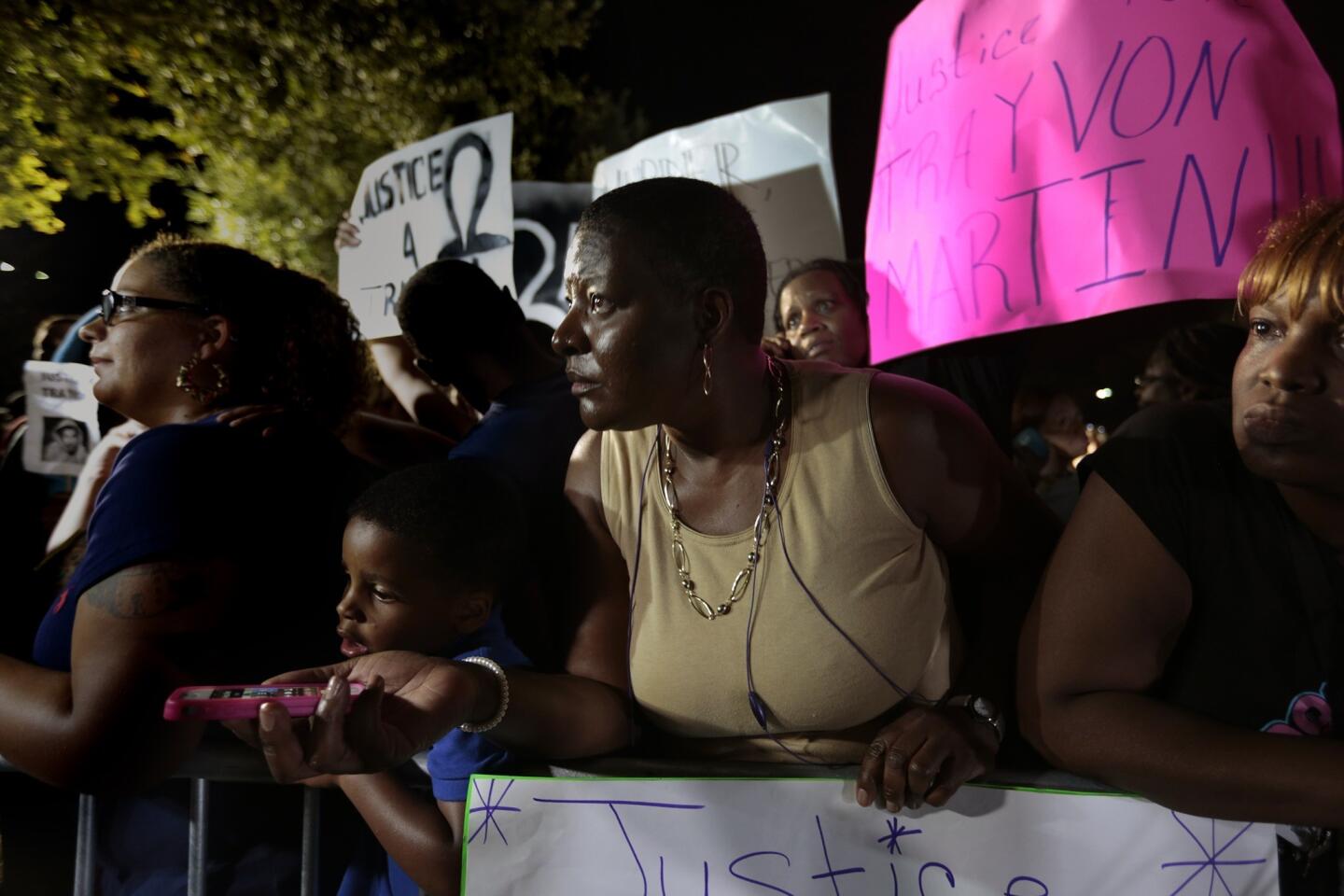
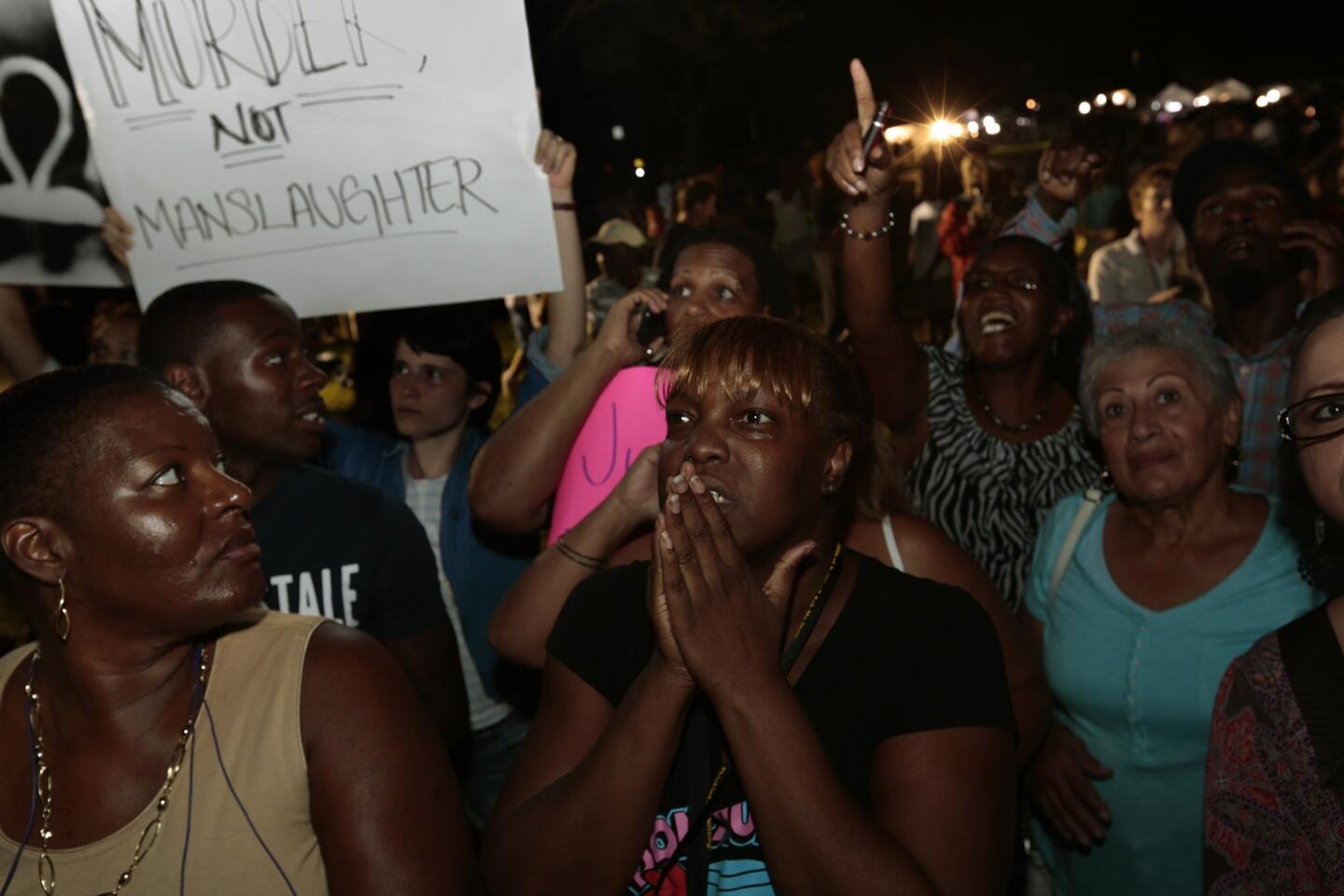
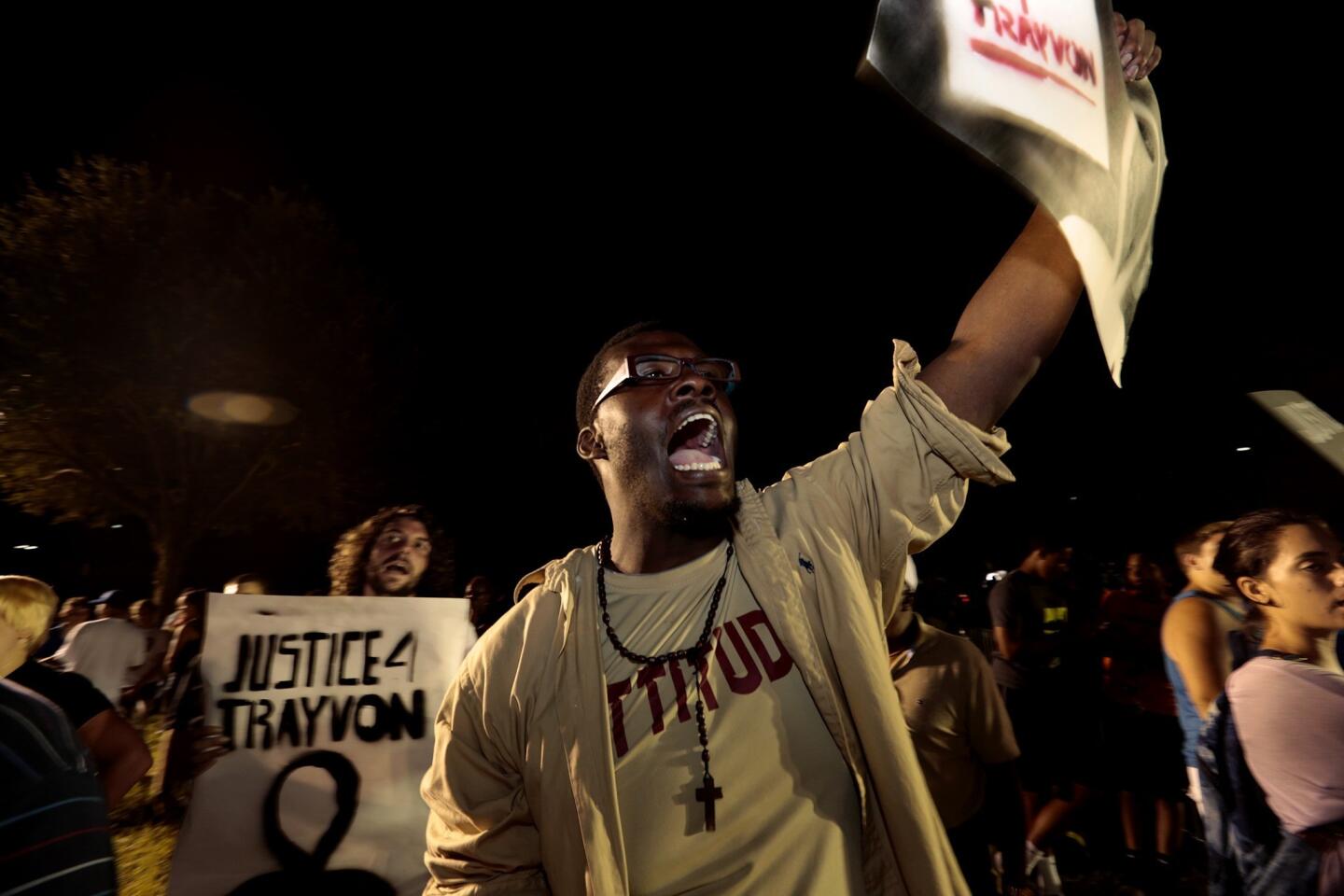
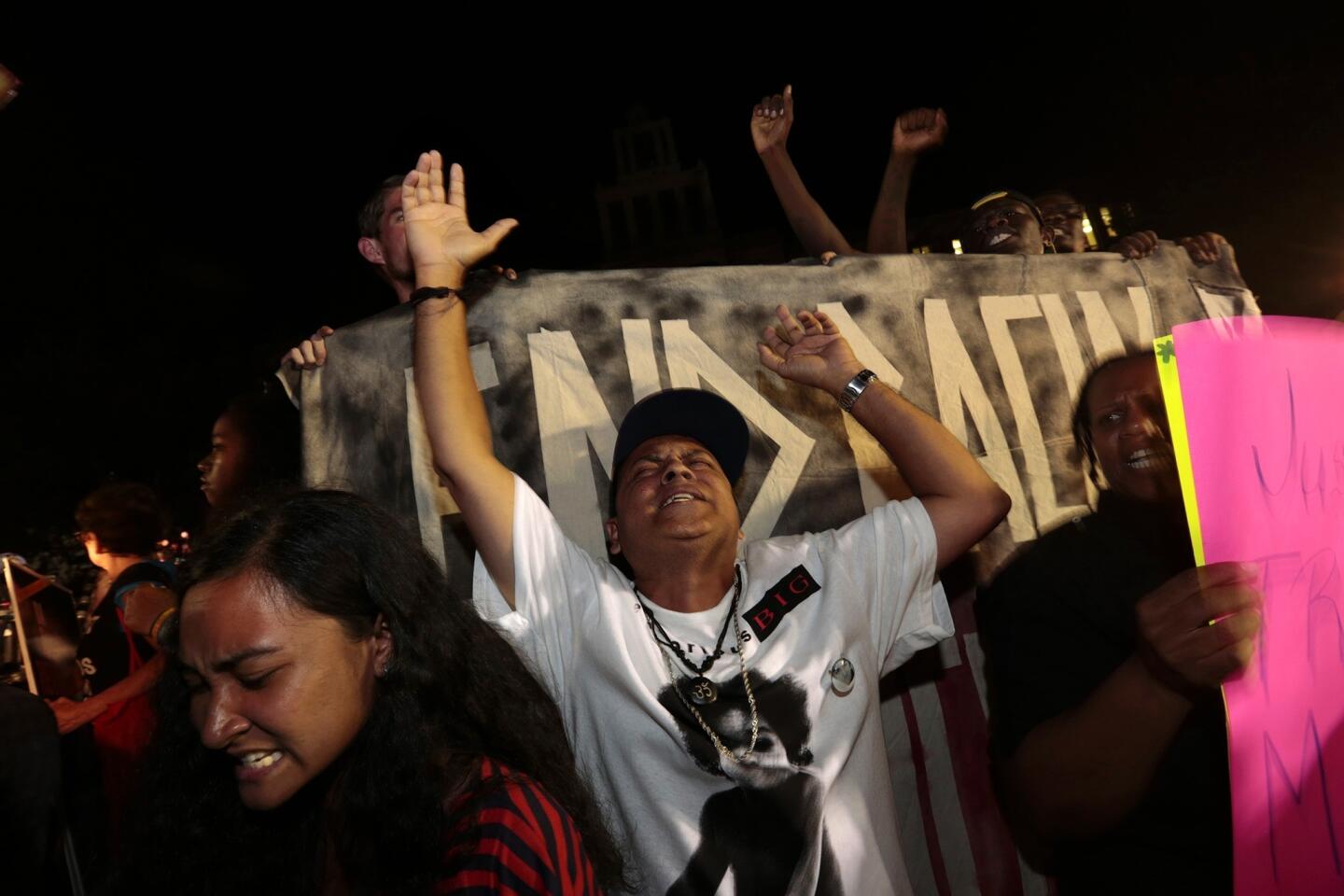
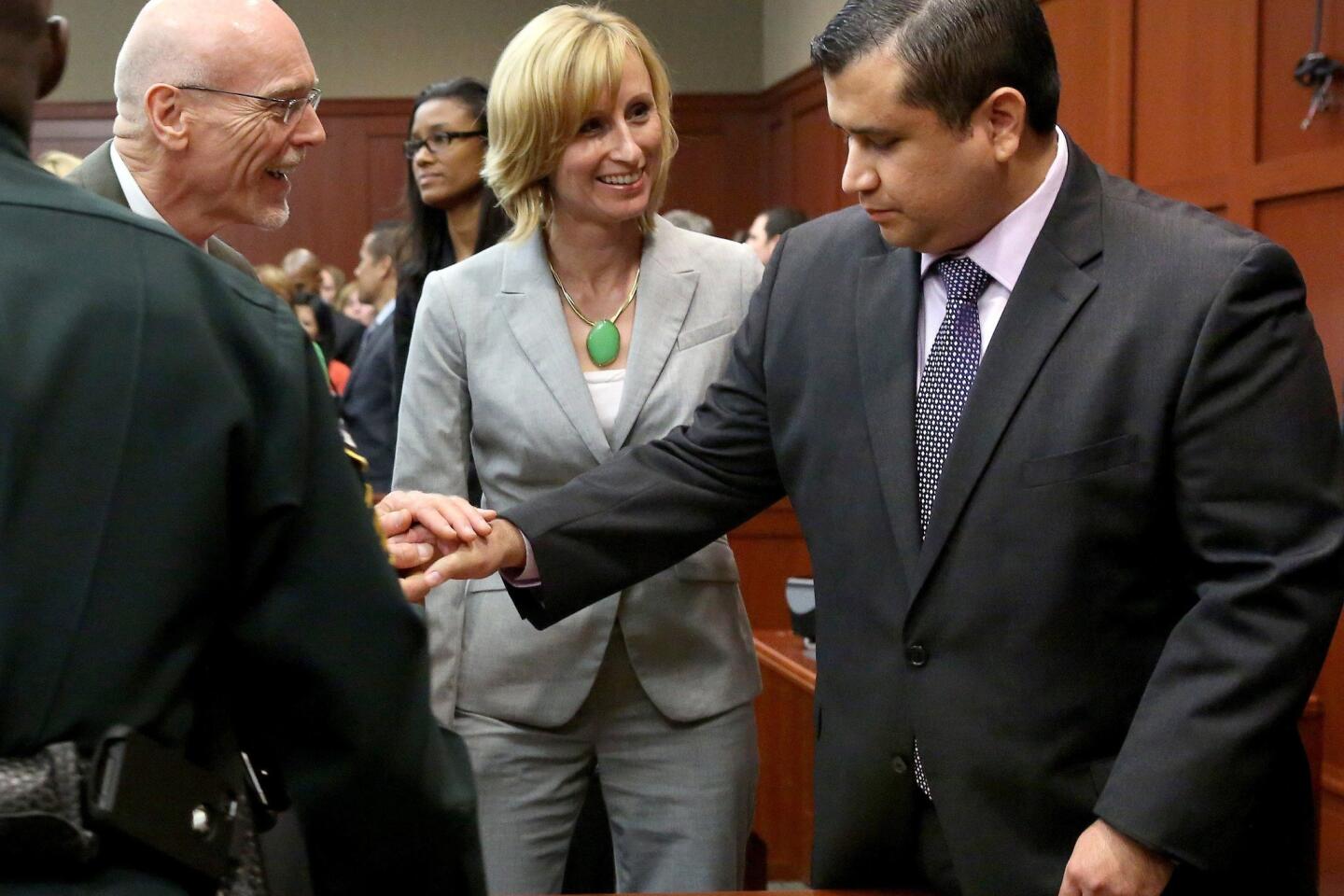
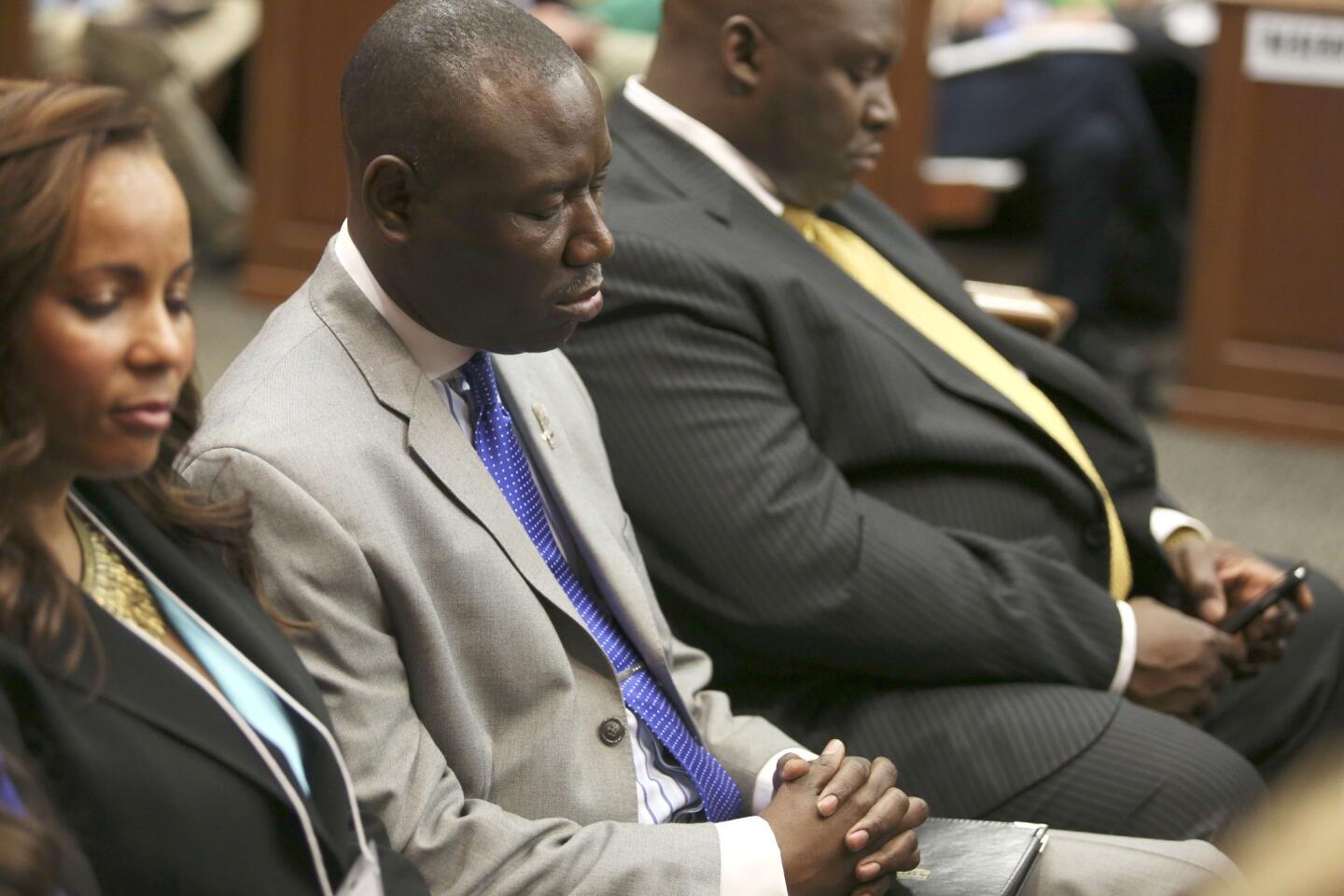
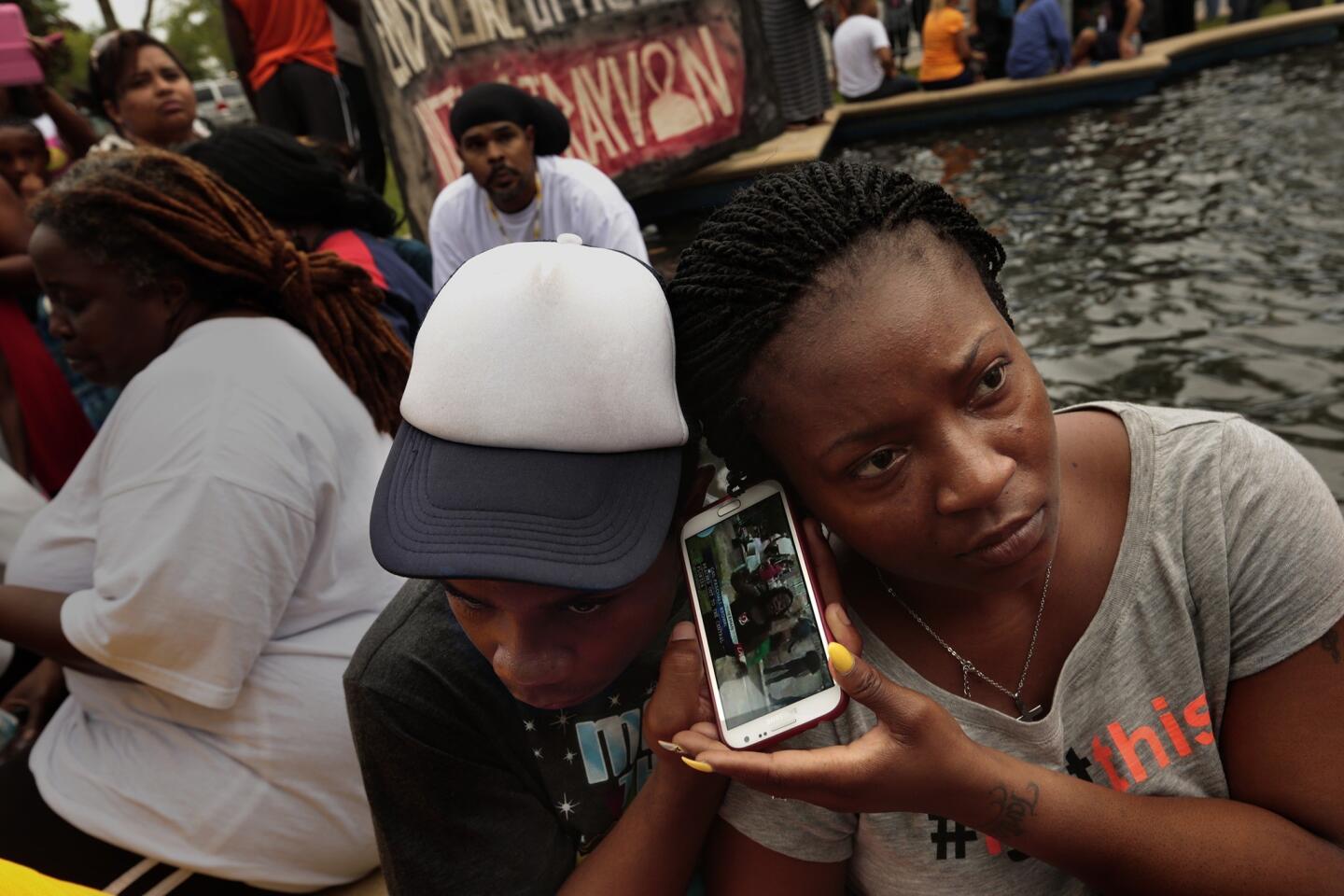
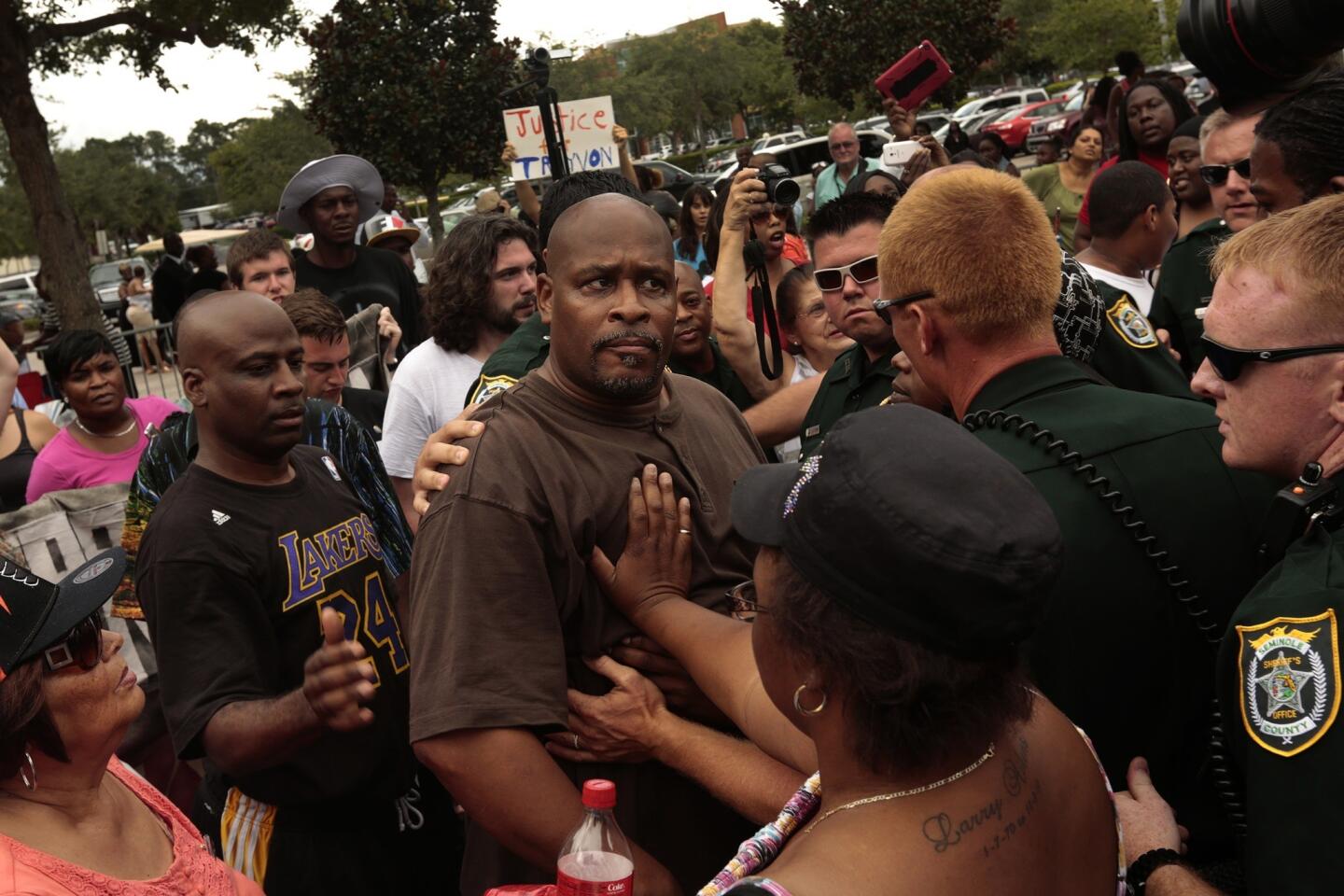
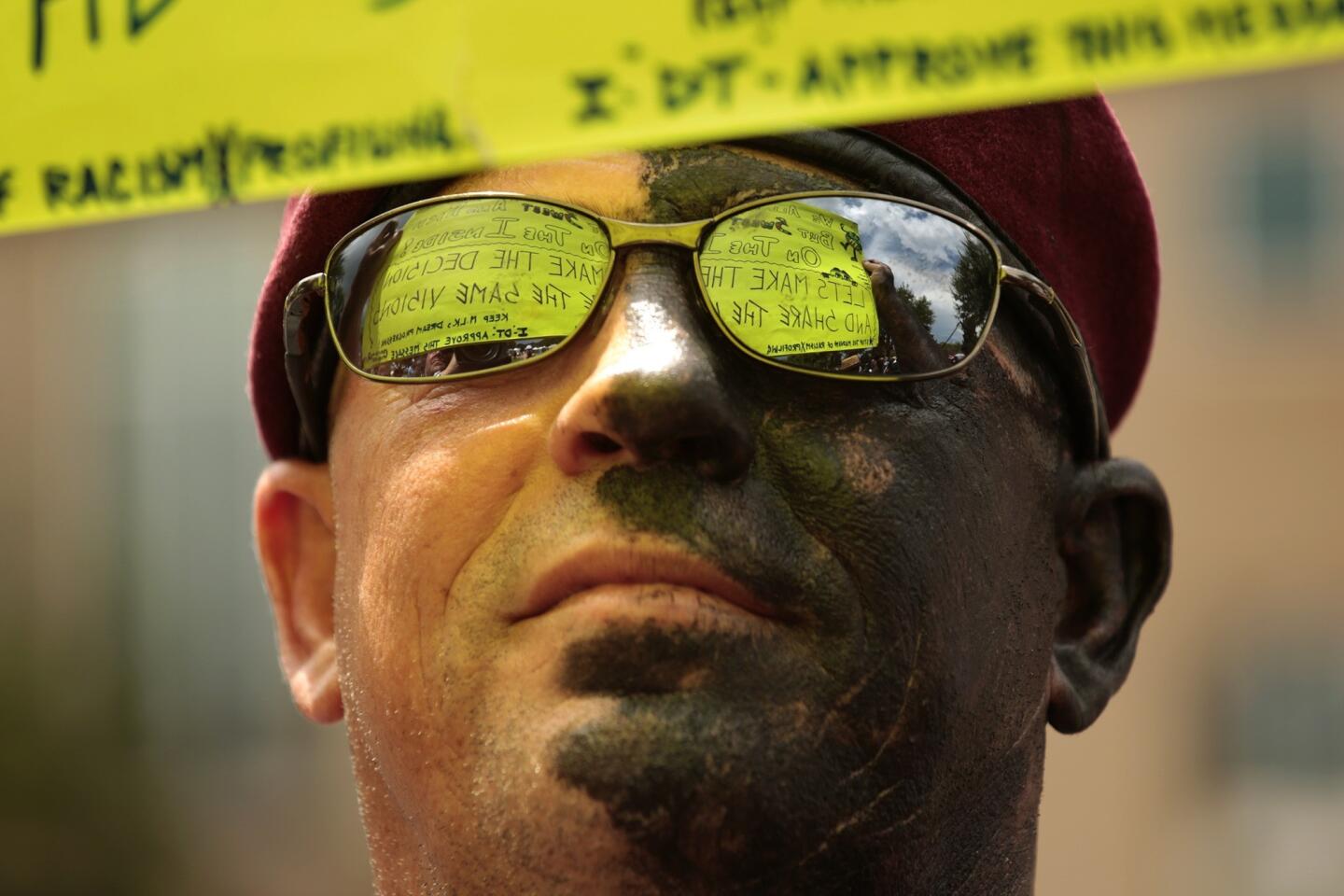
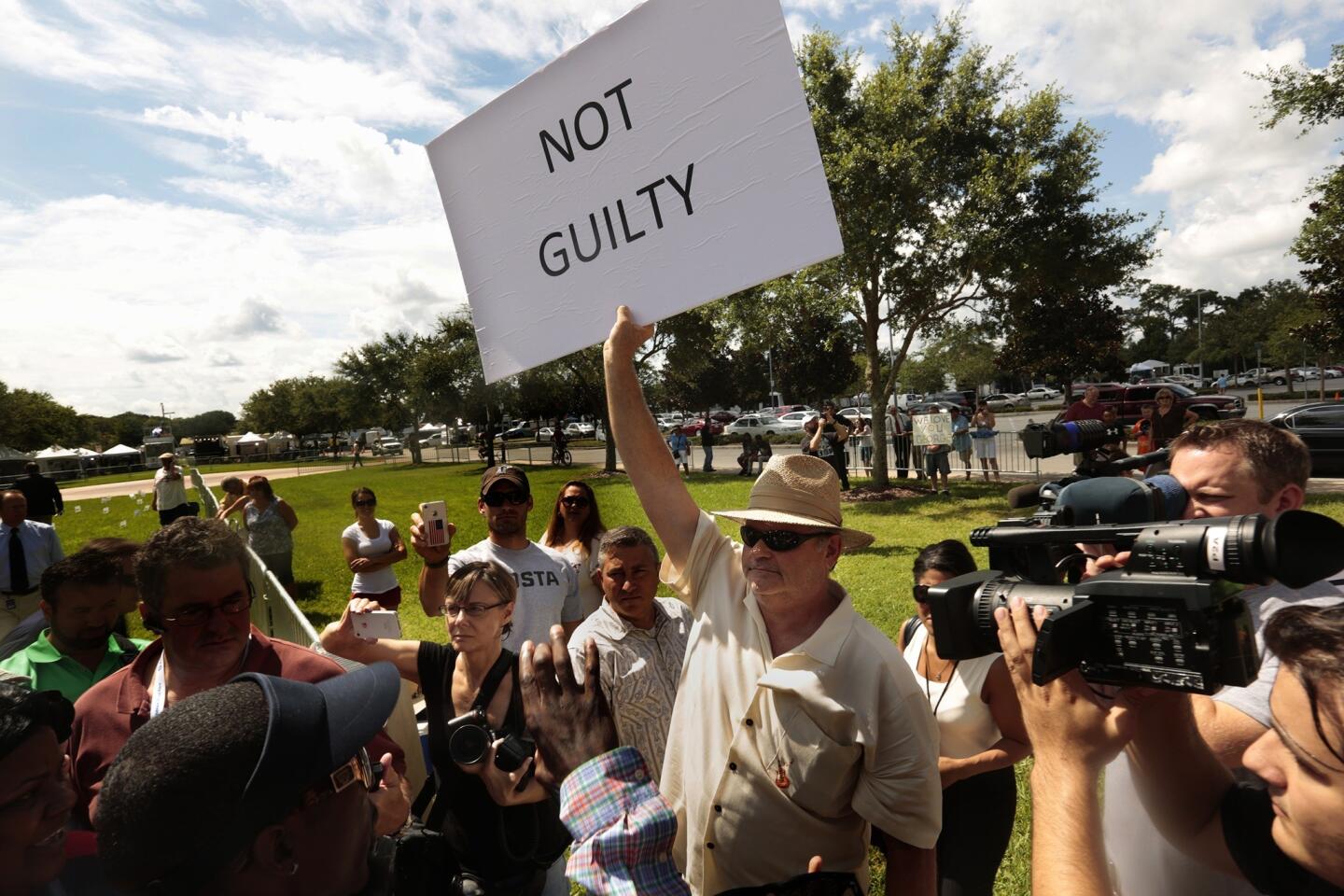
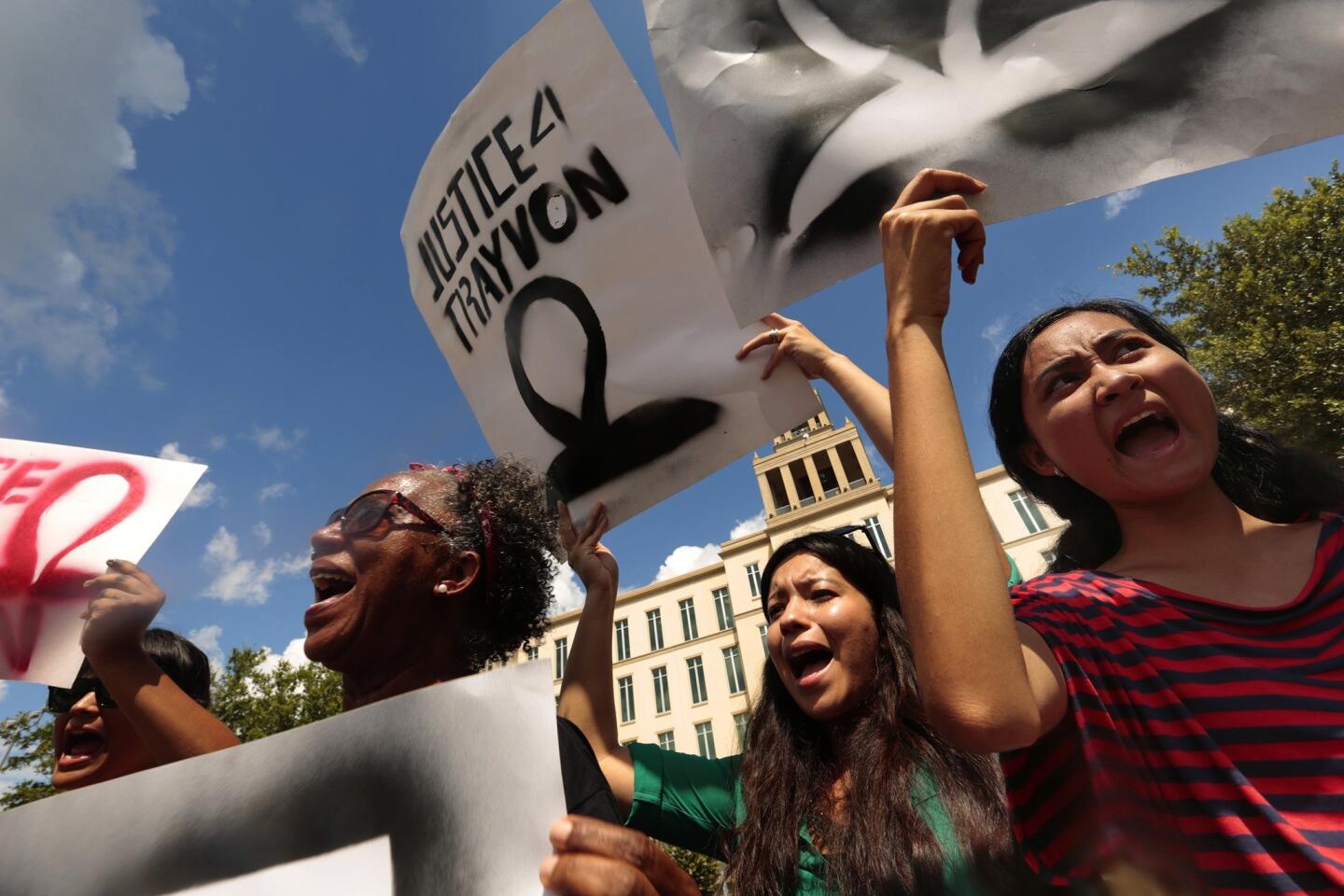
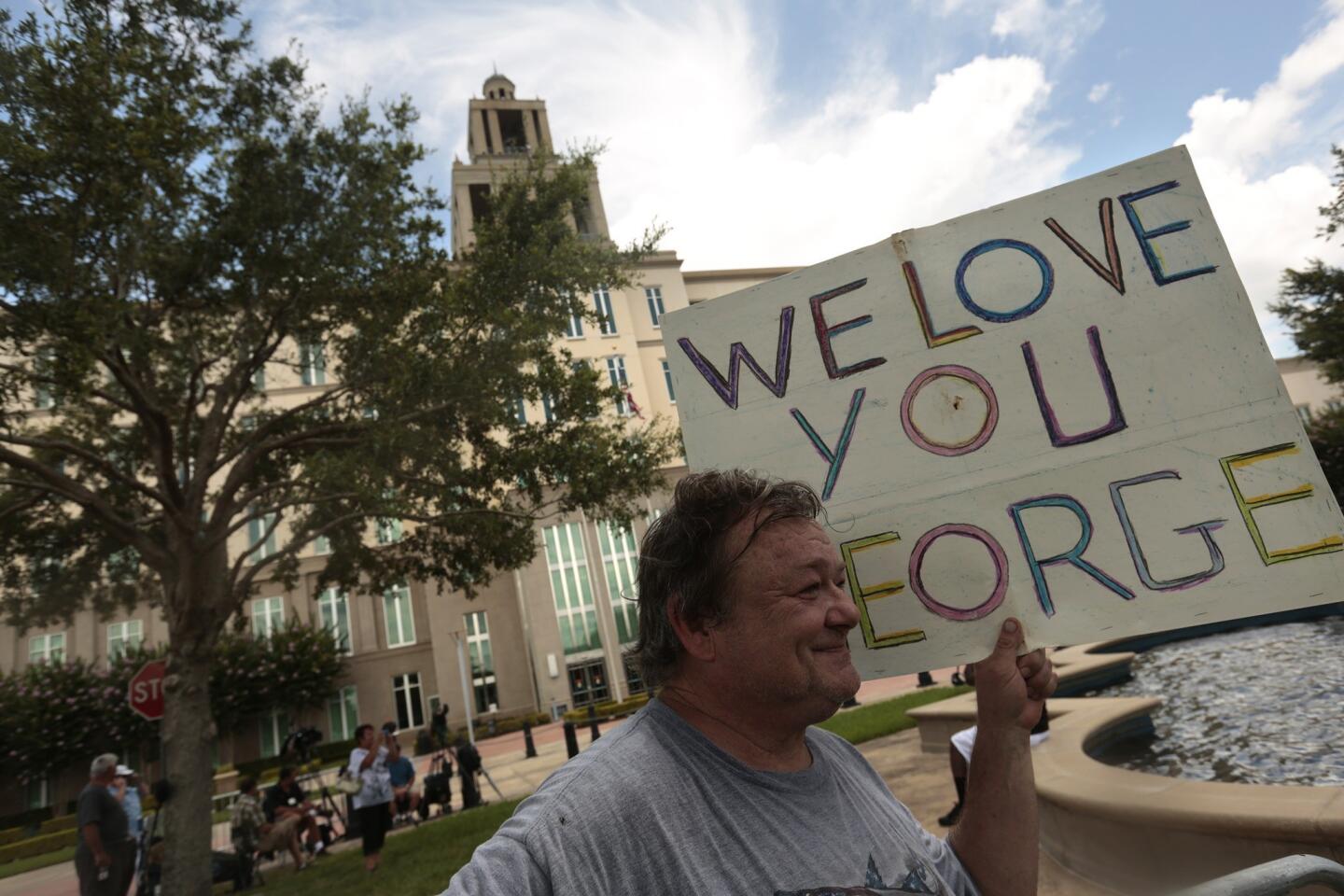
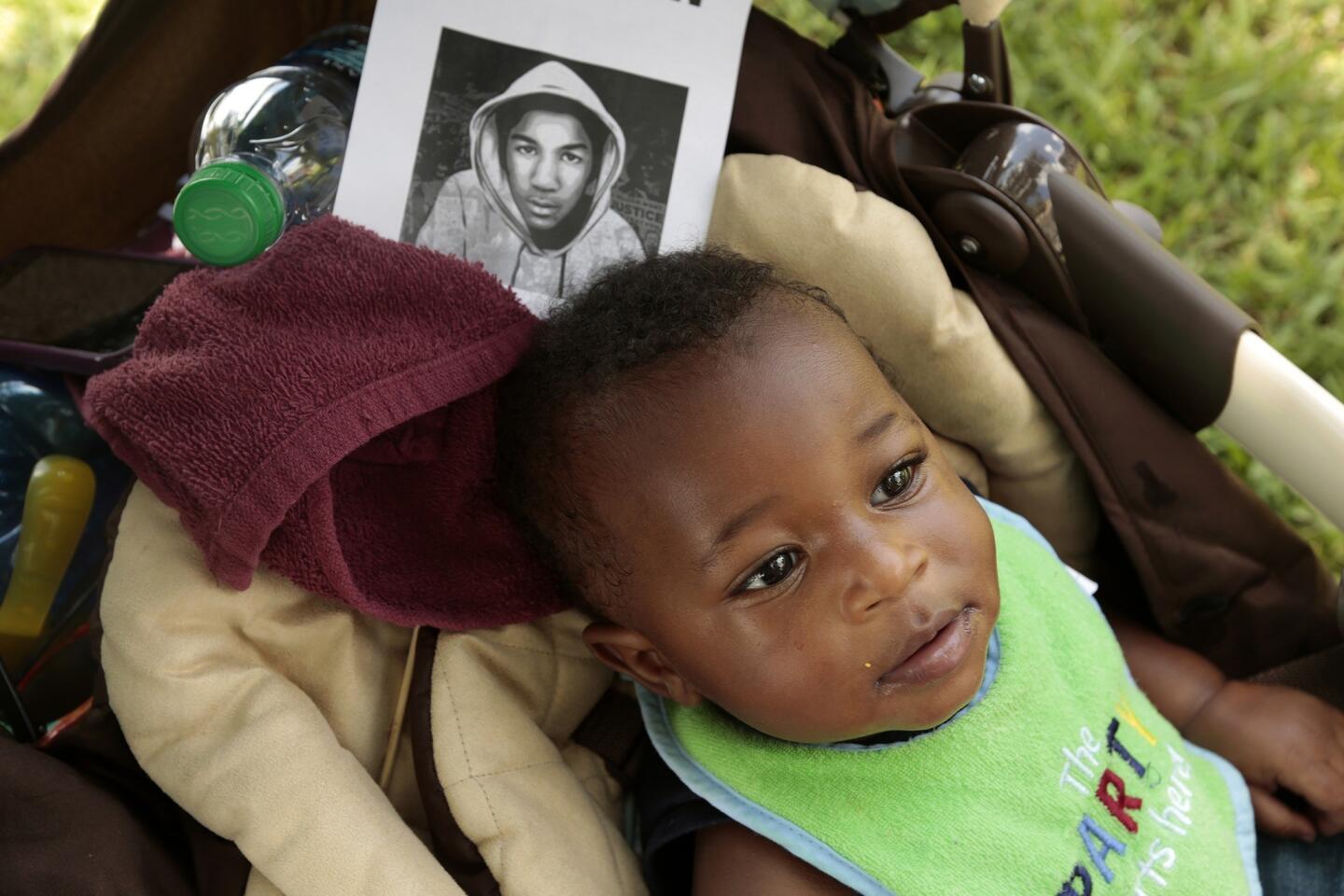
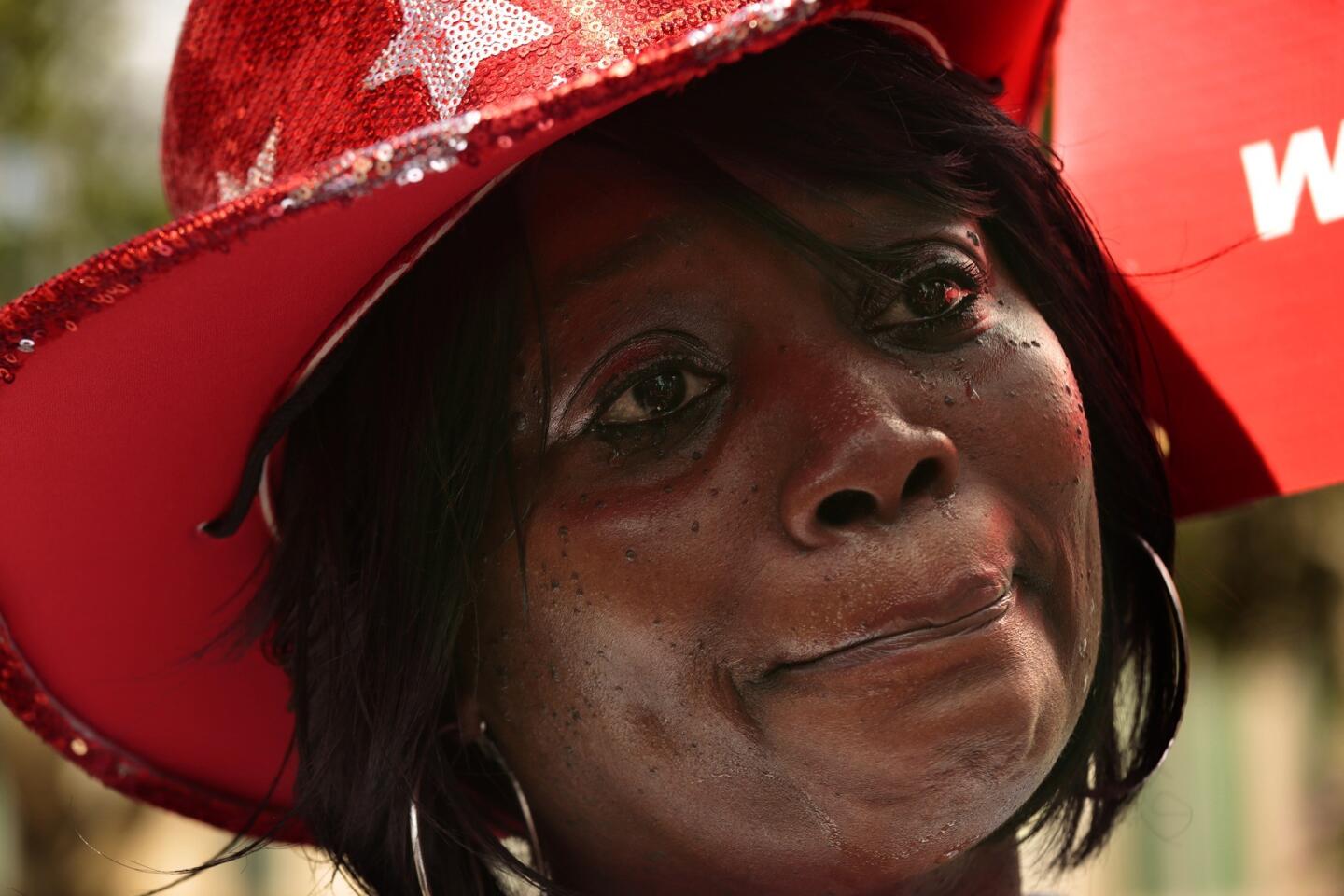
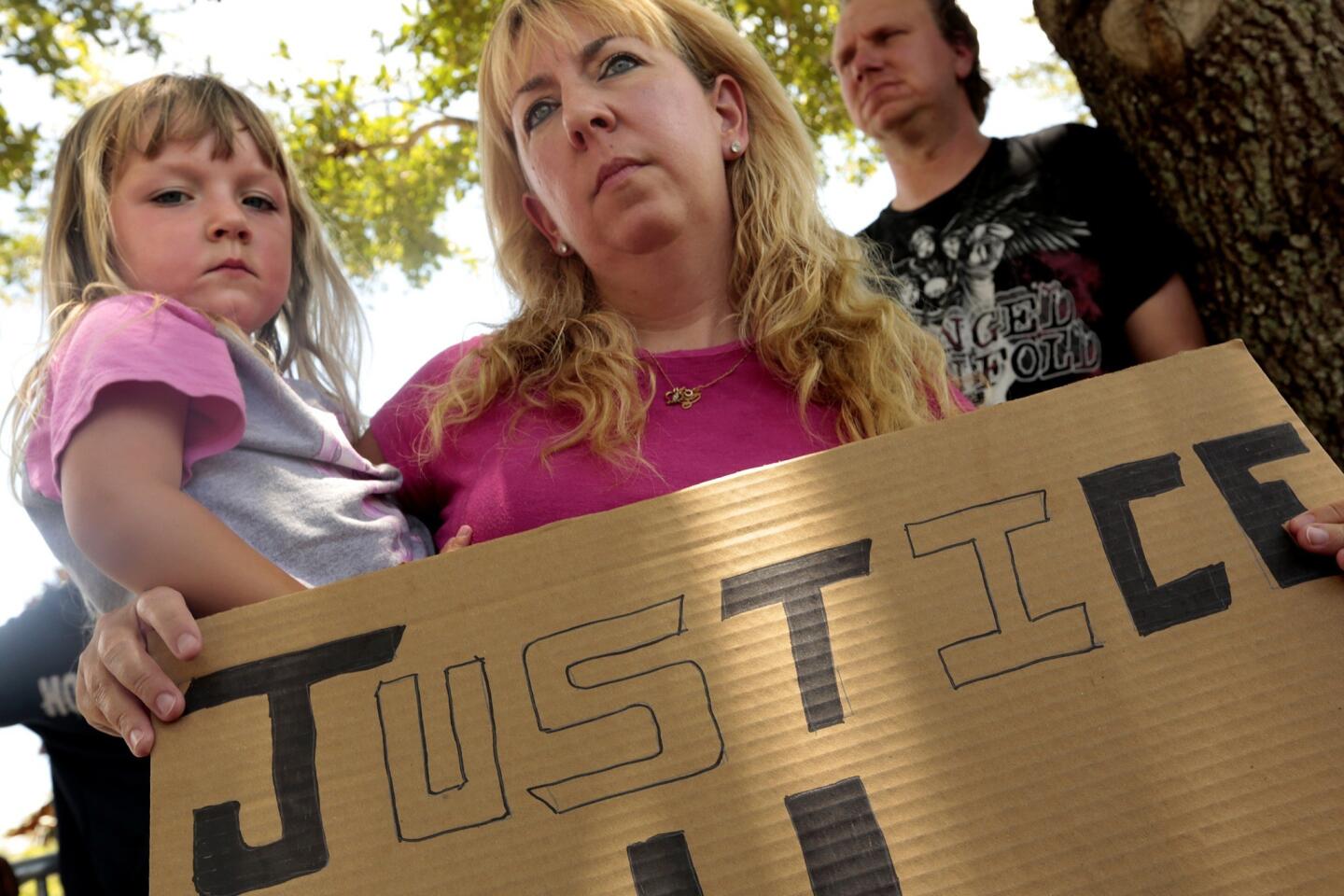
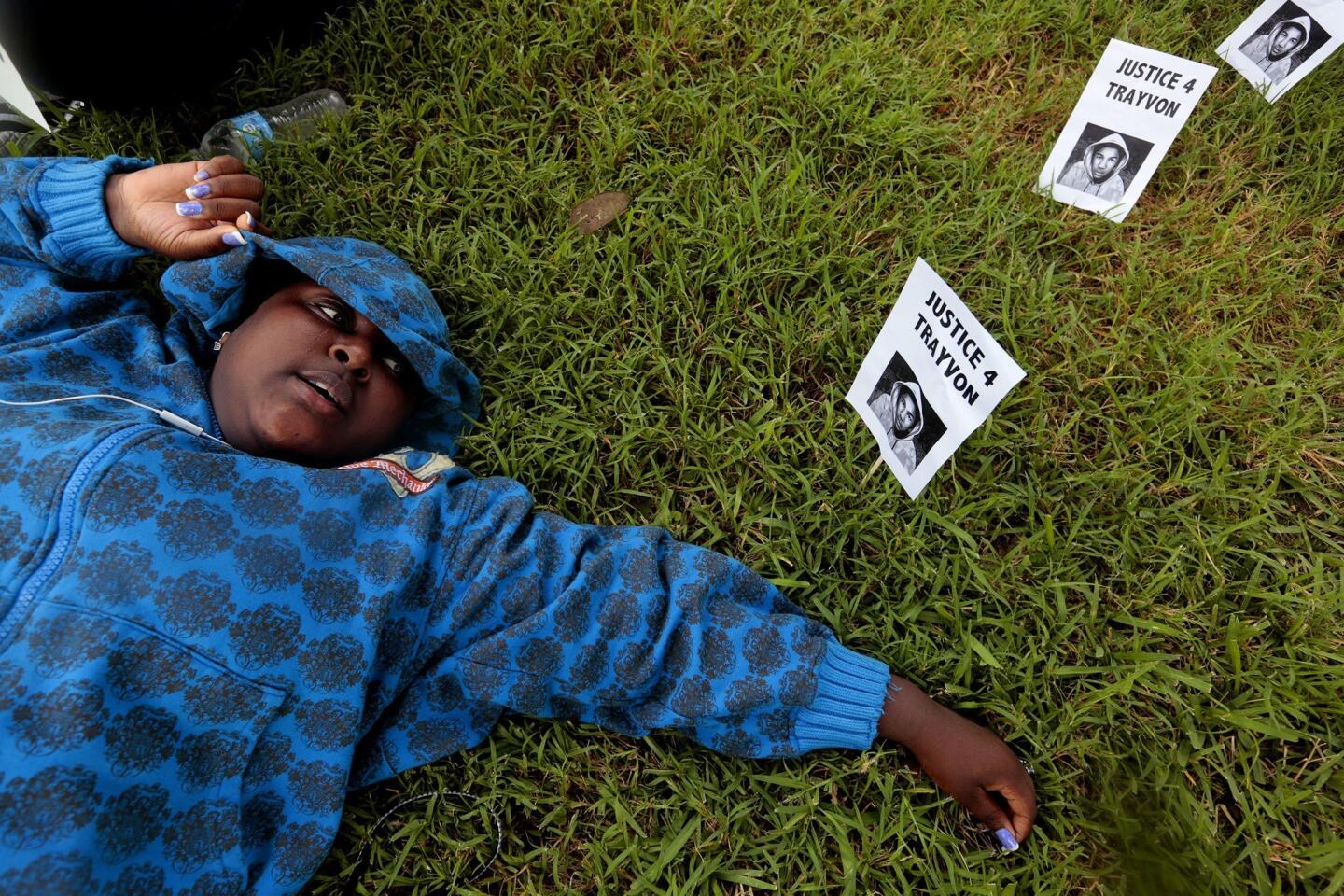
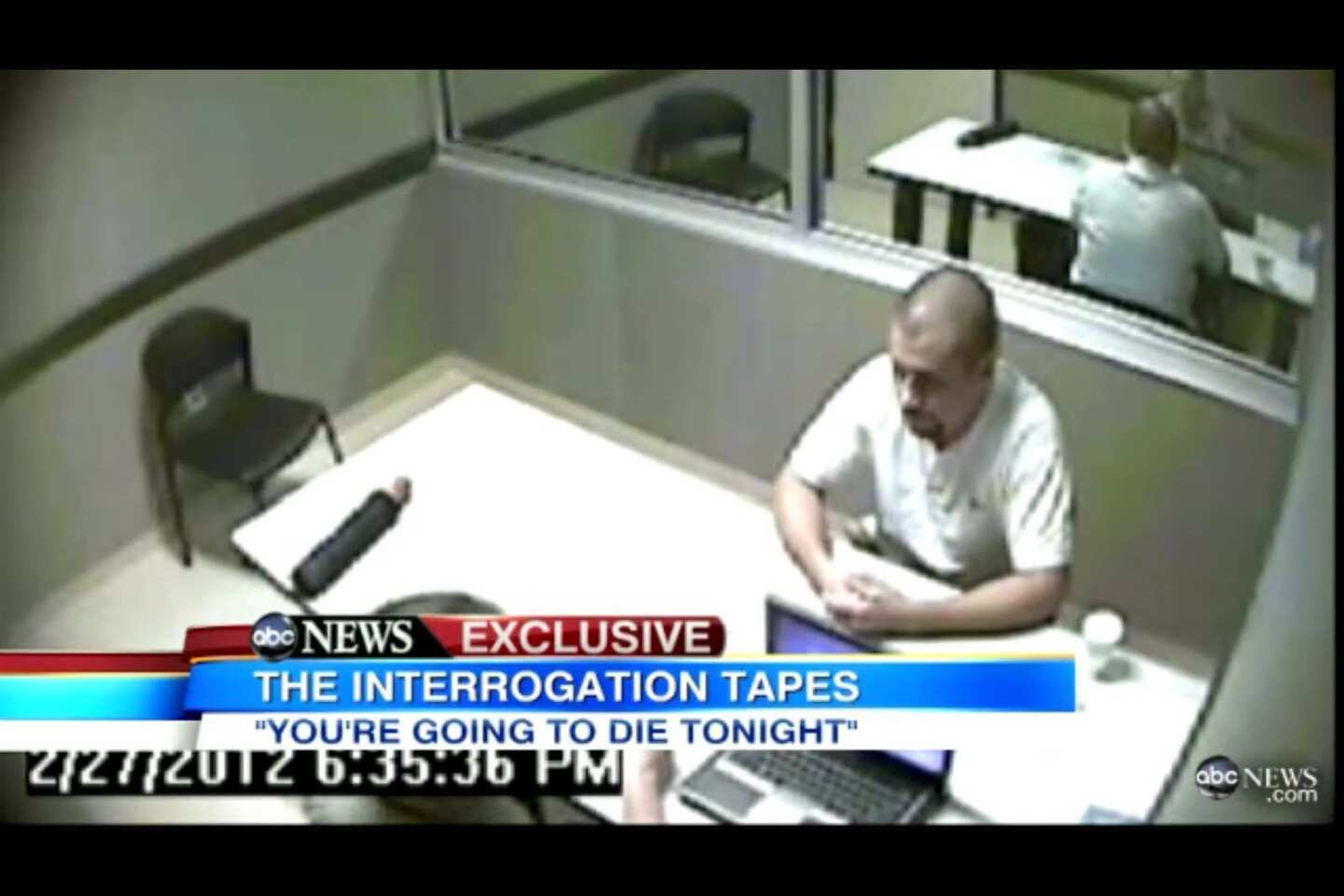
More: Zimmerman called police on night of shooting, was told to stay away (AFP / Getty Images)
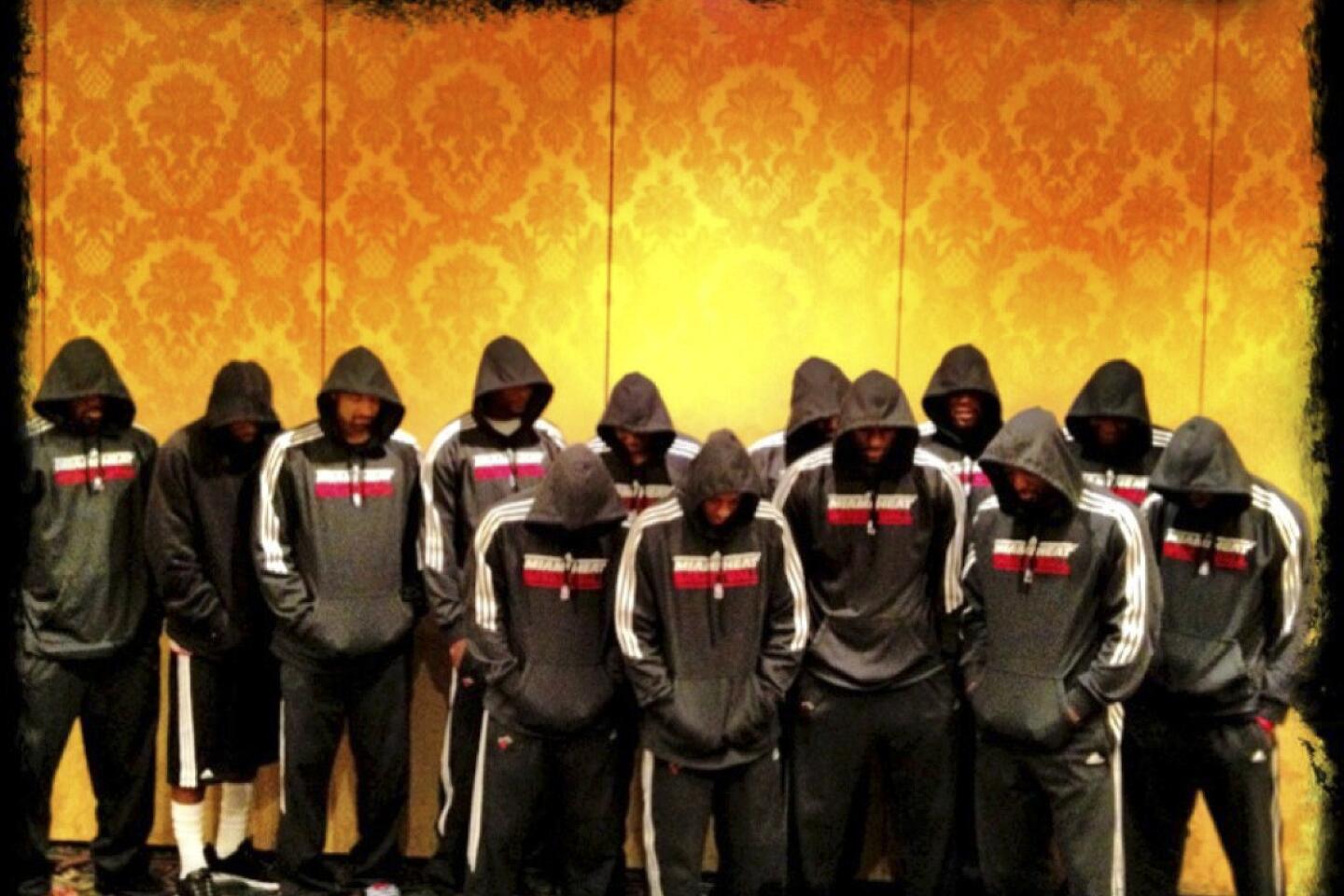
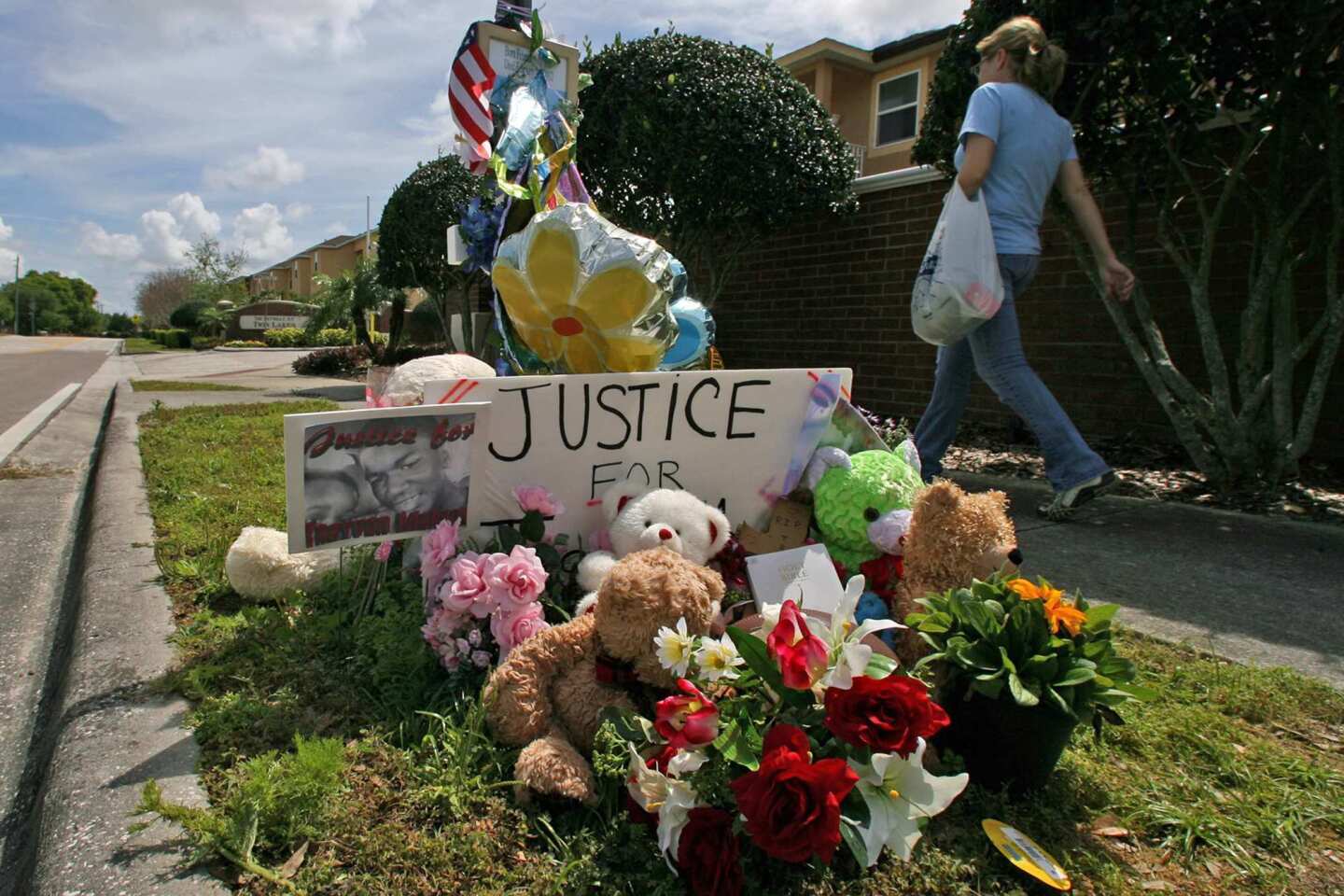
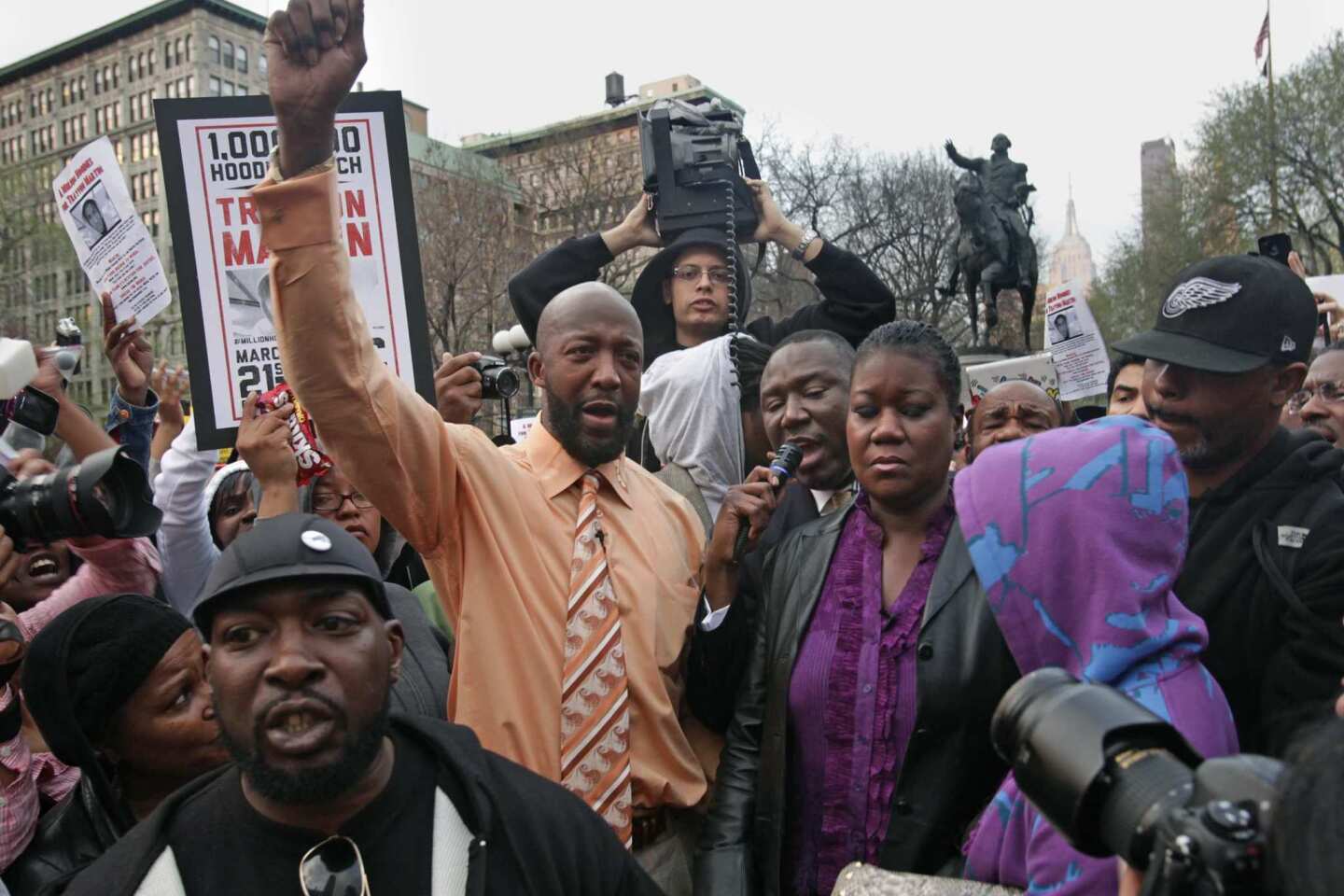
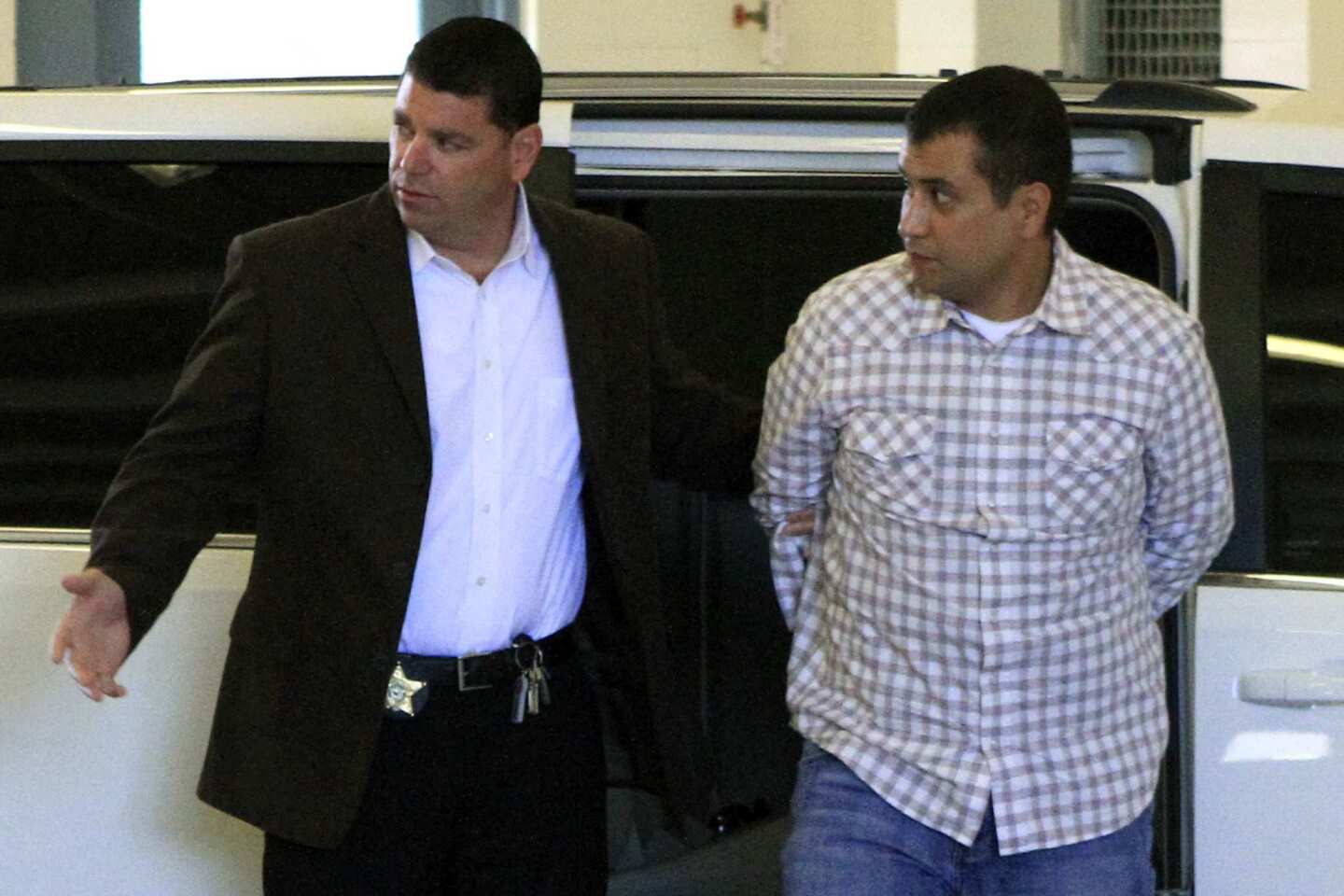
More: Zimmerman accused of misrepresenting his finances, having second passport (Joshua C. Cruey / Associated Press)
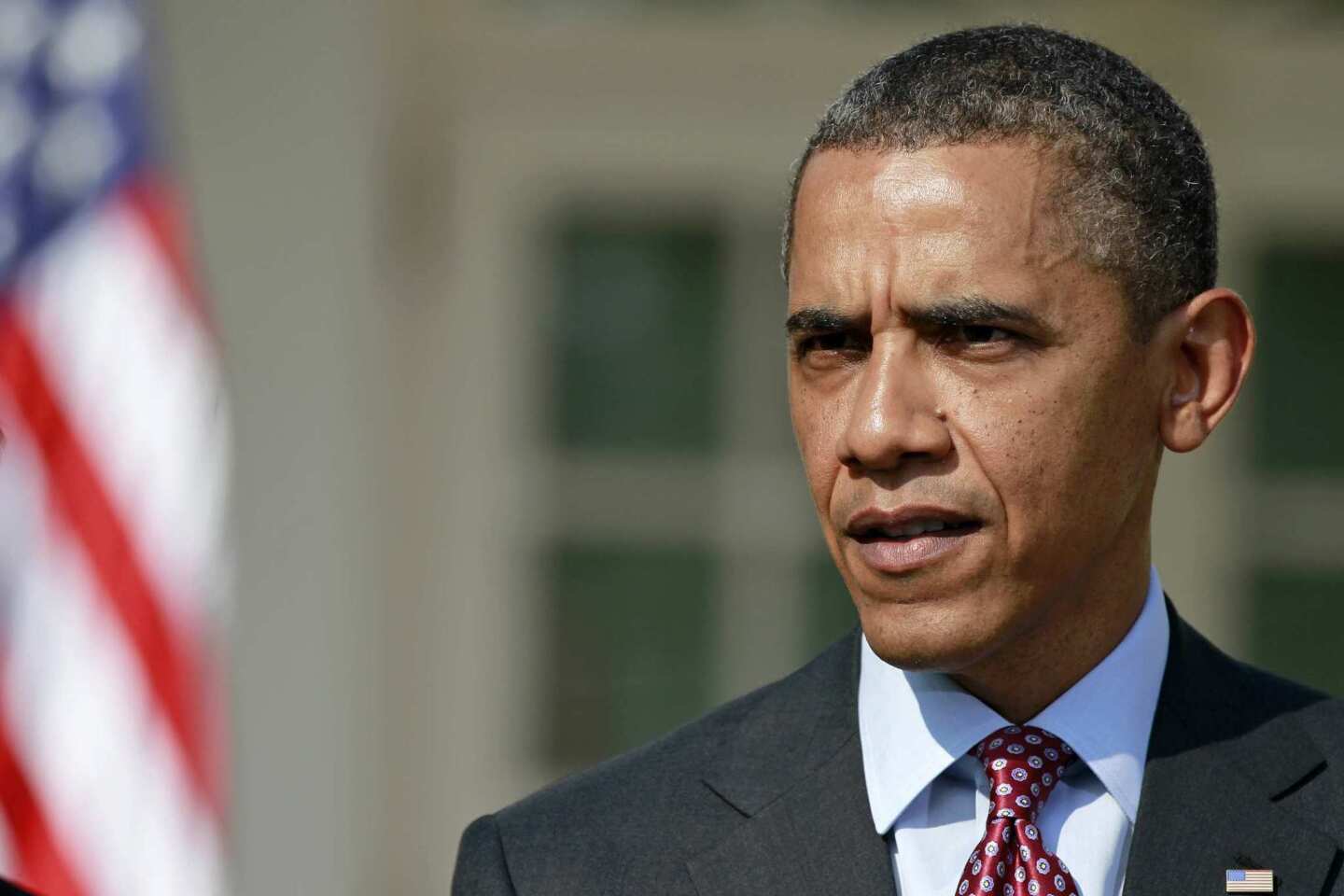
More:âWhen I think about this boy I think about my own kidsâ (Haraz N. Ghanbari / Associated Press)
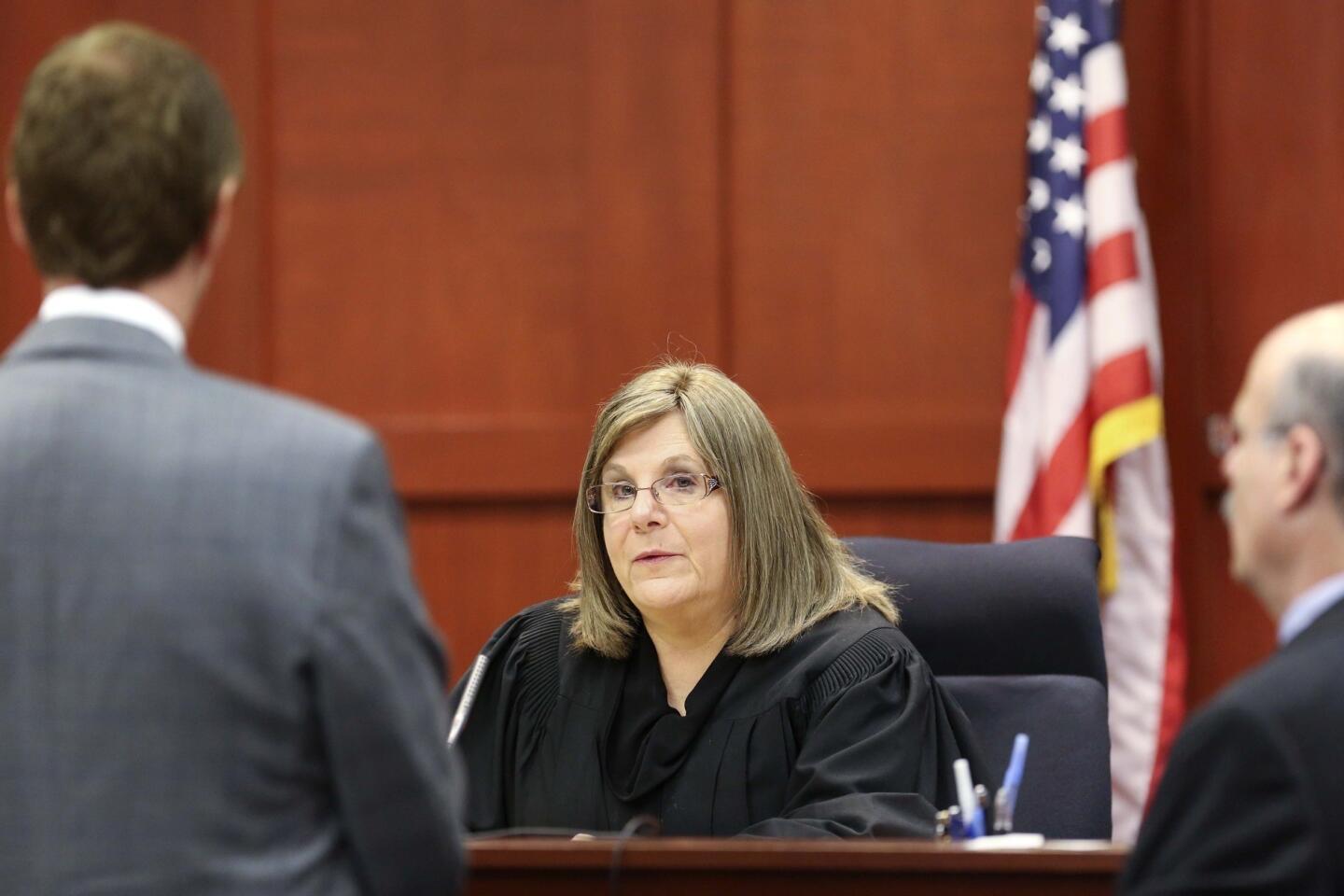
More: Judge declines stay; case to proceed in June (Joe Burbank / Associated Press)
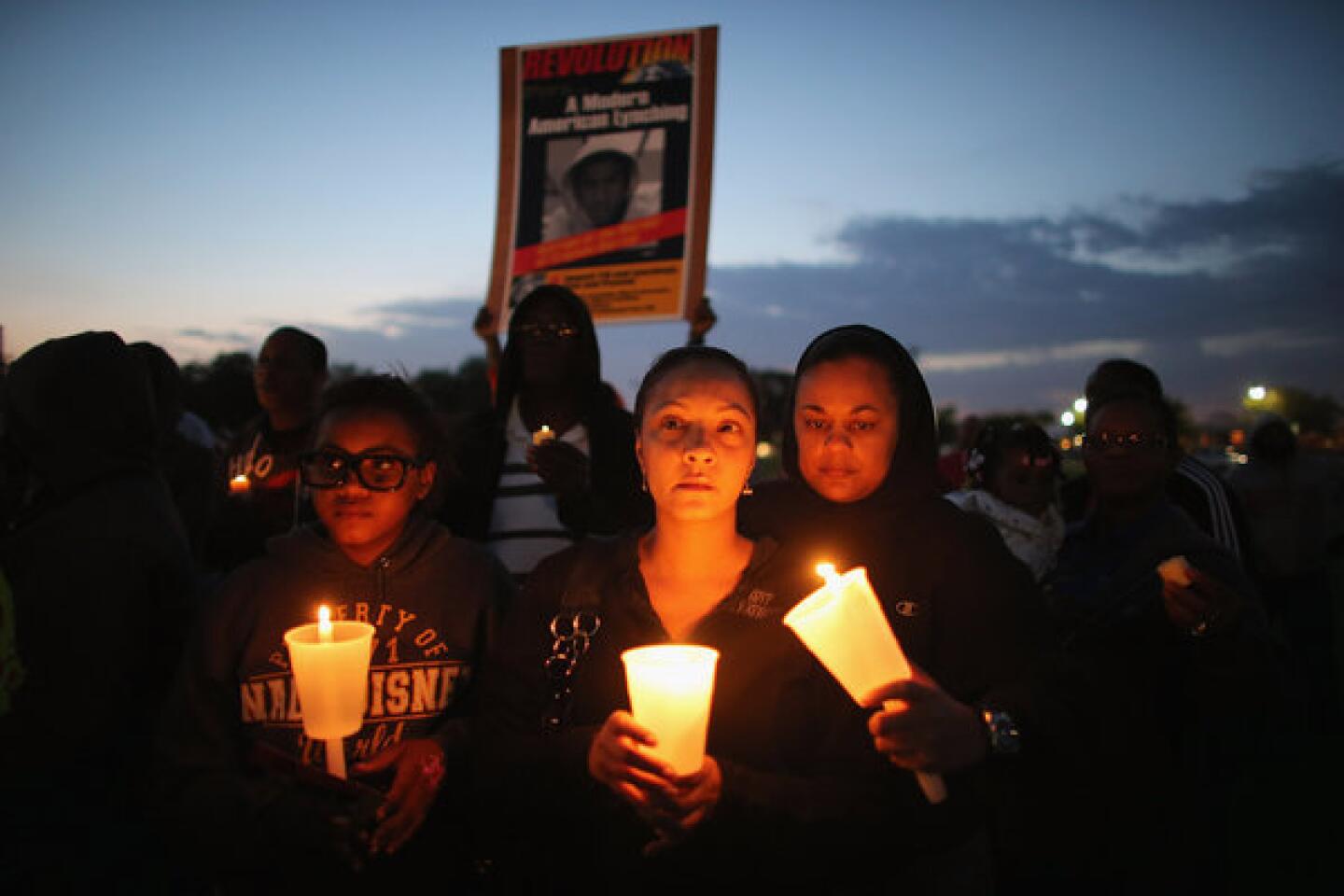
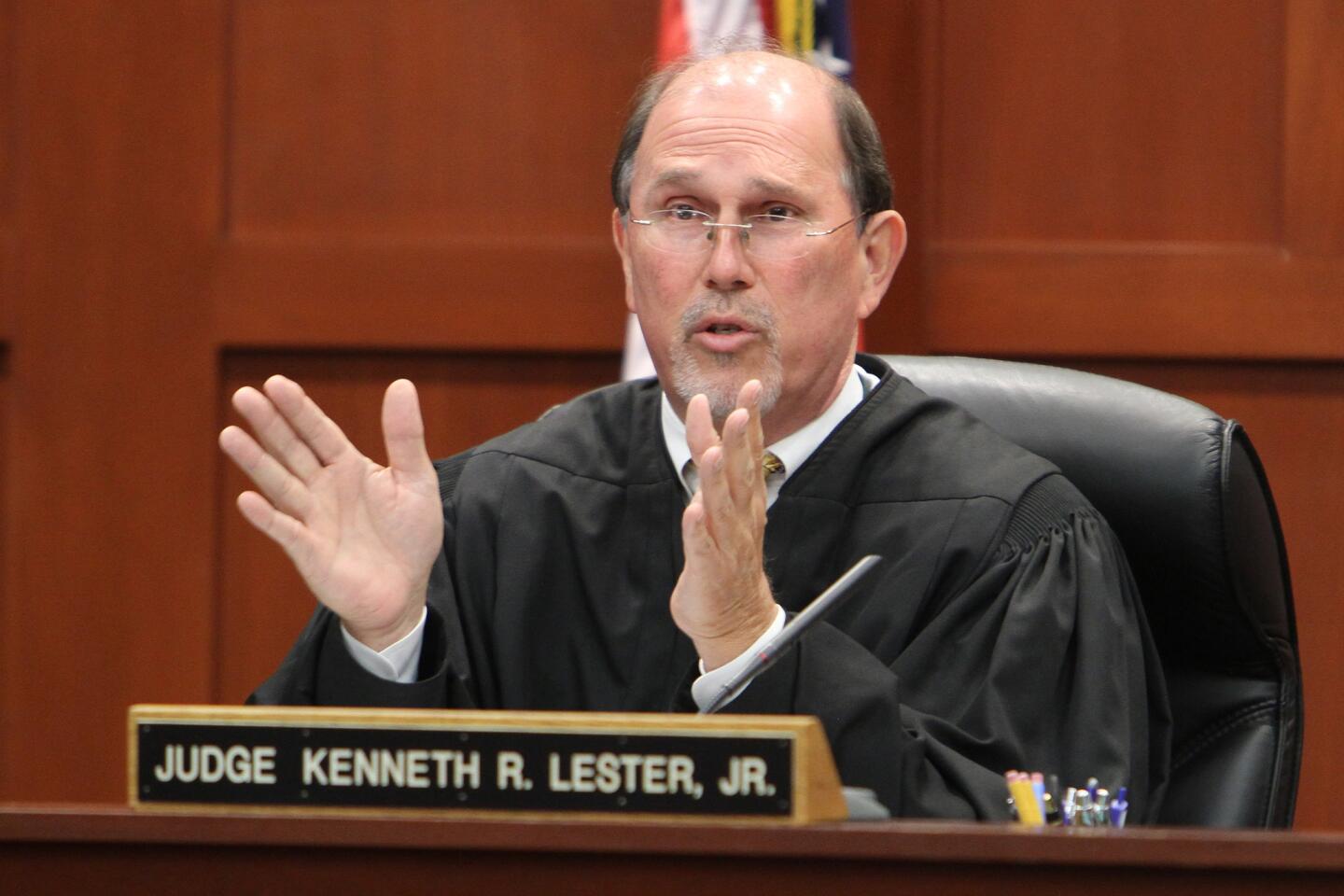
More: Judge says no, I wonât disqualify myself (Red Huber / Orlando Sentinel / Associated Press)
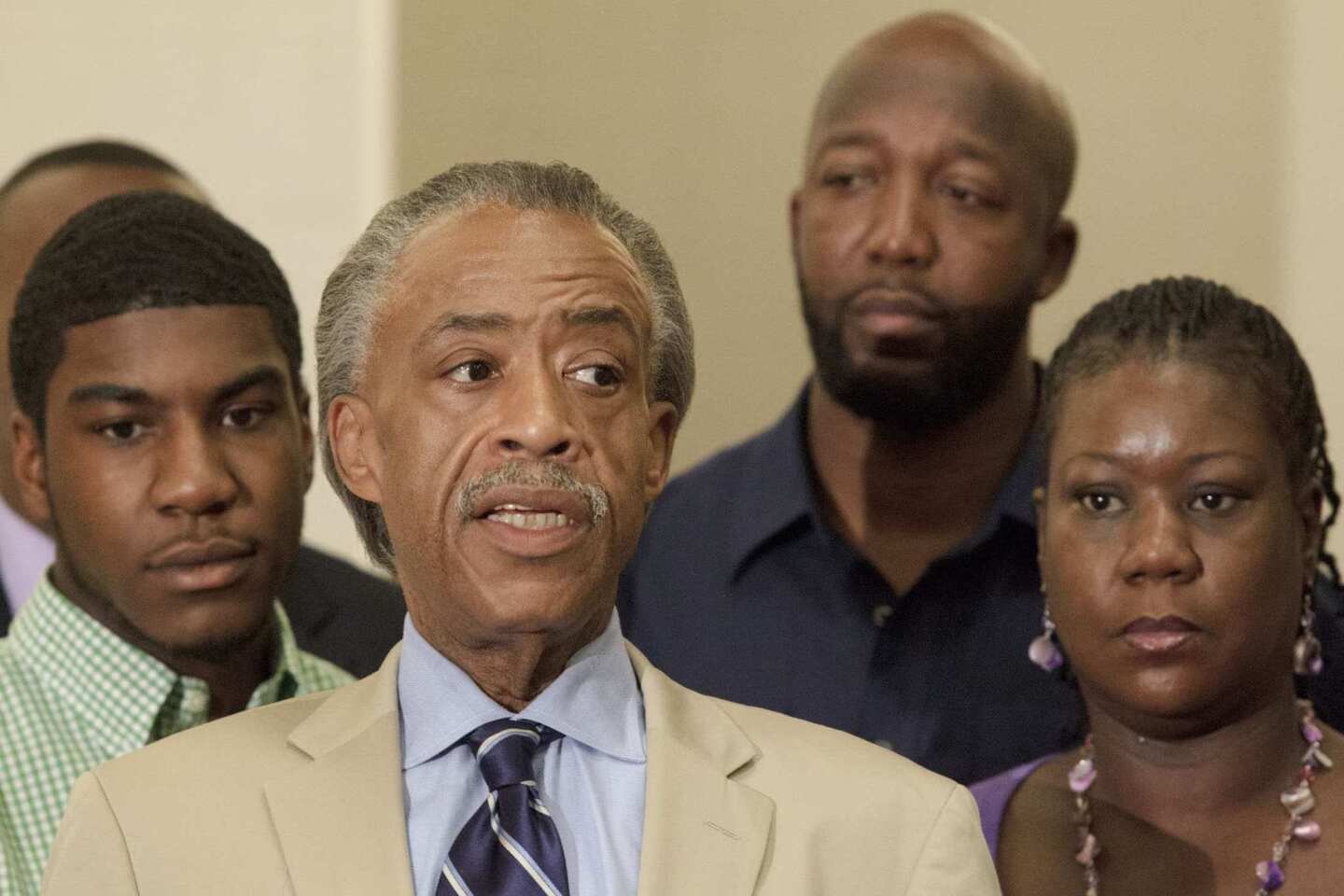
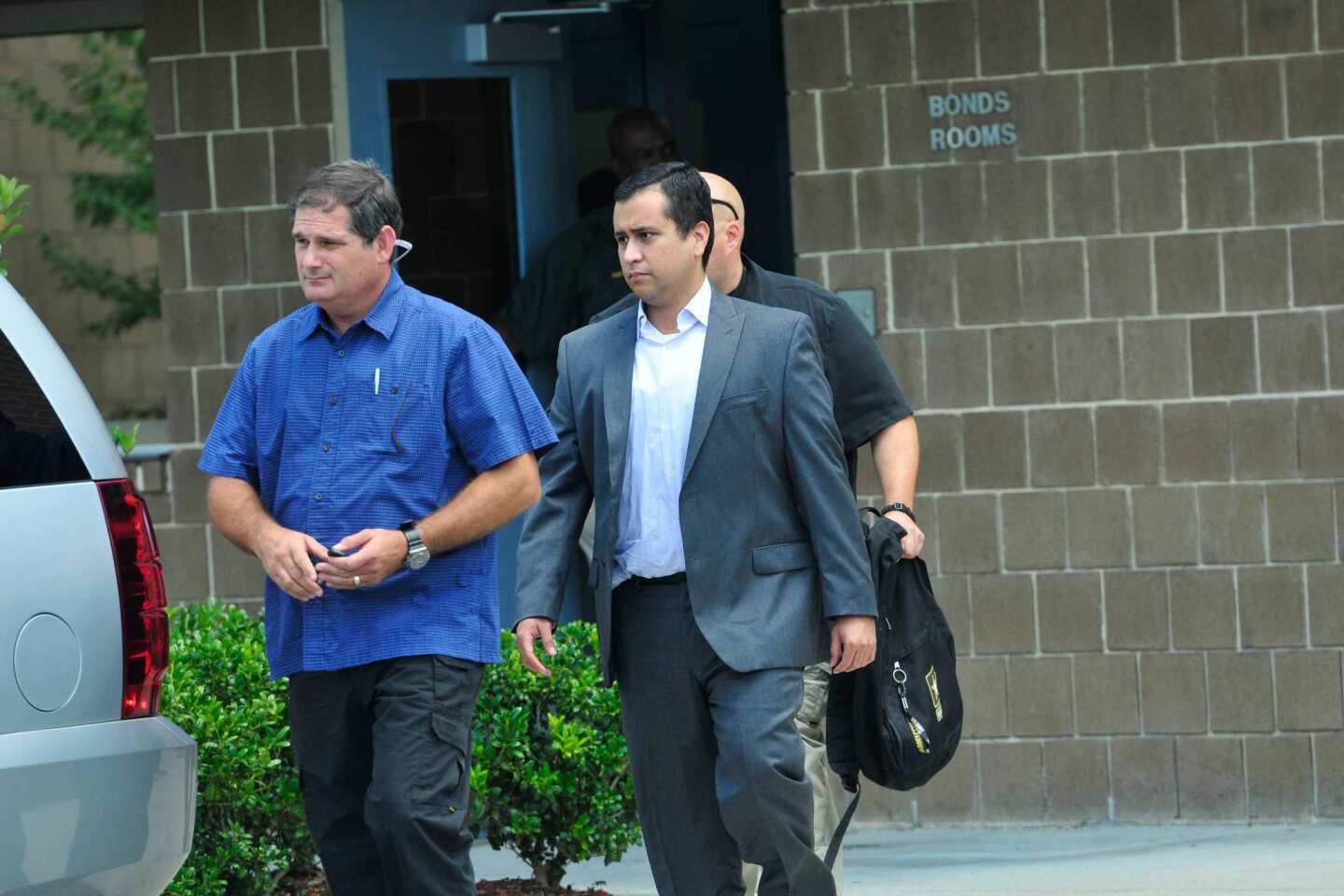
More: A scathing order from judge in Trayvon Martin case (Roberto Gonzalez / Getty Images)
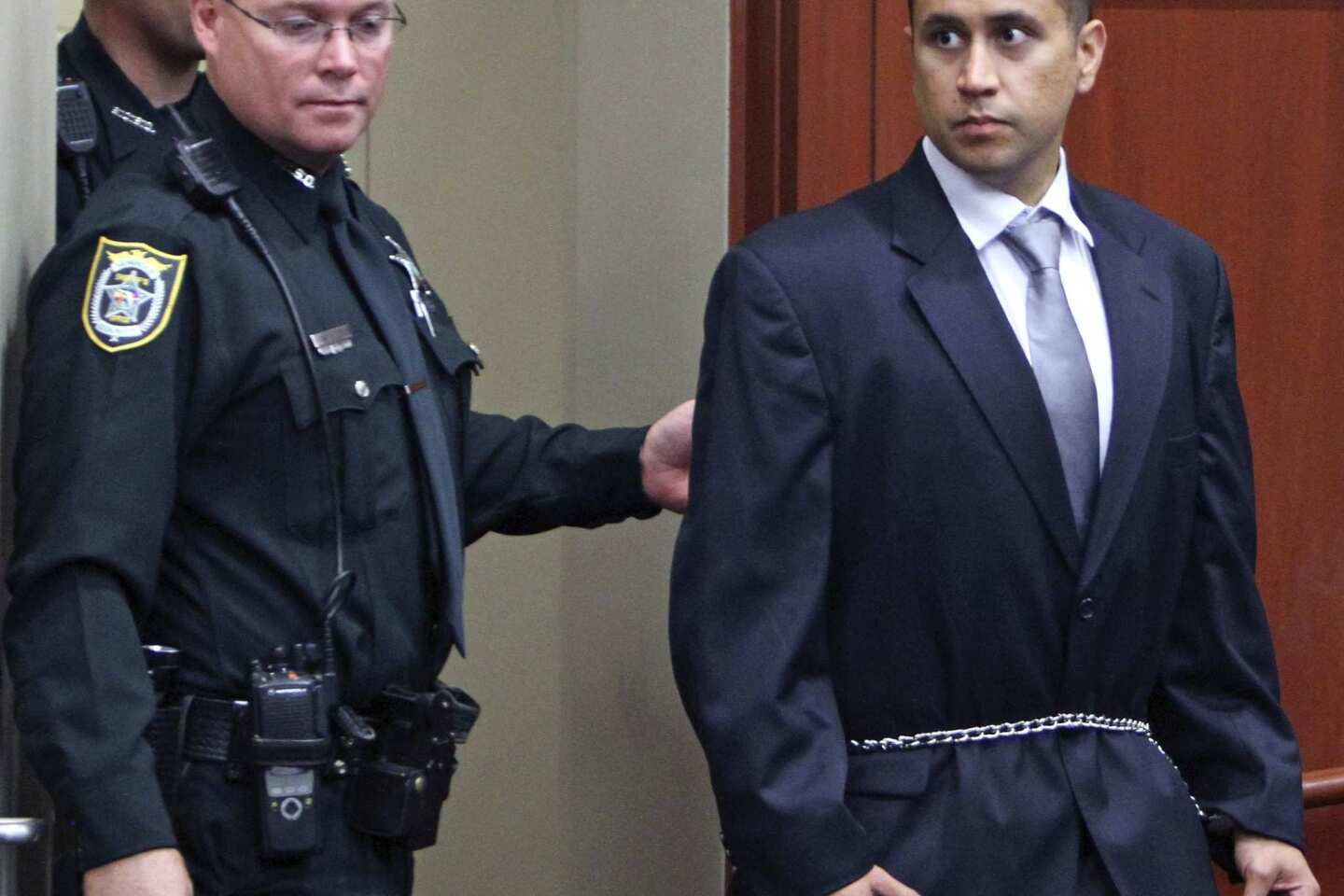
More: Surprise witness: Authorities do not know who started the fight (Gary W. Green / Associated Press)
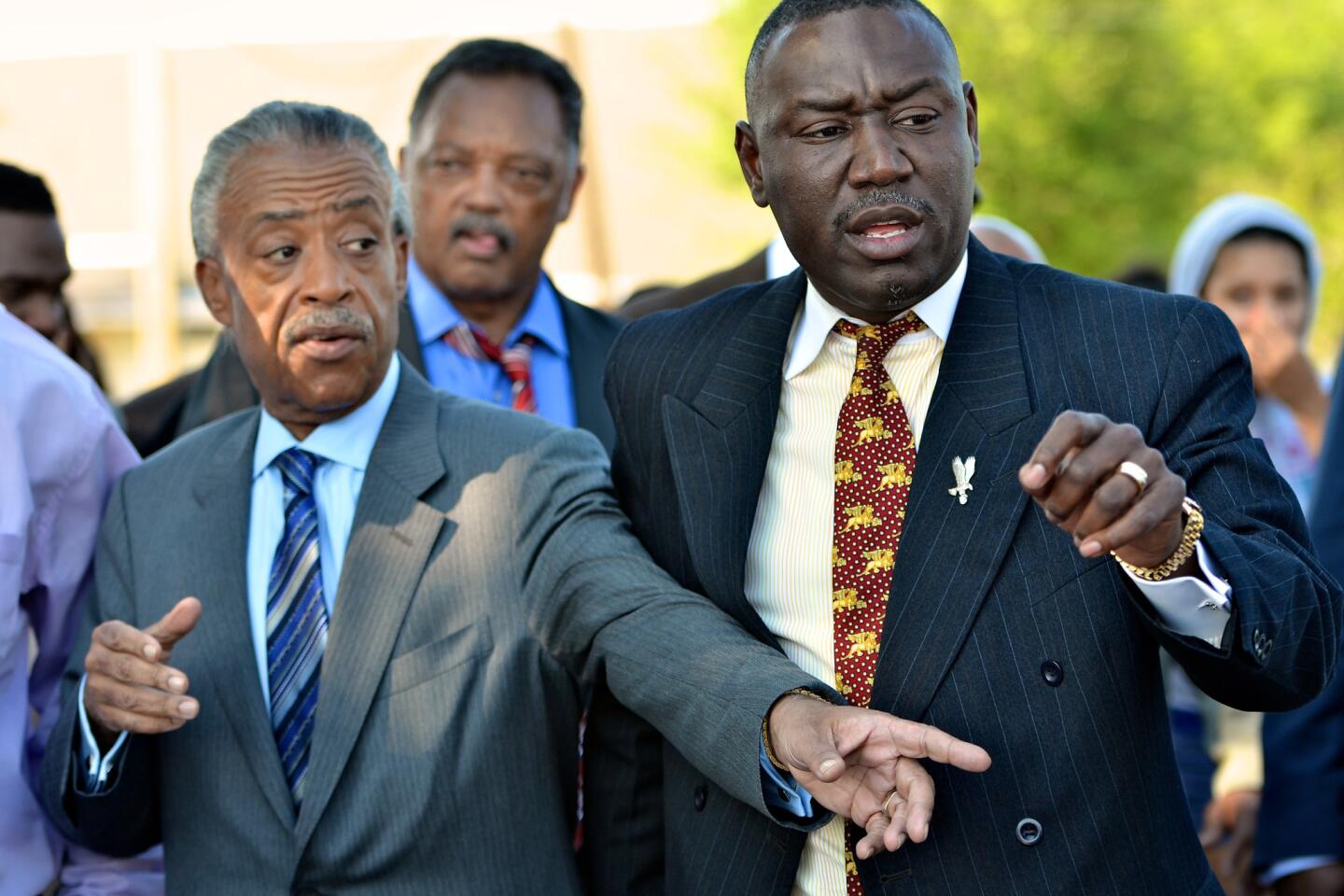
More: Demanding George Zimmerman be arrested (Roberto Gonzalez / Getty Images)
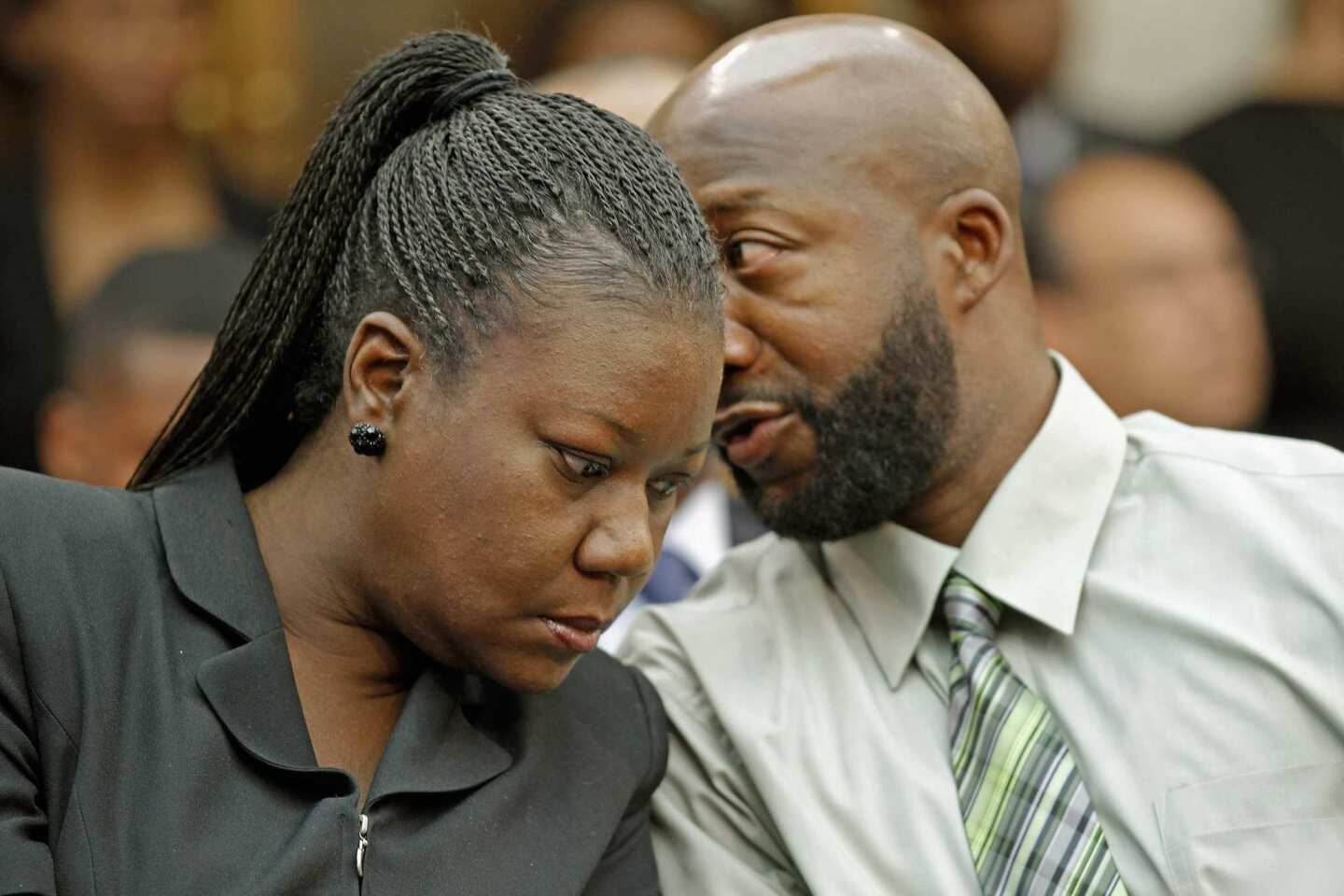

More: Police chief gets a vote of no confidence after killing (Mario Tama / Getty Images)
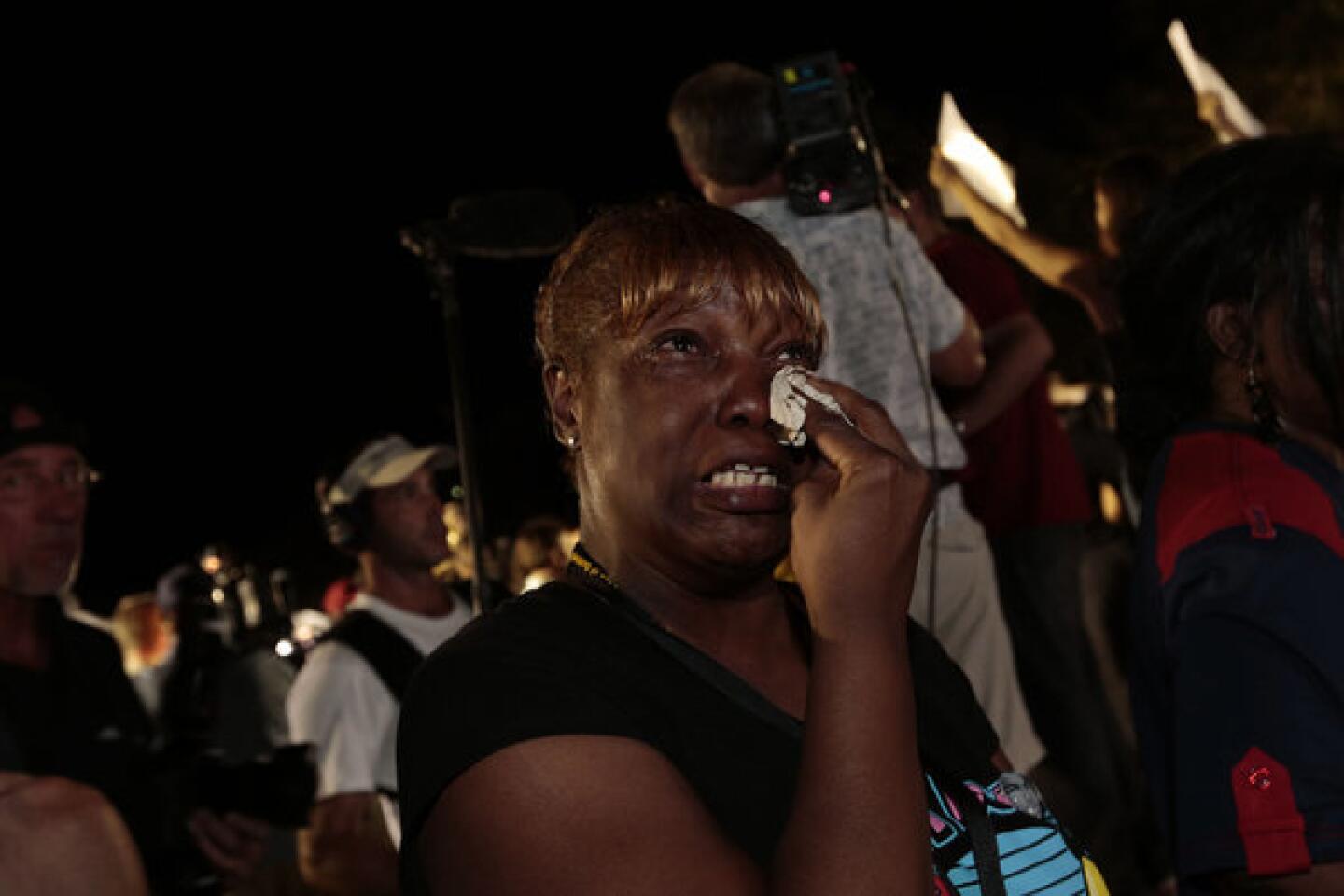
WASHINGTON -- The mother of Trayvon Martin -- the unarmed 17-year-old who was shot to death last year in Florida, sparking a national debate about âstand your groundâ laws -- testified Tuesday about the need to amend a law that âdoes not work.â
Speaking just months after George Zimmerman was acquitted of second-degree murder charges in her sonâs February 2012 death in Florida, Sybrina Fulton appeared before the Senate Subcommittee on the Constitution, Civil Rights and Human Rights to ask its members to âseriously take a lookâ at the 2005 Florida law and similar ones passed in more than a dozen other states since then.
Sen. Dick Durbin (D-Ill.), the chairman of the subcommittee, agreed that it was time for the laws âto be carefully reviewed and reconsidered.â
âWhatever the motivation behind them, itâs clear these laws often go too far in encouraging confrontations that escalate into deadly violence,â Durbin said in his opening statement. âTheyâre resulting in unnecessary tragedies and they are diminishing accountability under our justice system.â
The hearing sparked a conversation among lawmakers and witnesses about the ambiguity of such laws, the racial implications they might have, and the role of the federal government in considering challenges to them.
The elimination of a potential victim of an attackâs âduty to retreatâ by many of the laws was a point of contention, with critics saying the laws emboldened people to escalate a confrontation, rather than requiring them to leave if they could do so safely.
âThese laws permit and, quite frankly, encourage individuals to use deadly force even in situations where lesser or no physical force would be appropriate,â said Rep. Marcia L. Fudge (D-Ohio), testifying at the hearing. She said the laws foster âa Wild West environment in our communities, where individuals play the role of judge, jury and executioner.â
But others, including Sen. Ted Cruz (R-Texas), the ranking Republican on the subcommittee, said the right of people to stay and âstand their groundâ stems from a 1895 Supreme Court decision.
Cruz said the notion that âyouâre obliged to turn and run rather than to defend yourself is a notion that is contrary to hundreds of years of our jurisprudence and to the rights that protect all of us.â
But that language retreats from the common-law duty of retreat and âprovides immunity from criminal arrestsâ when a shooter claims self defense, said Ronald S. Sullivan Jr., a Harvard law professor, citing the Zimmerman case as a key example.
Zimmerman was not initially arrested after Martinâs death because he said that he had acted in self-defense. He was arrested and charged with second-degree murder six weeks later after a special prosecutor was appointed to the case.
ALSO:
Terror in Terrell, Texas leaves 5 dead
Maine hermit, alone for 27 years, sentenced for stealing
Federal judge voids parts of Texasâ new anti-abortion law
More to Read
Sign up for Essential California
The most important California stories and recommendations in your inbox every morning.
You may occasionally receive promotional content from the Los Angeles Times.

